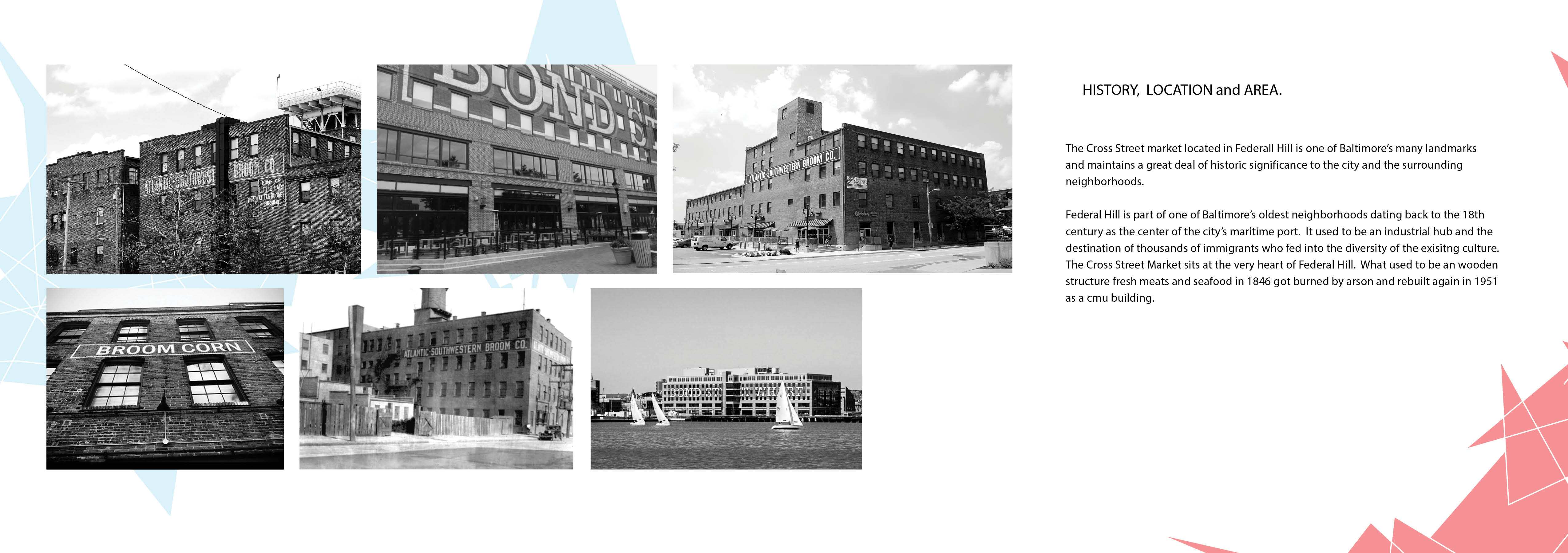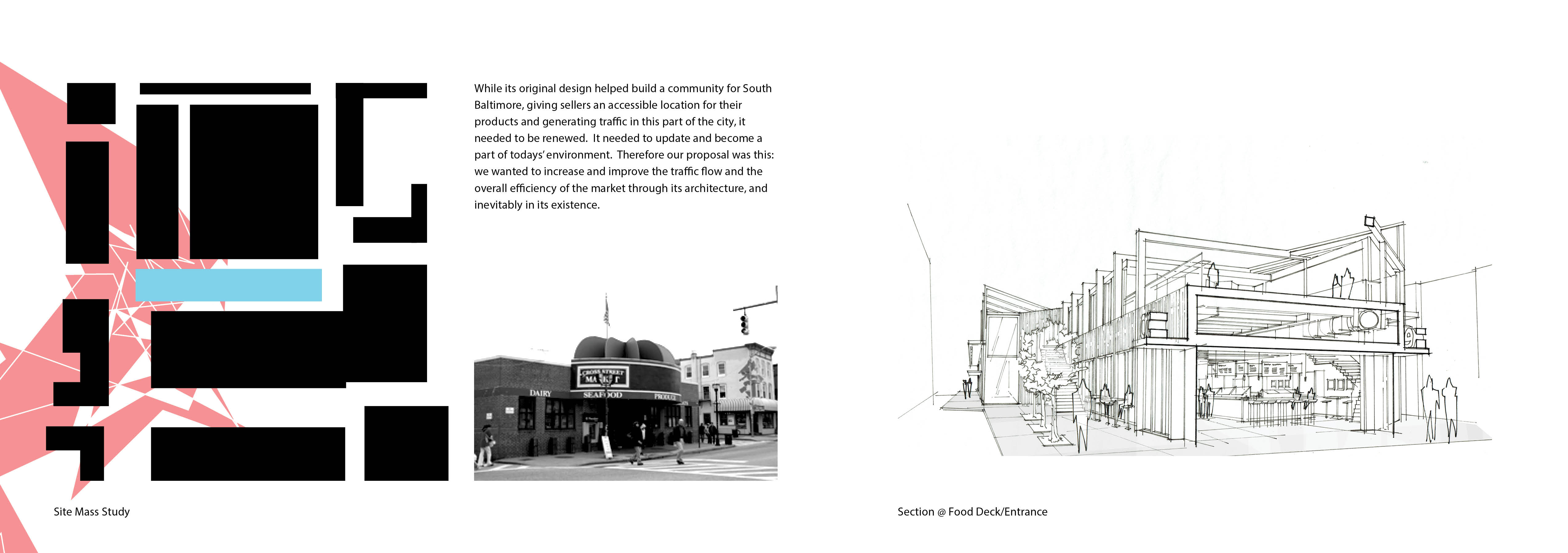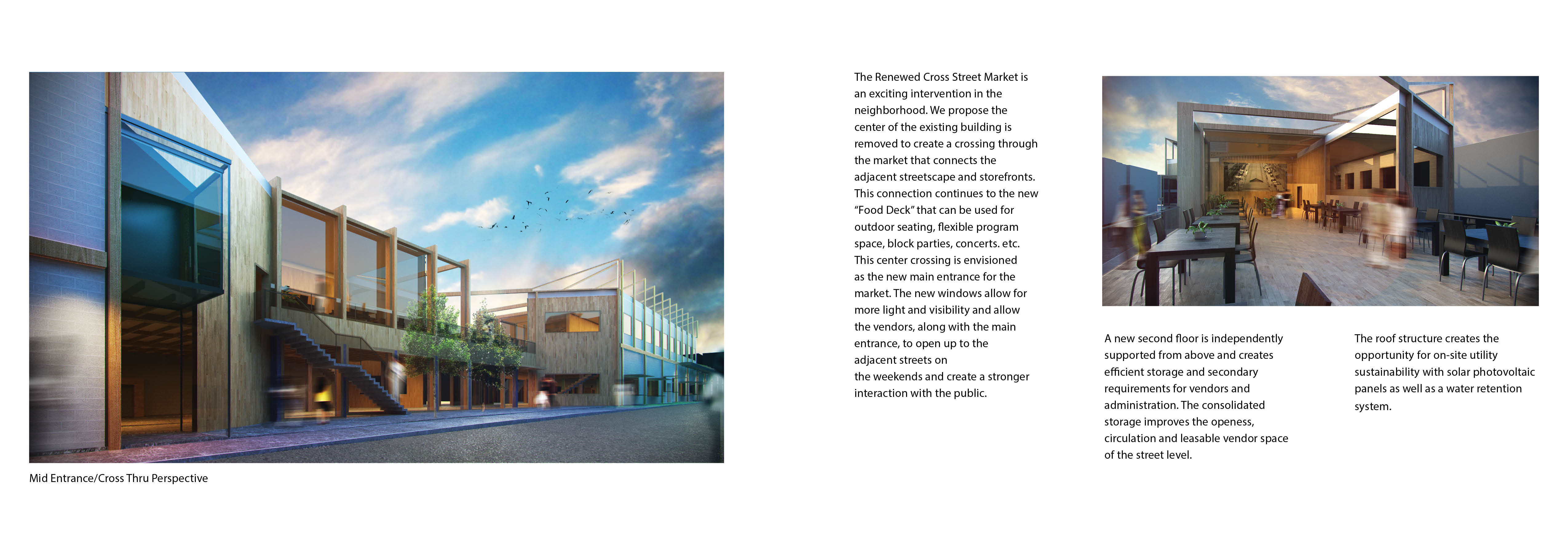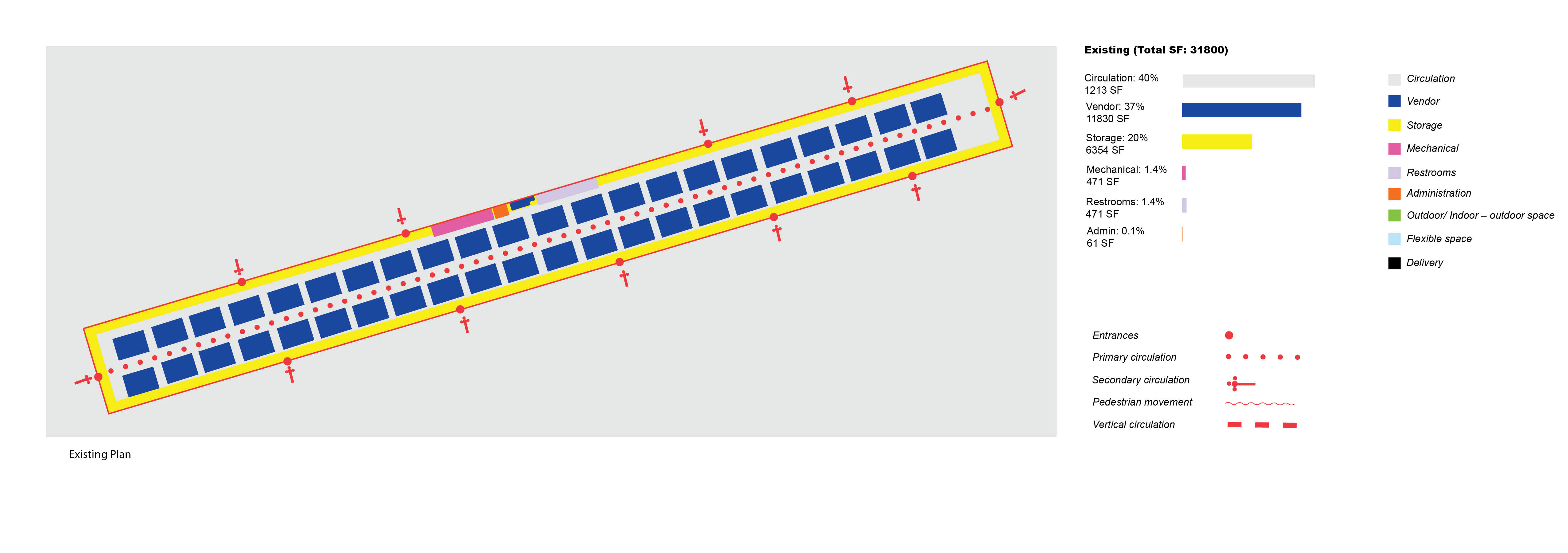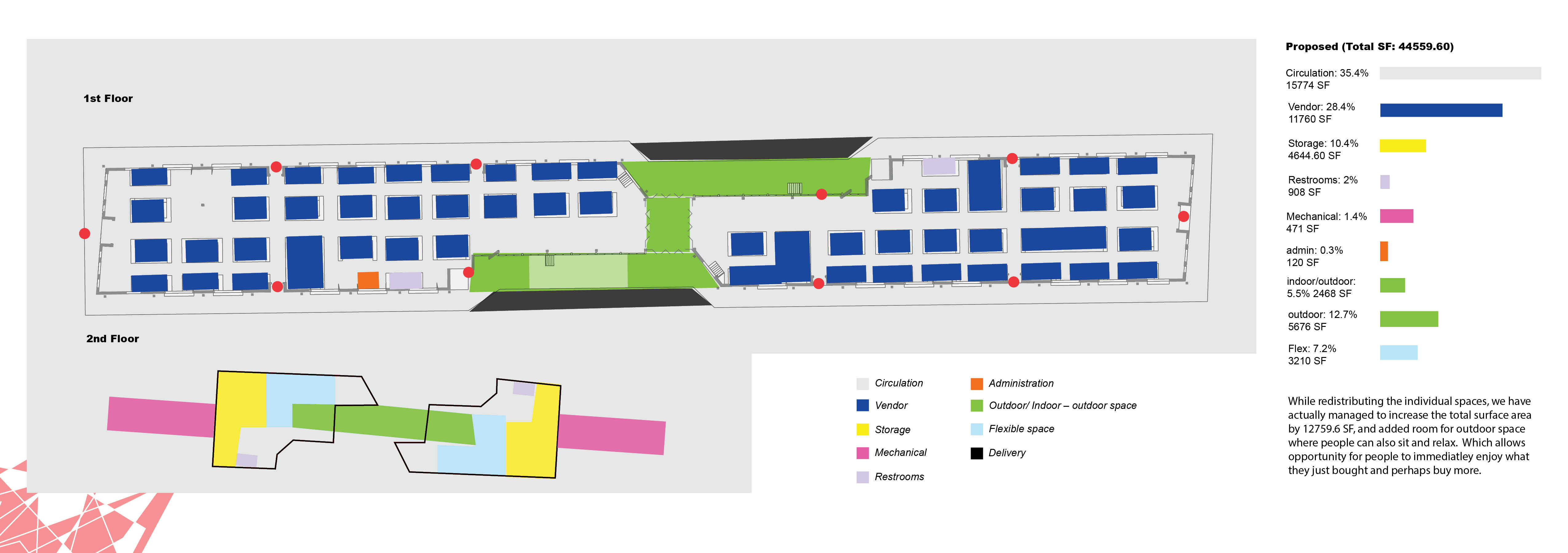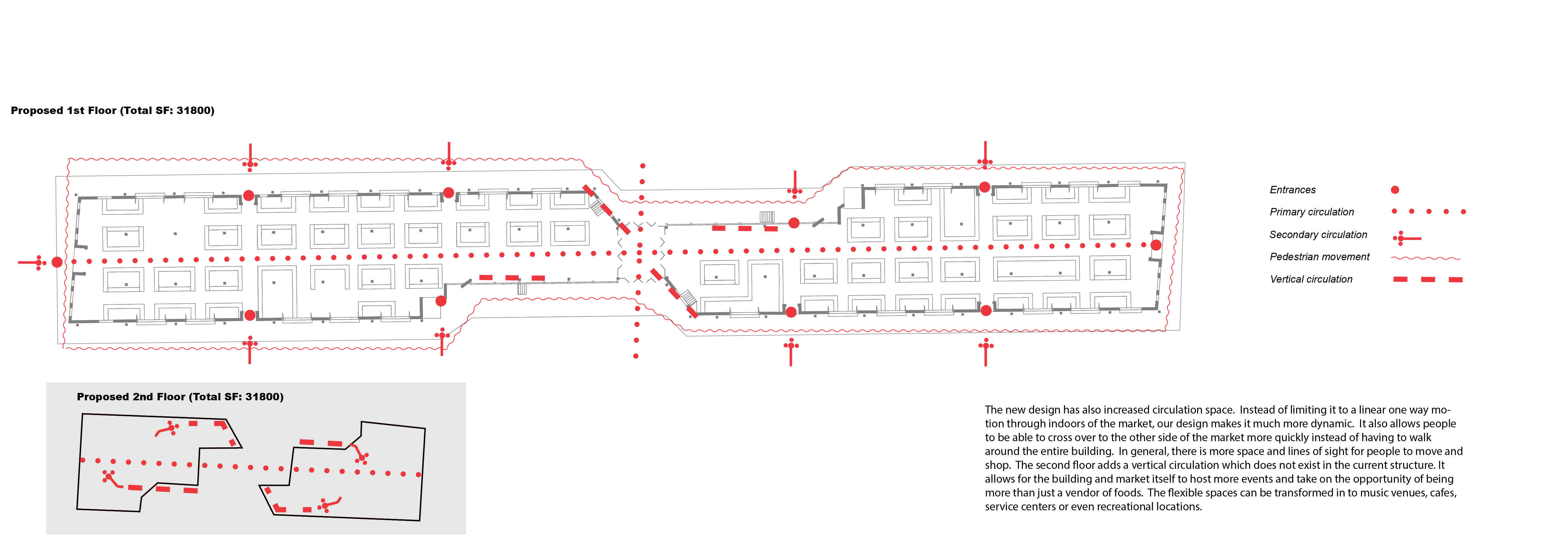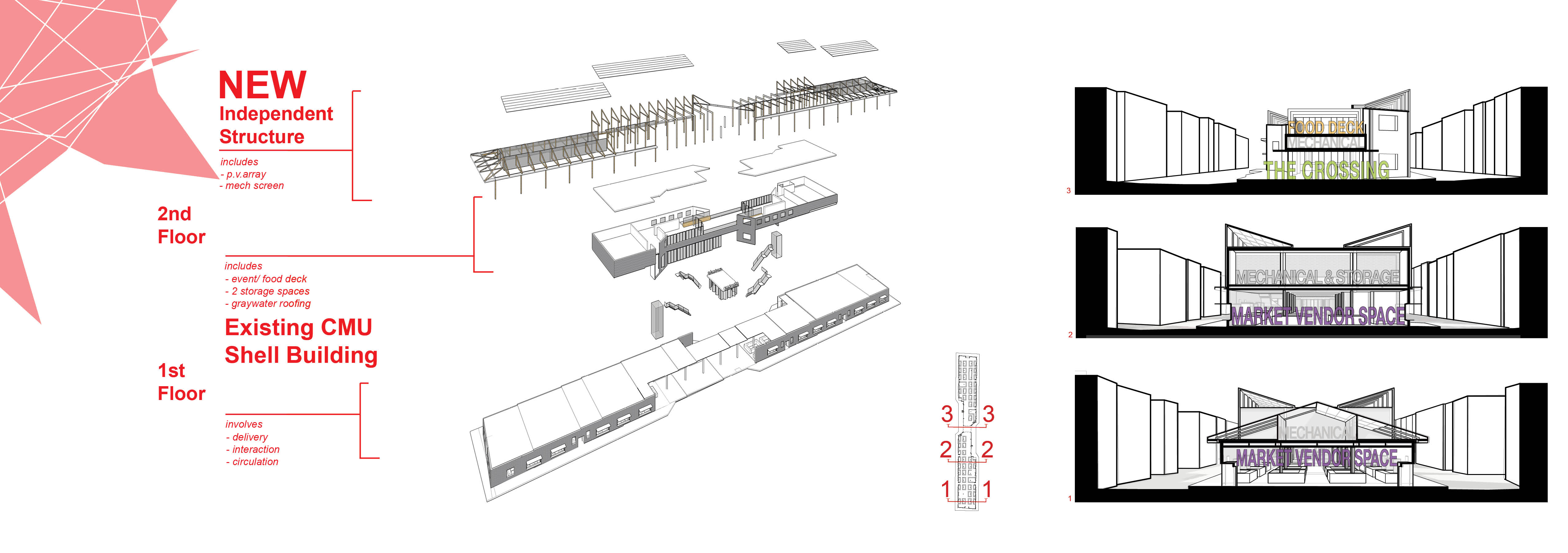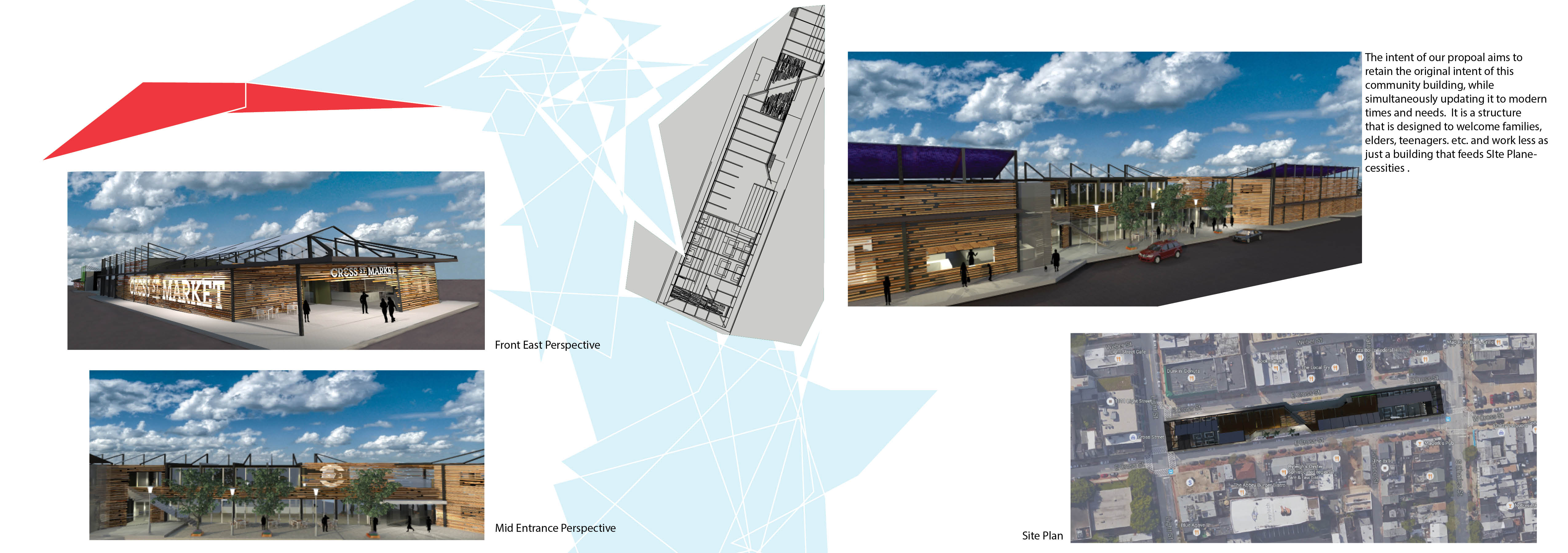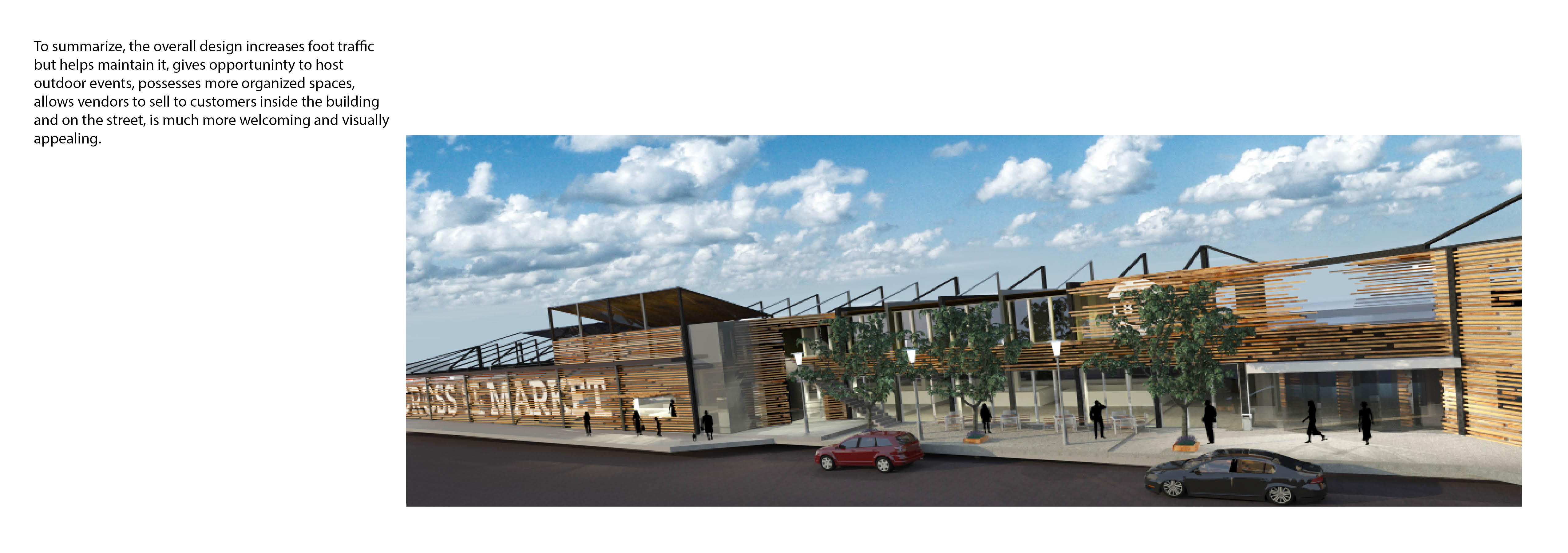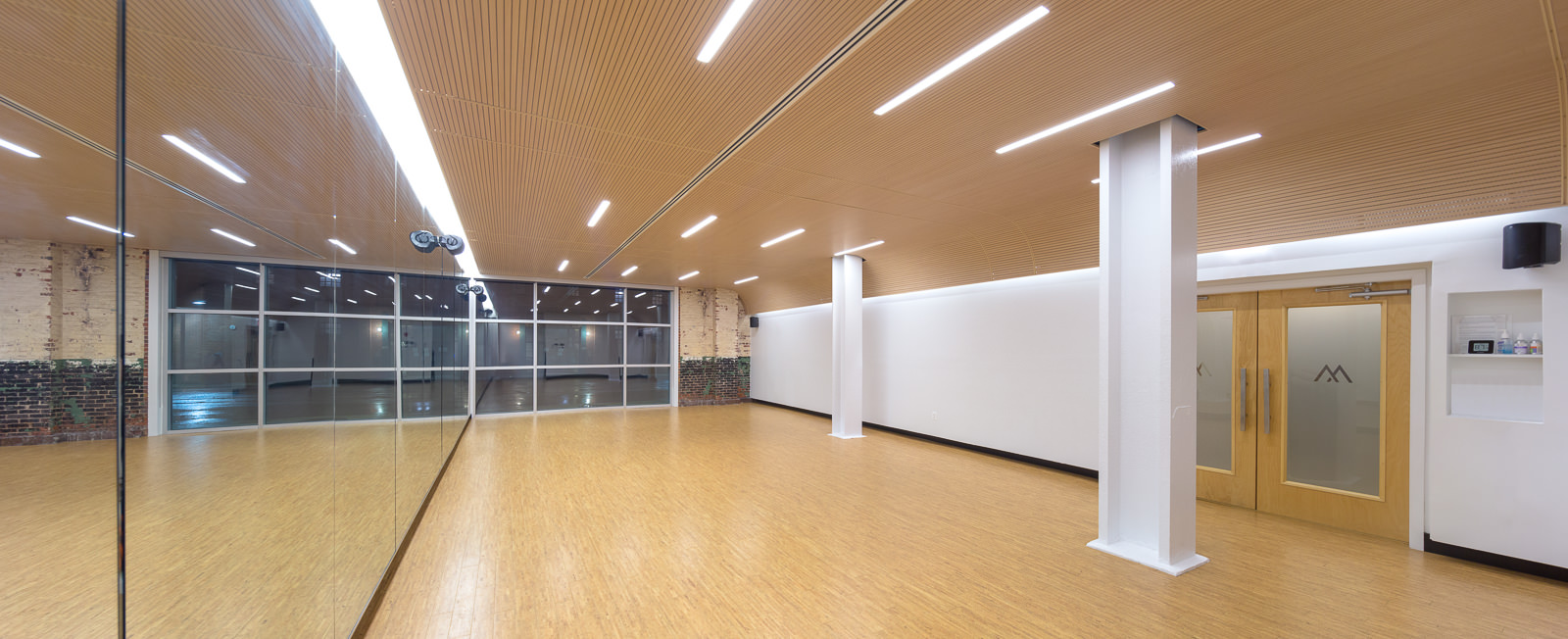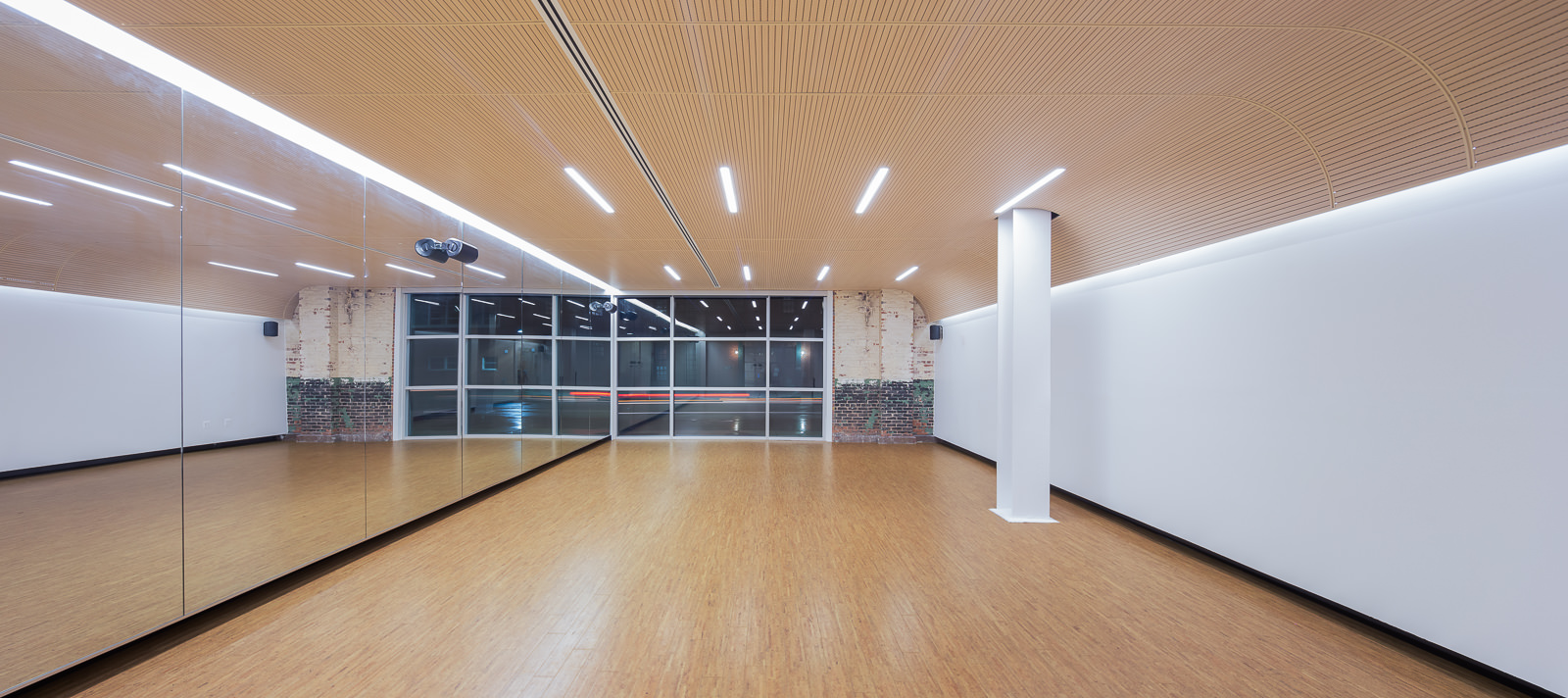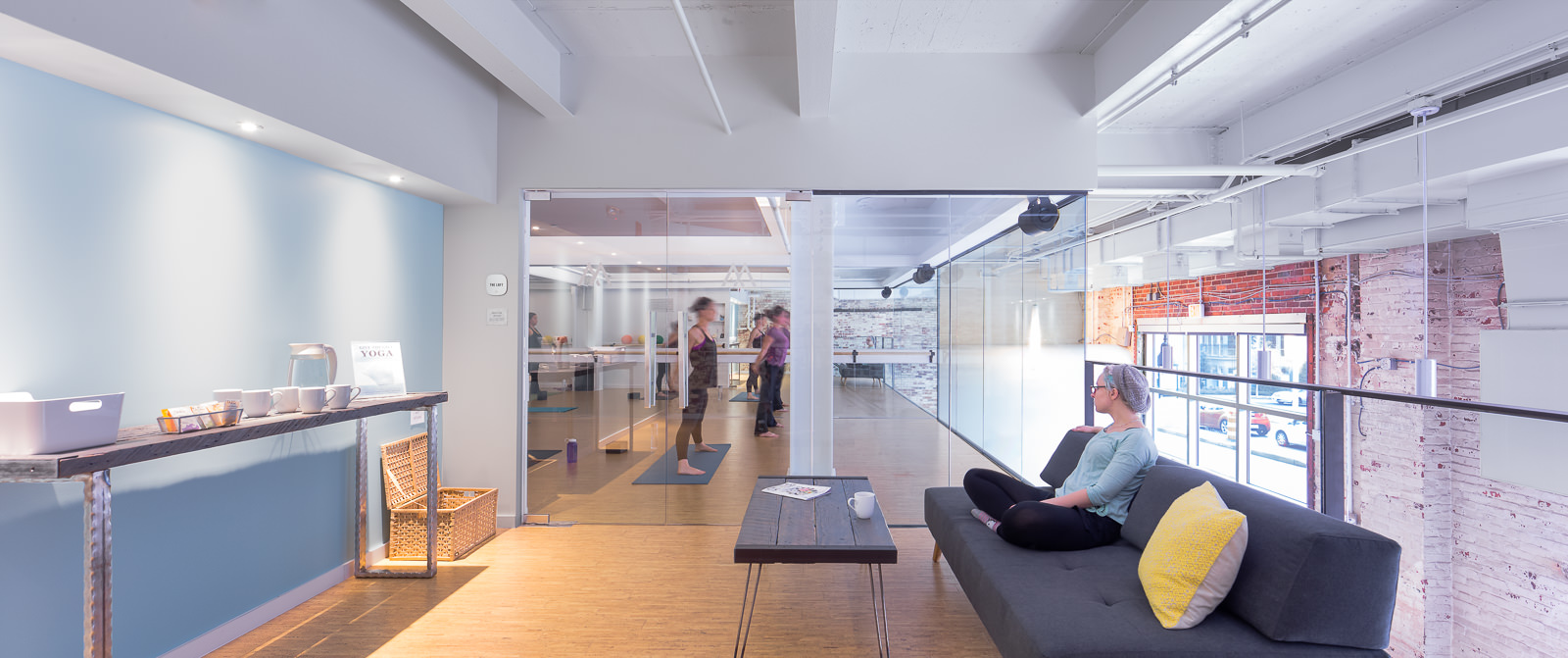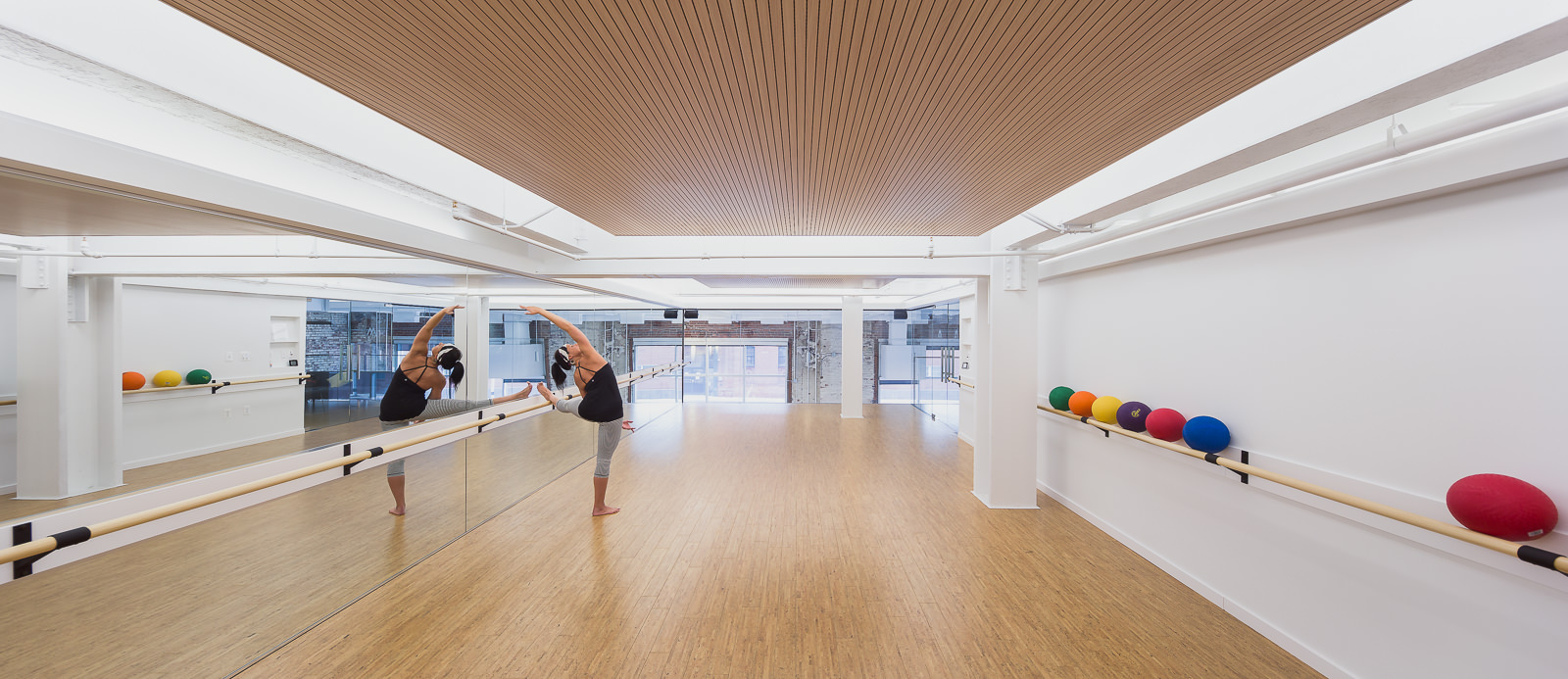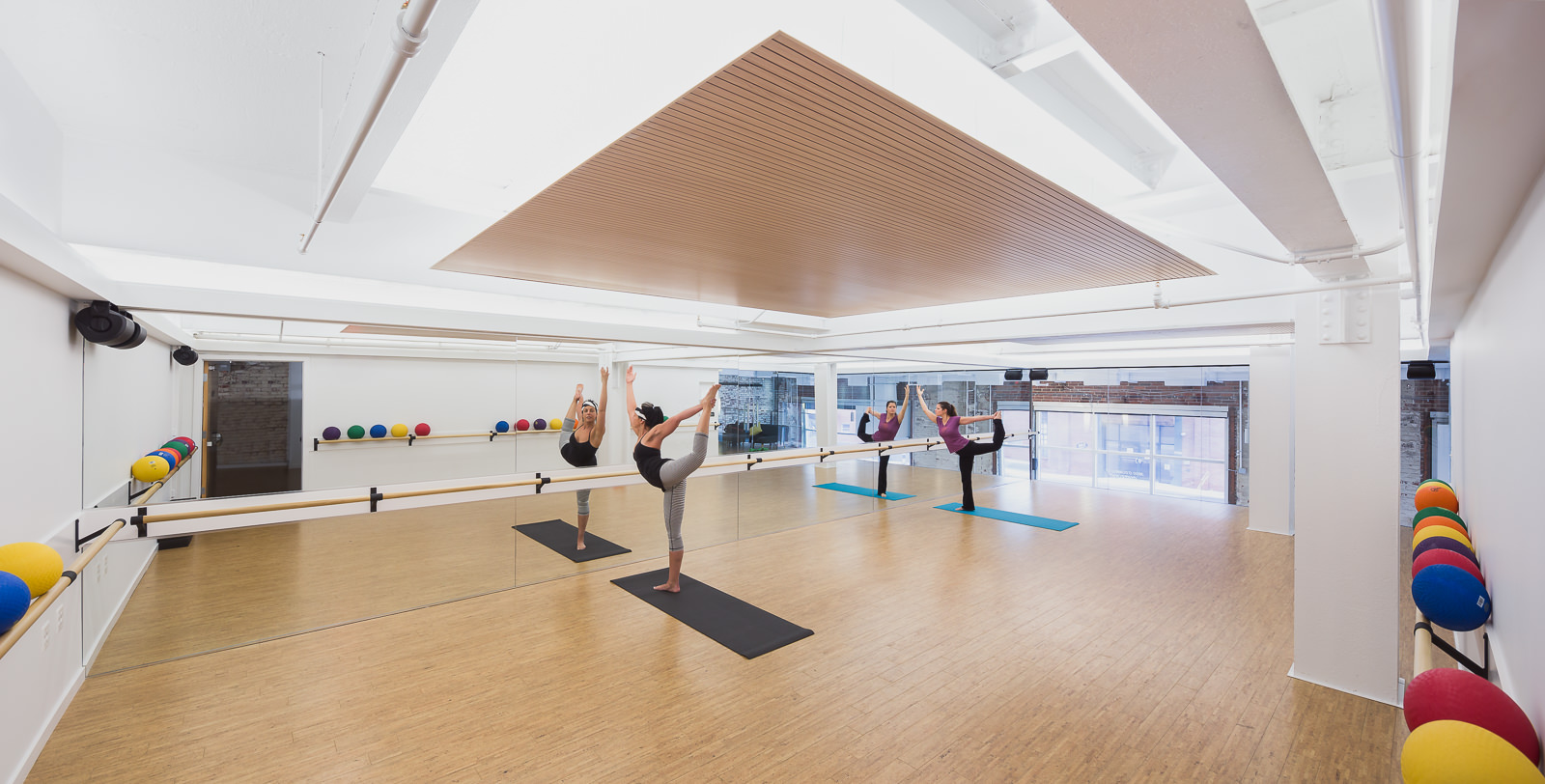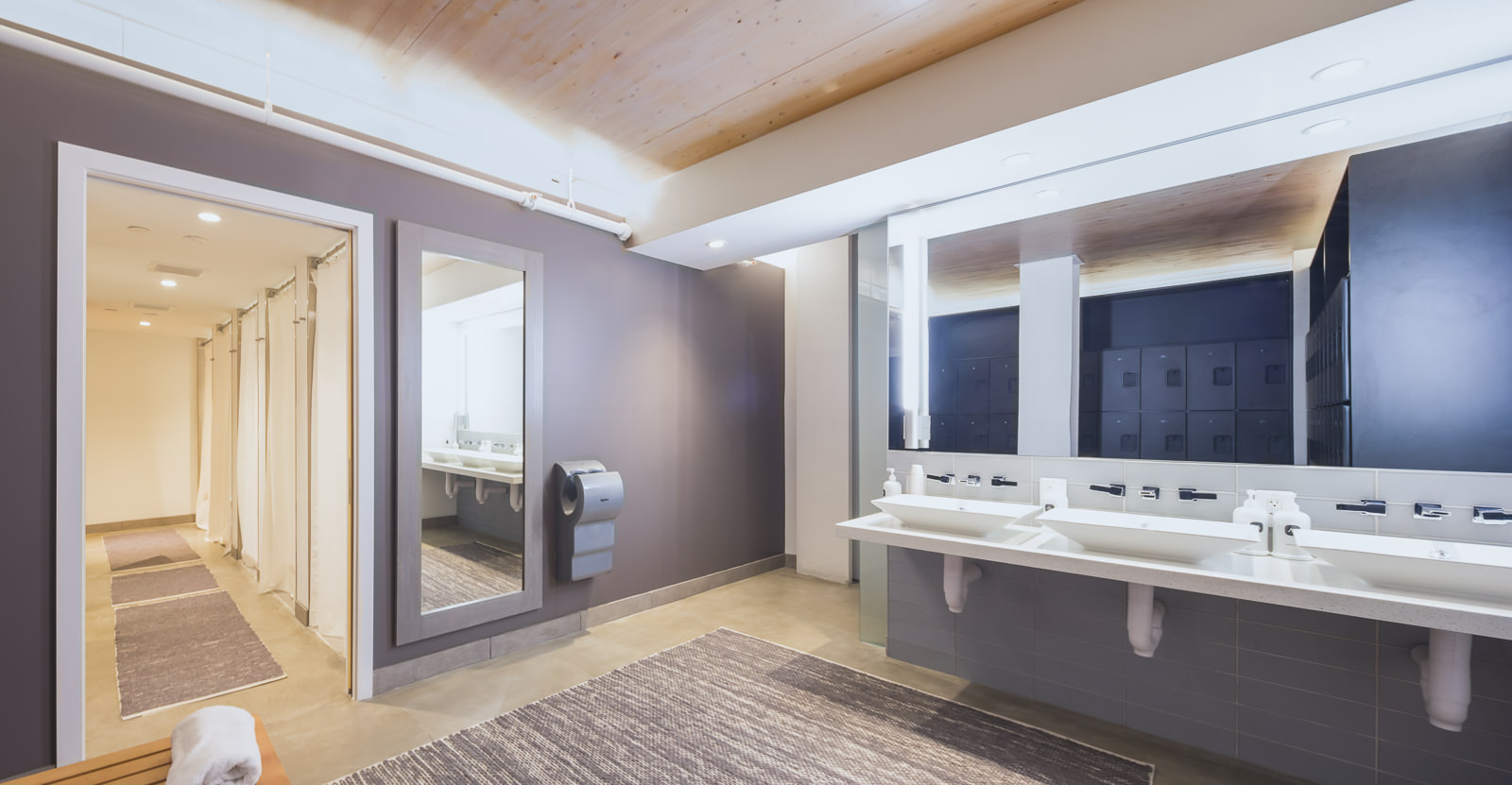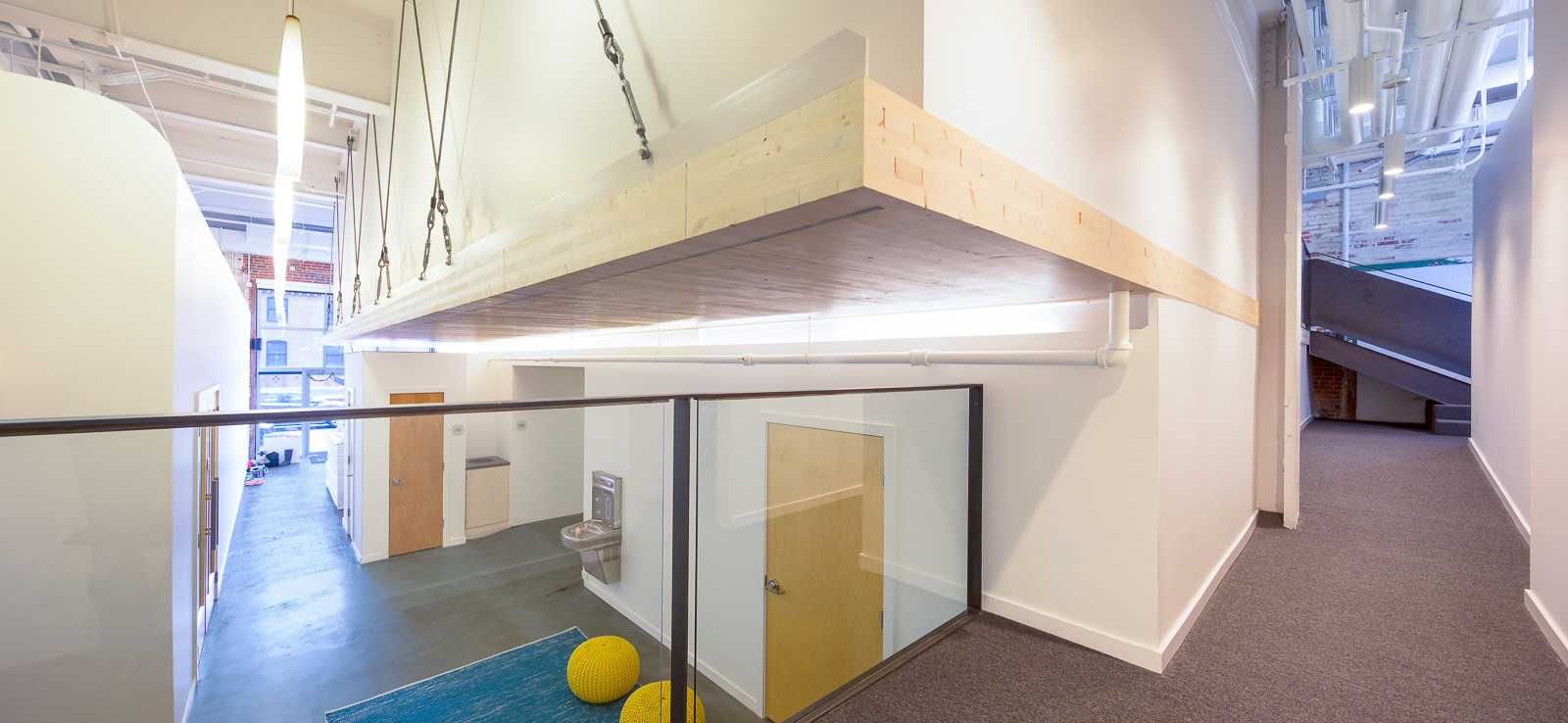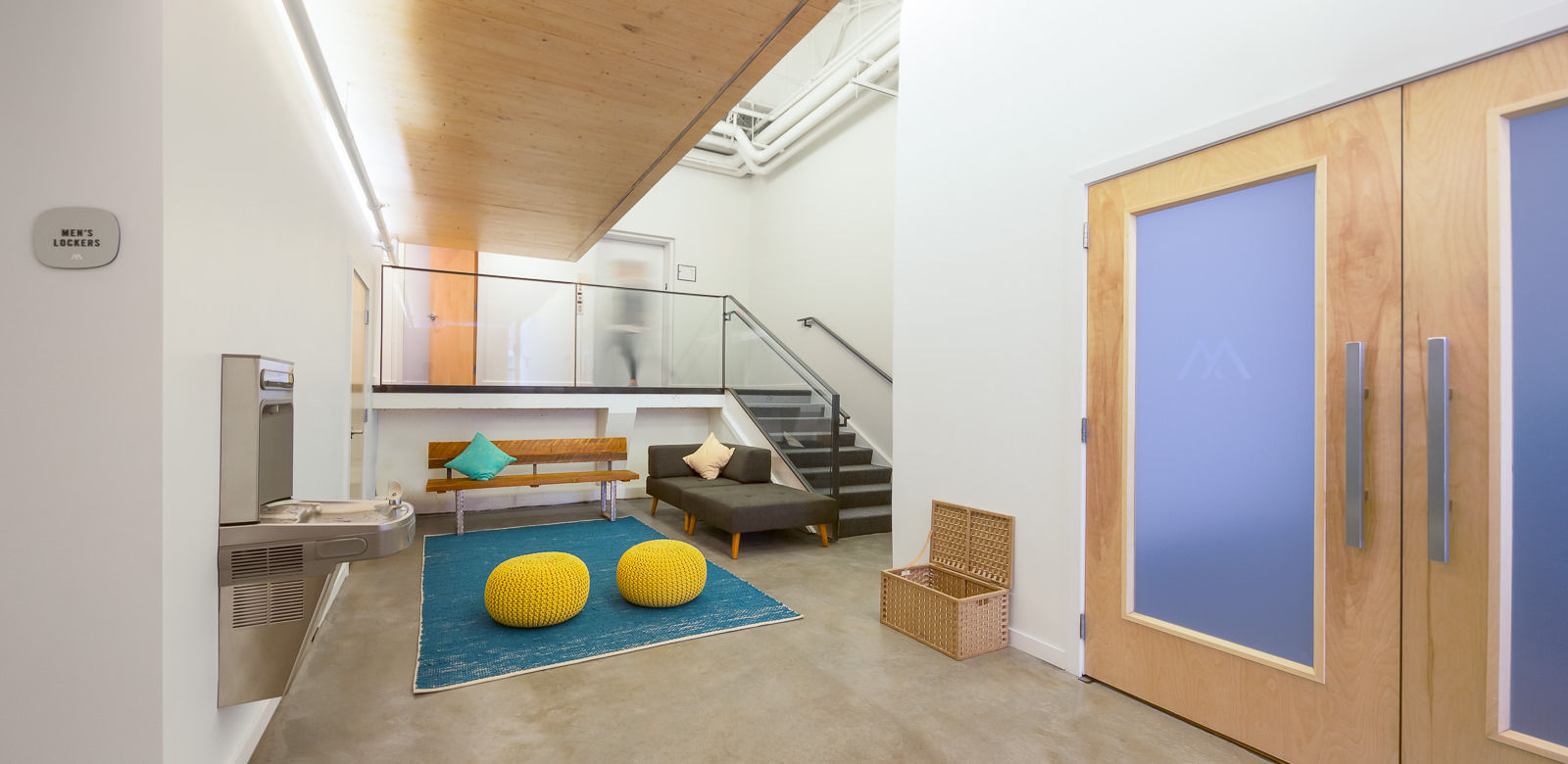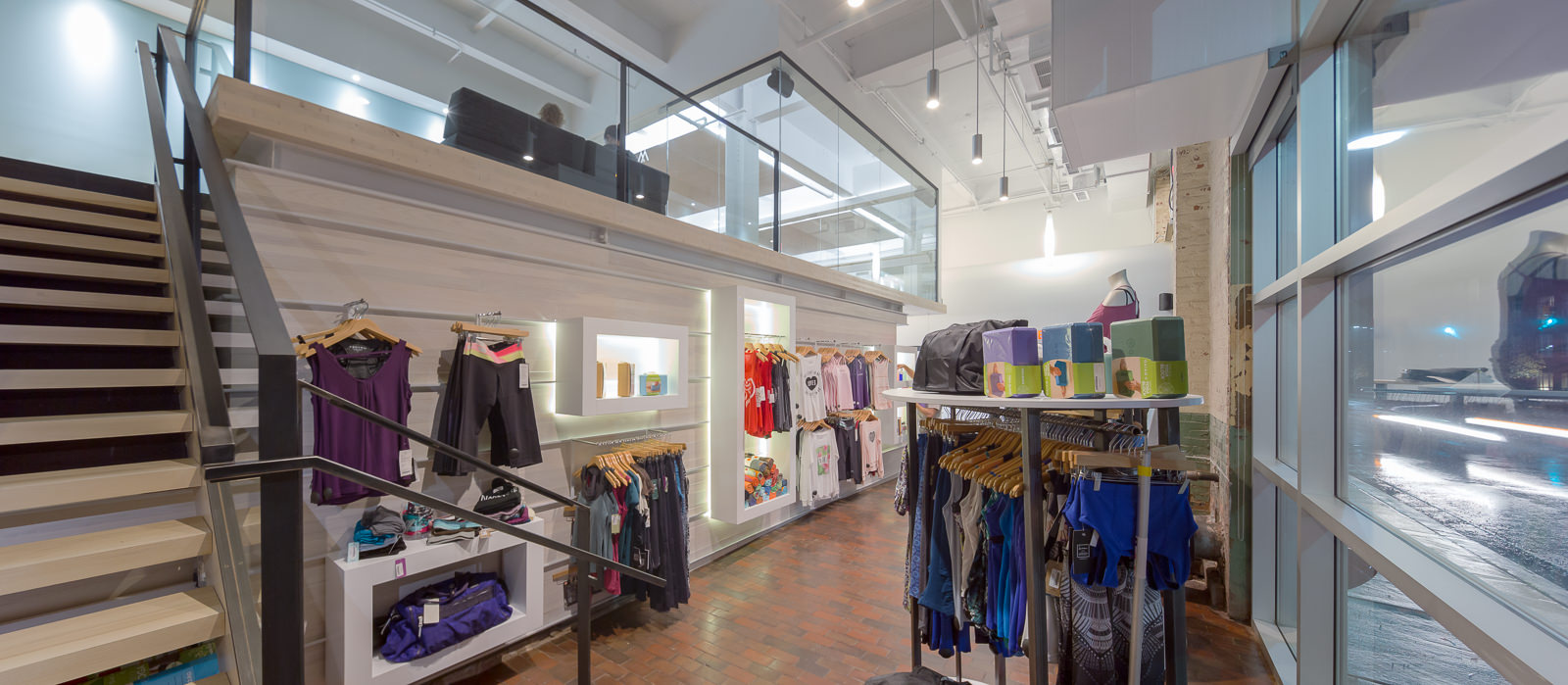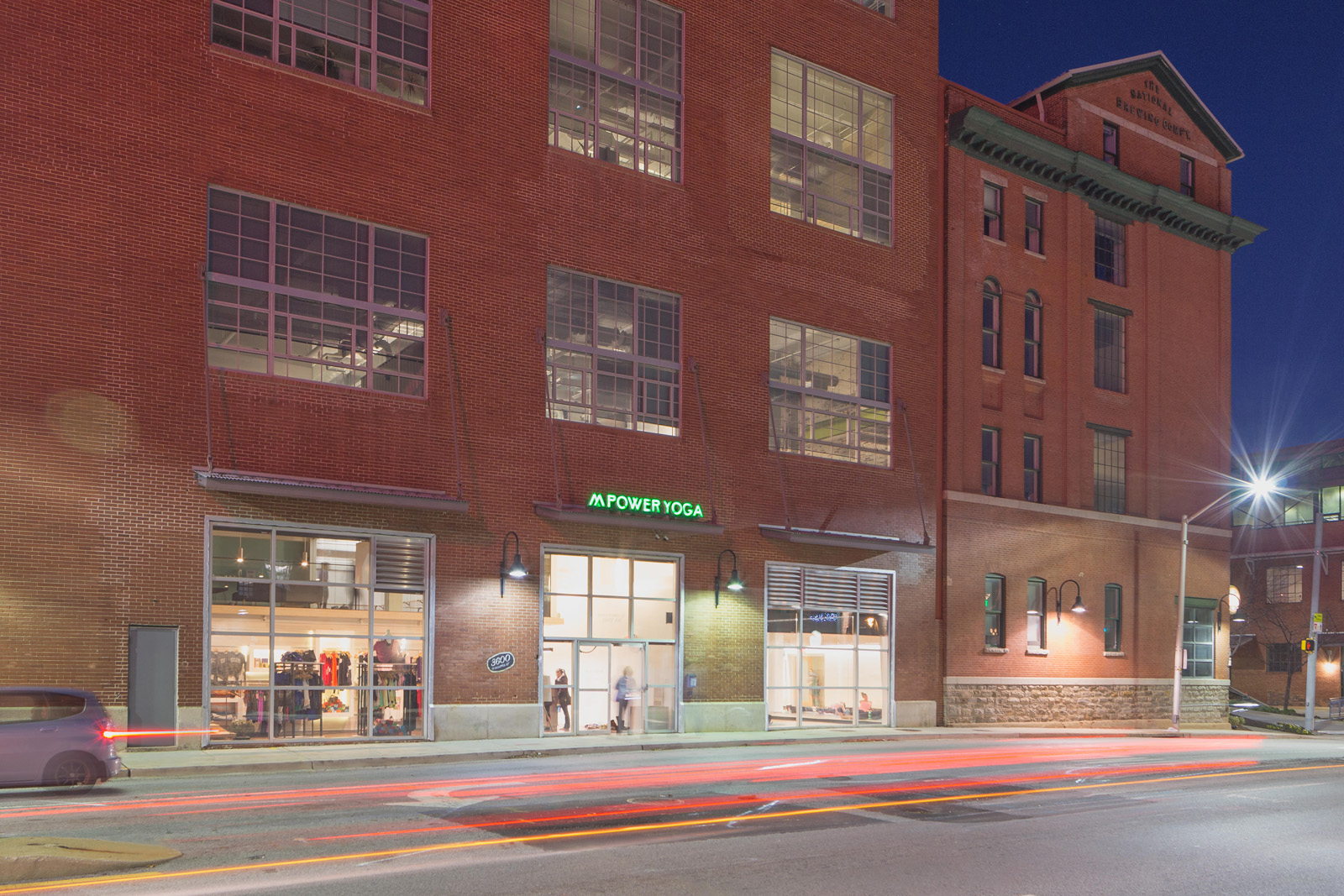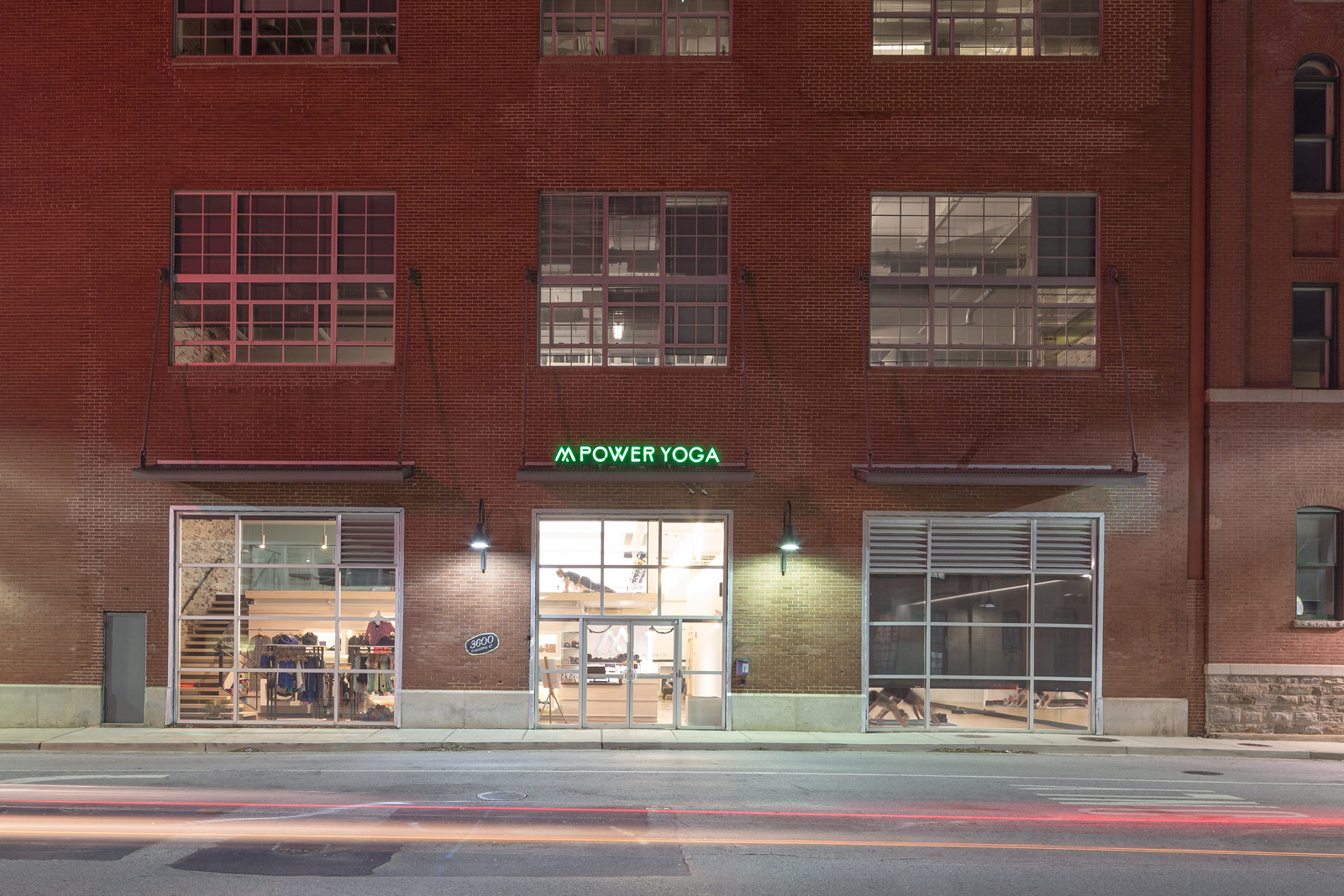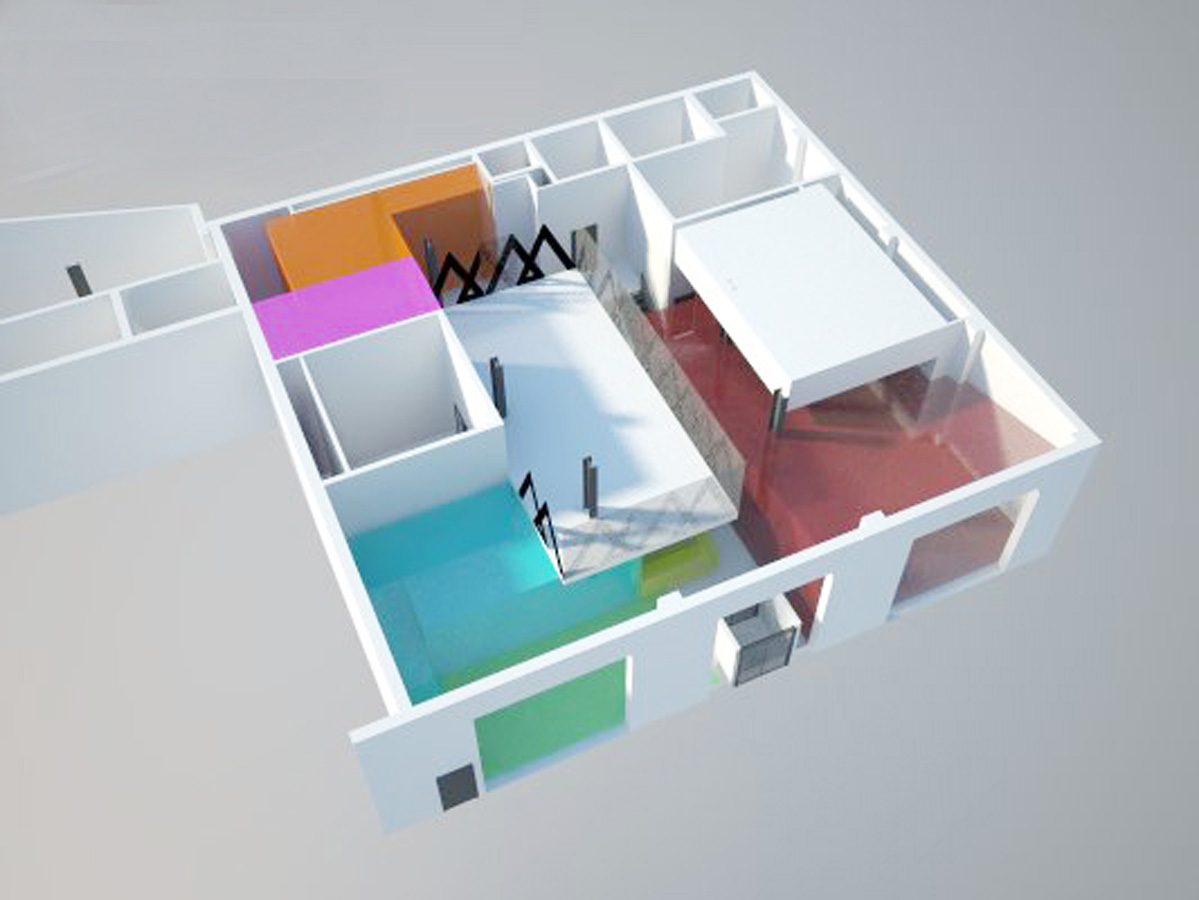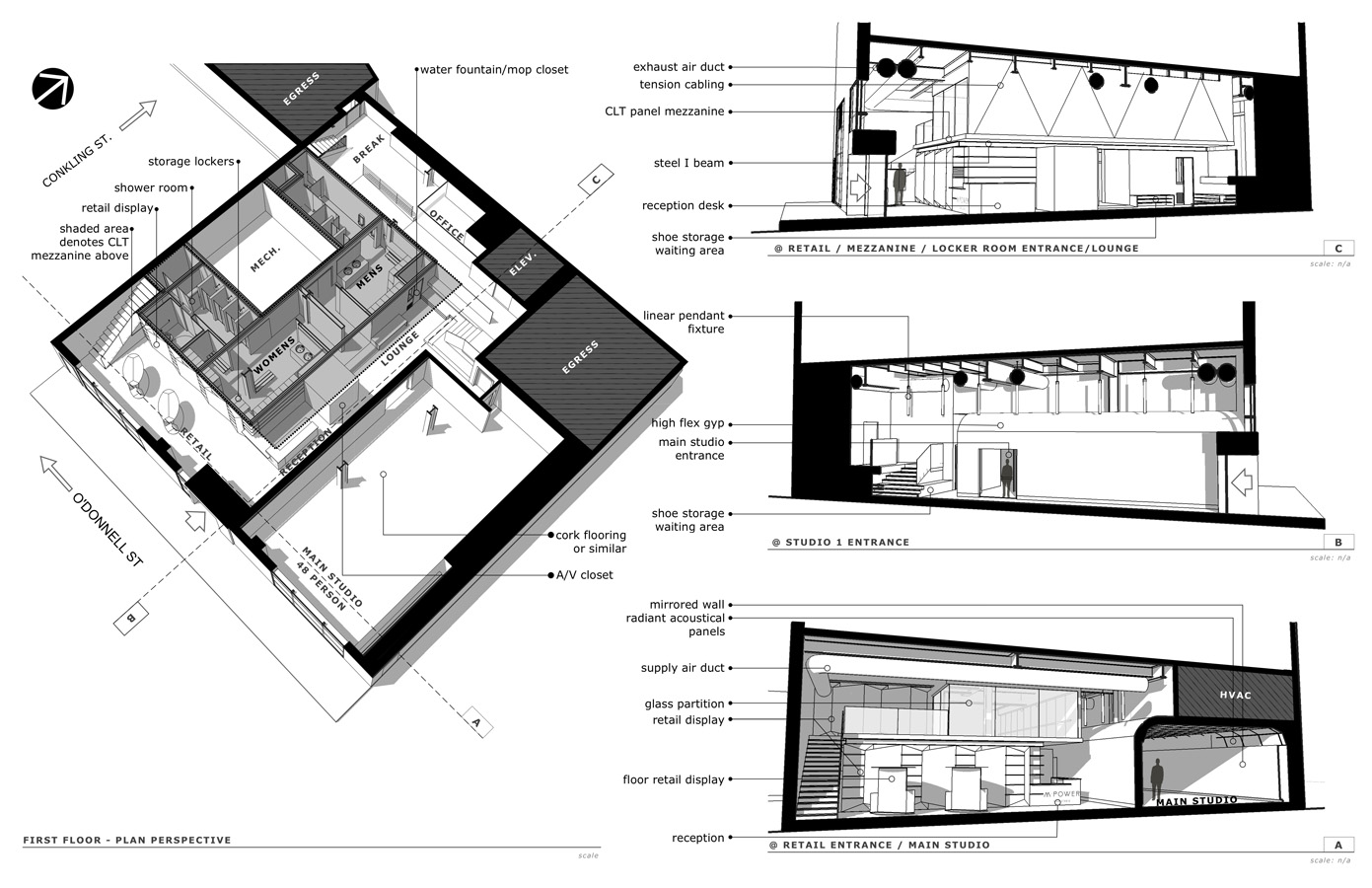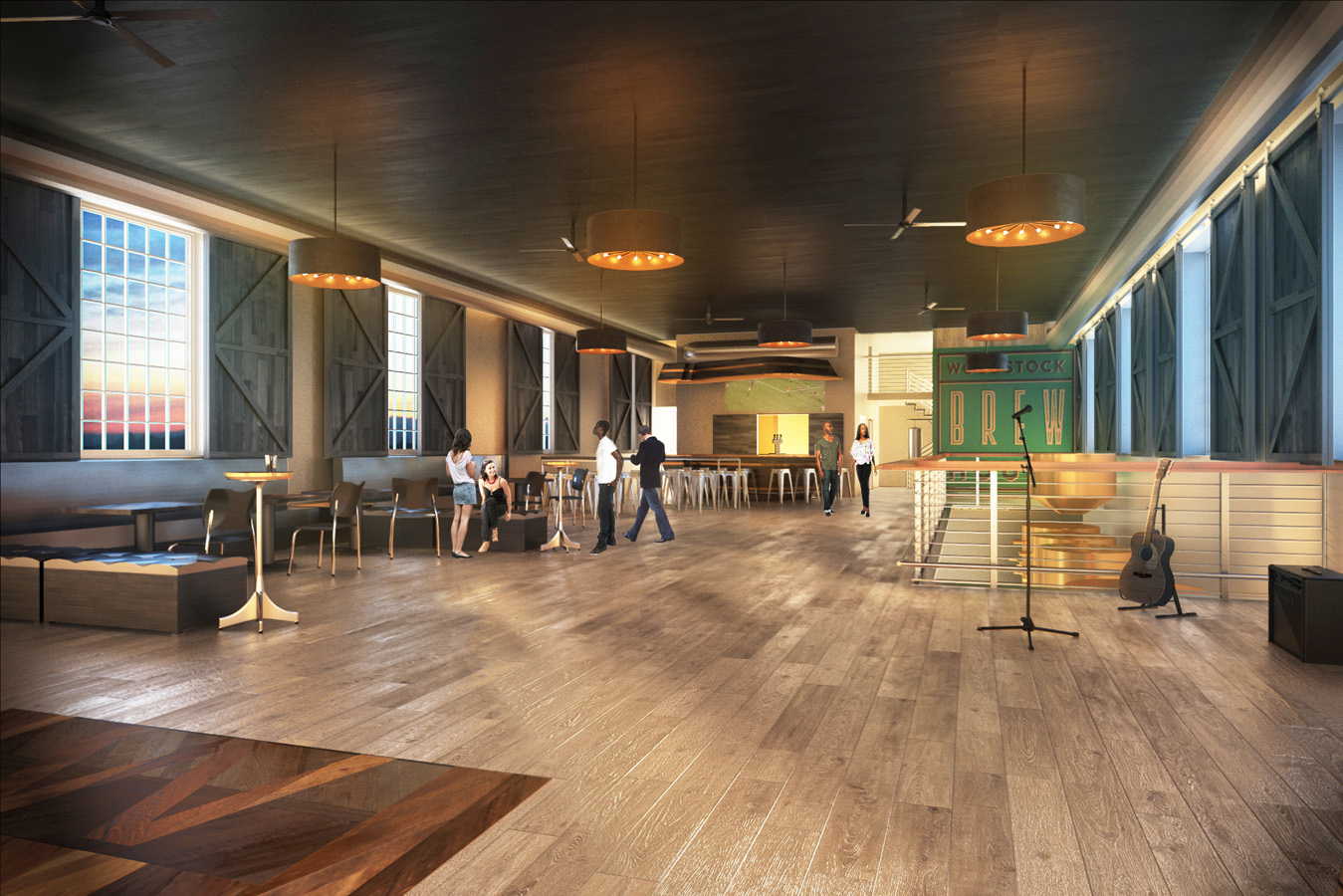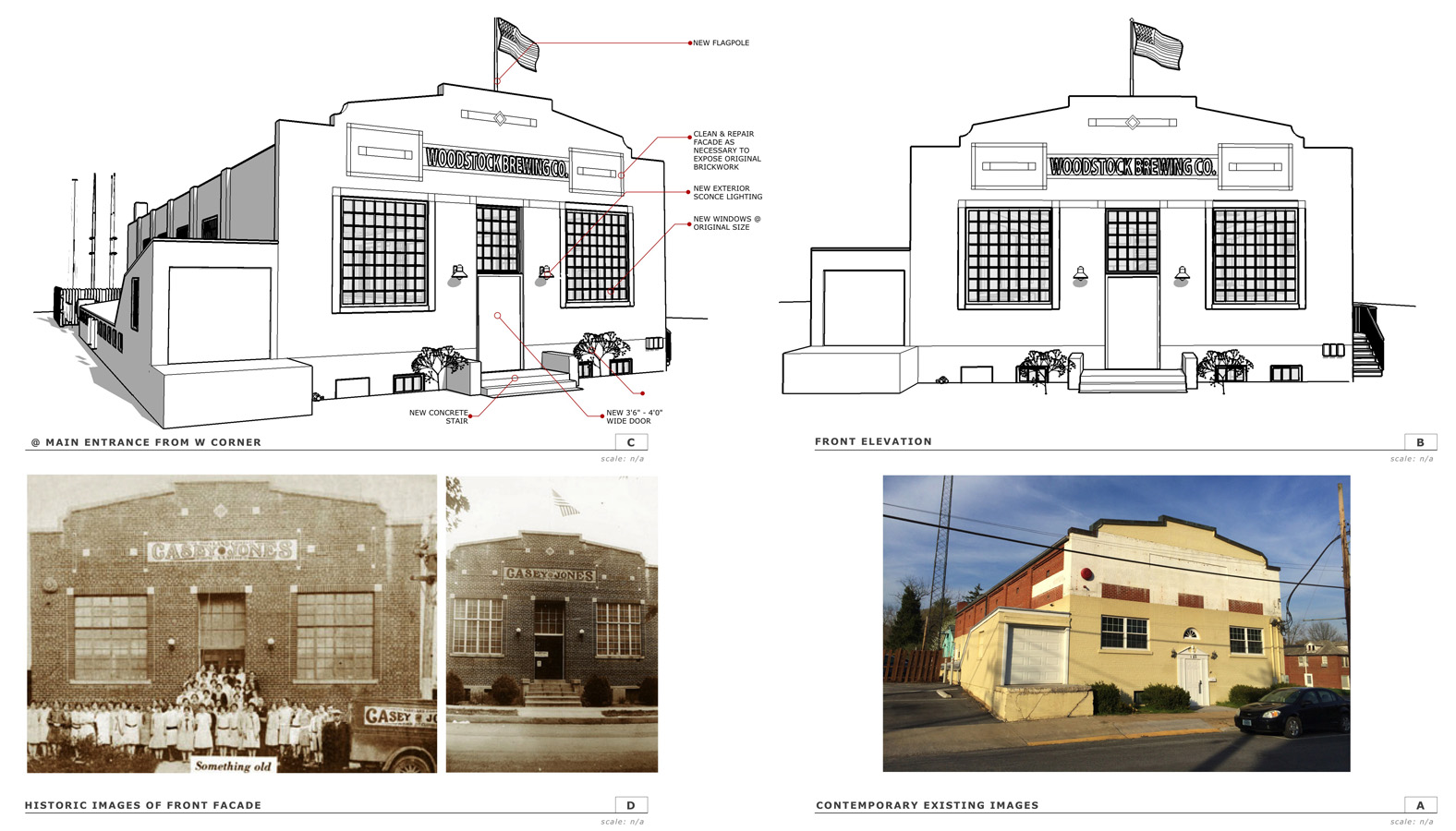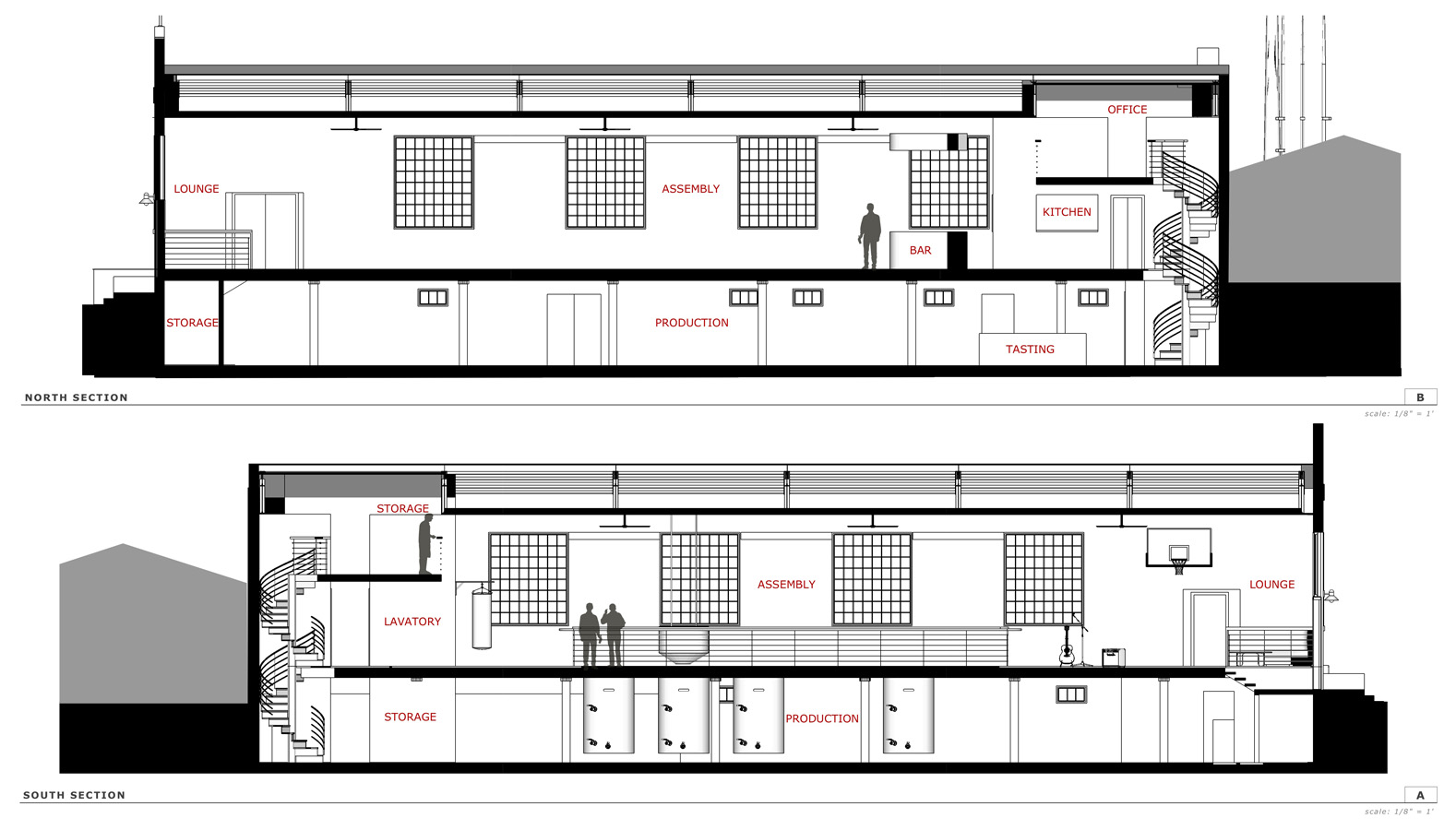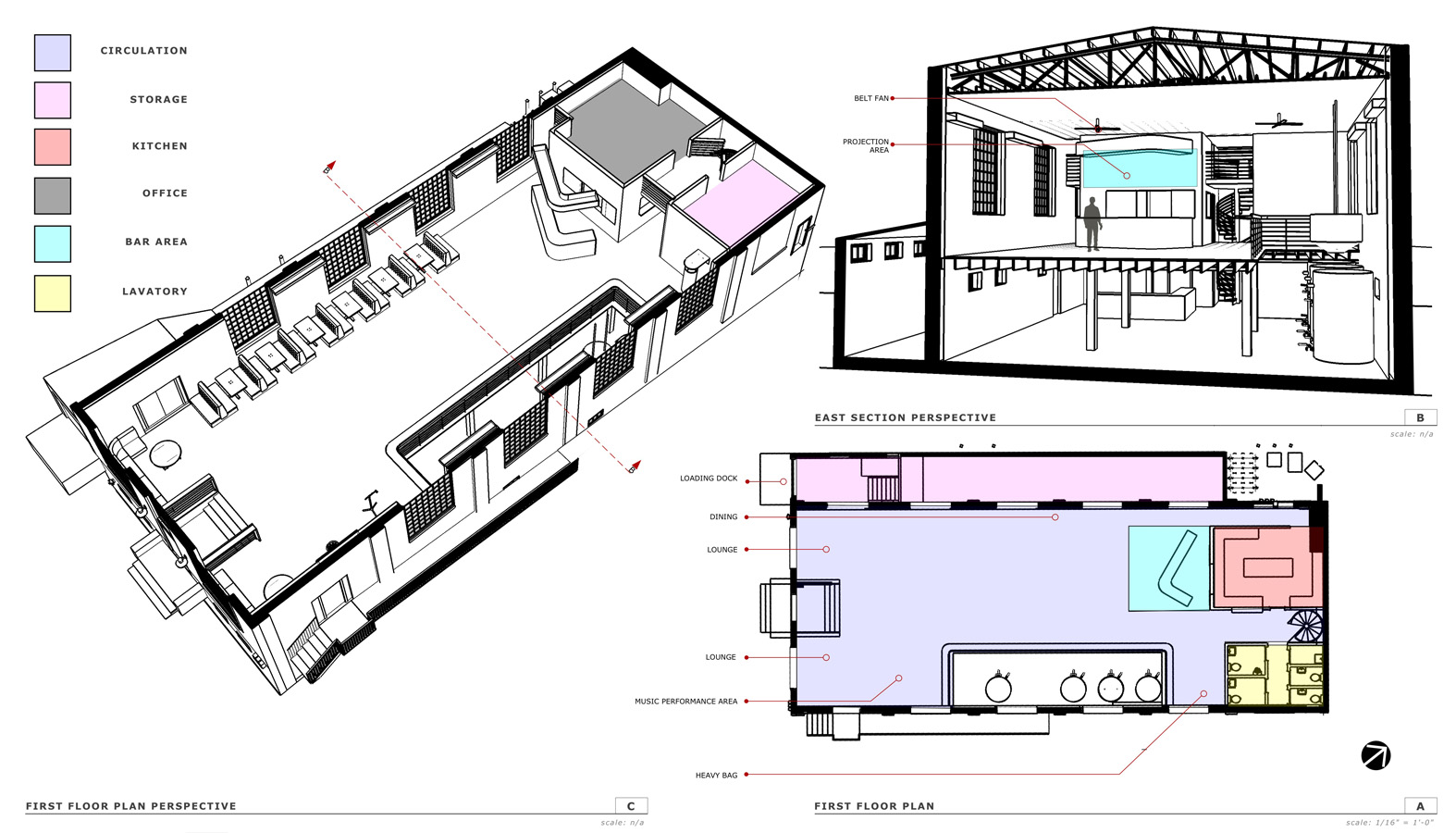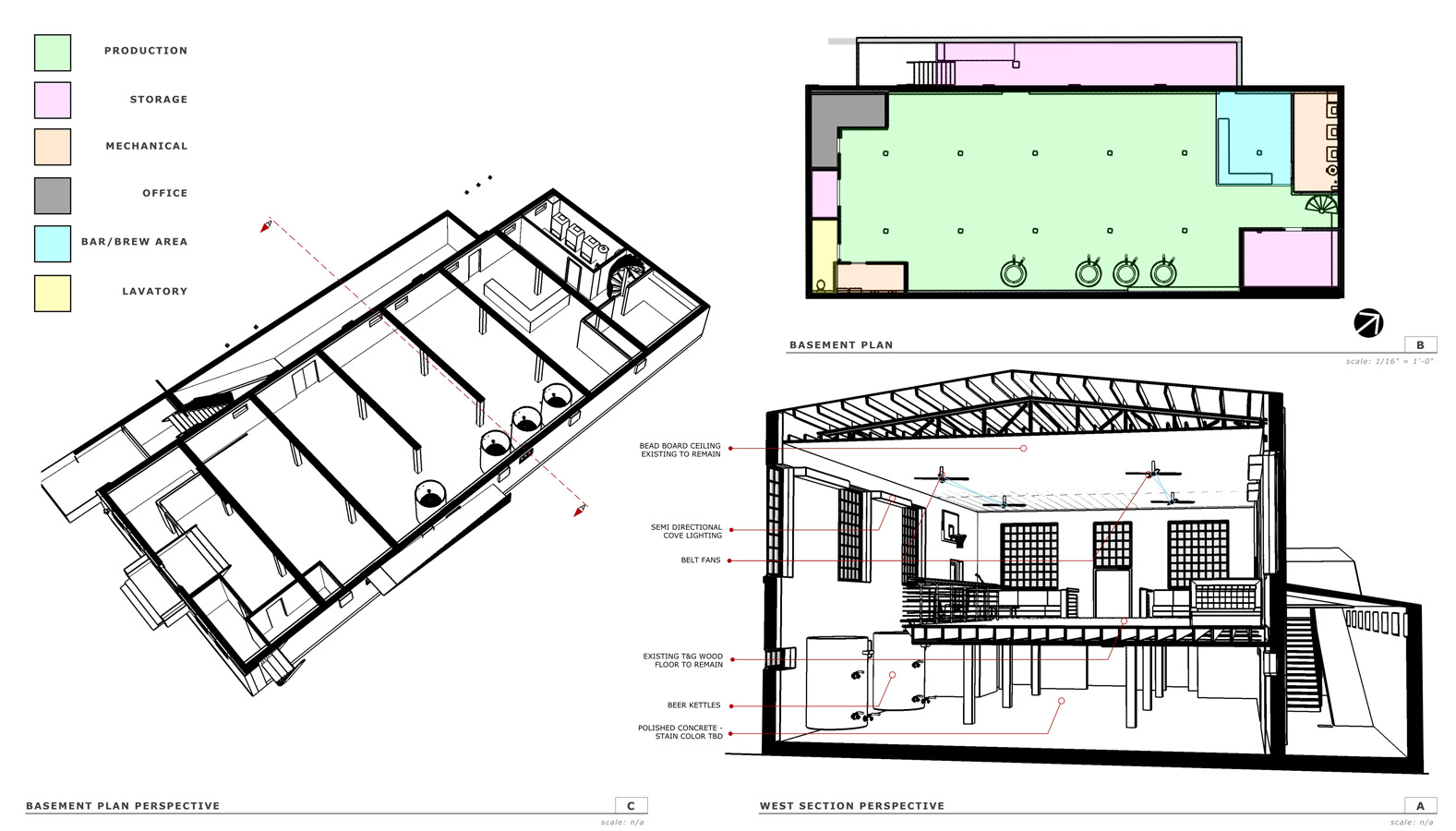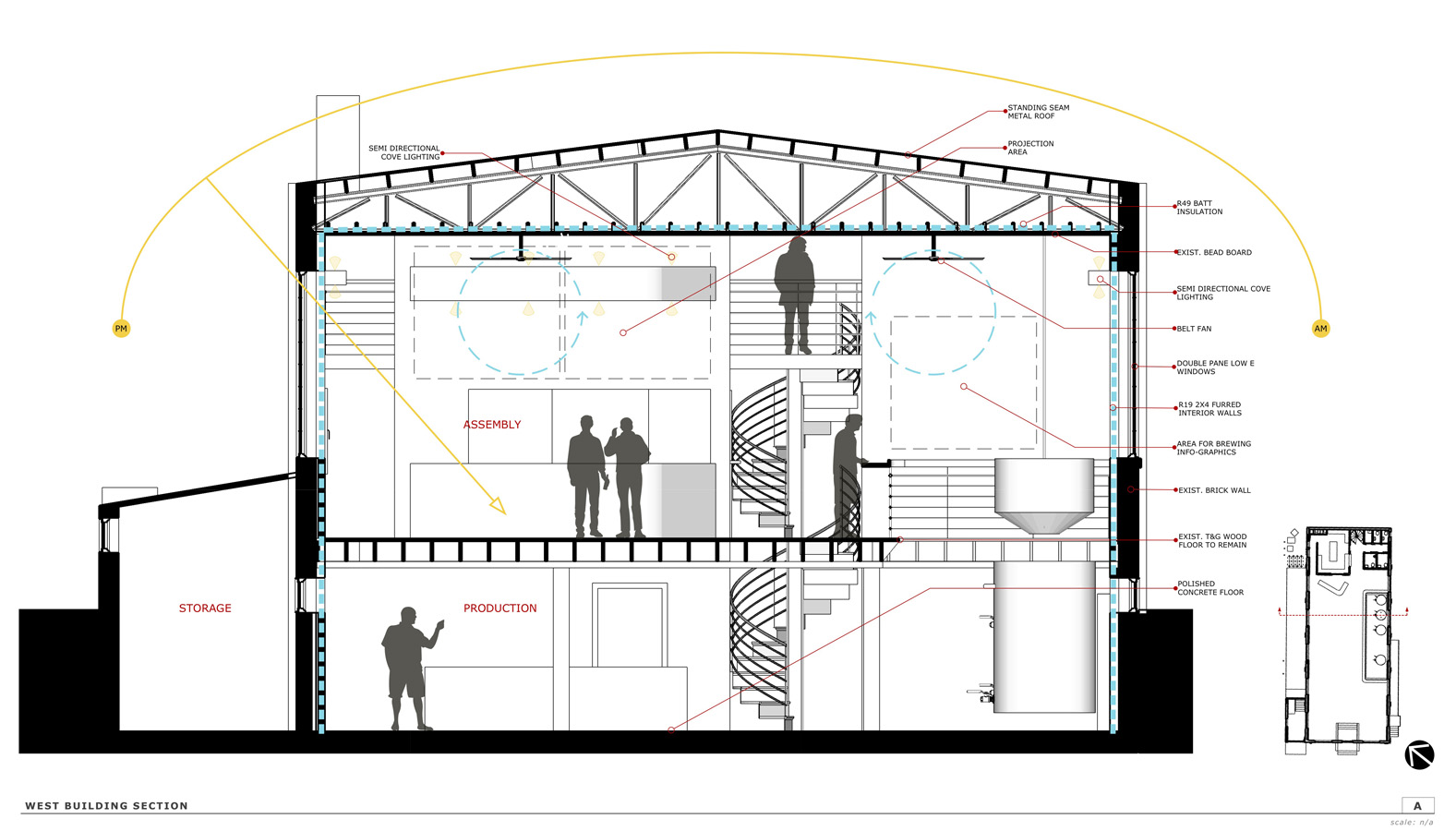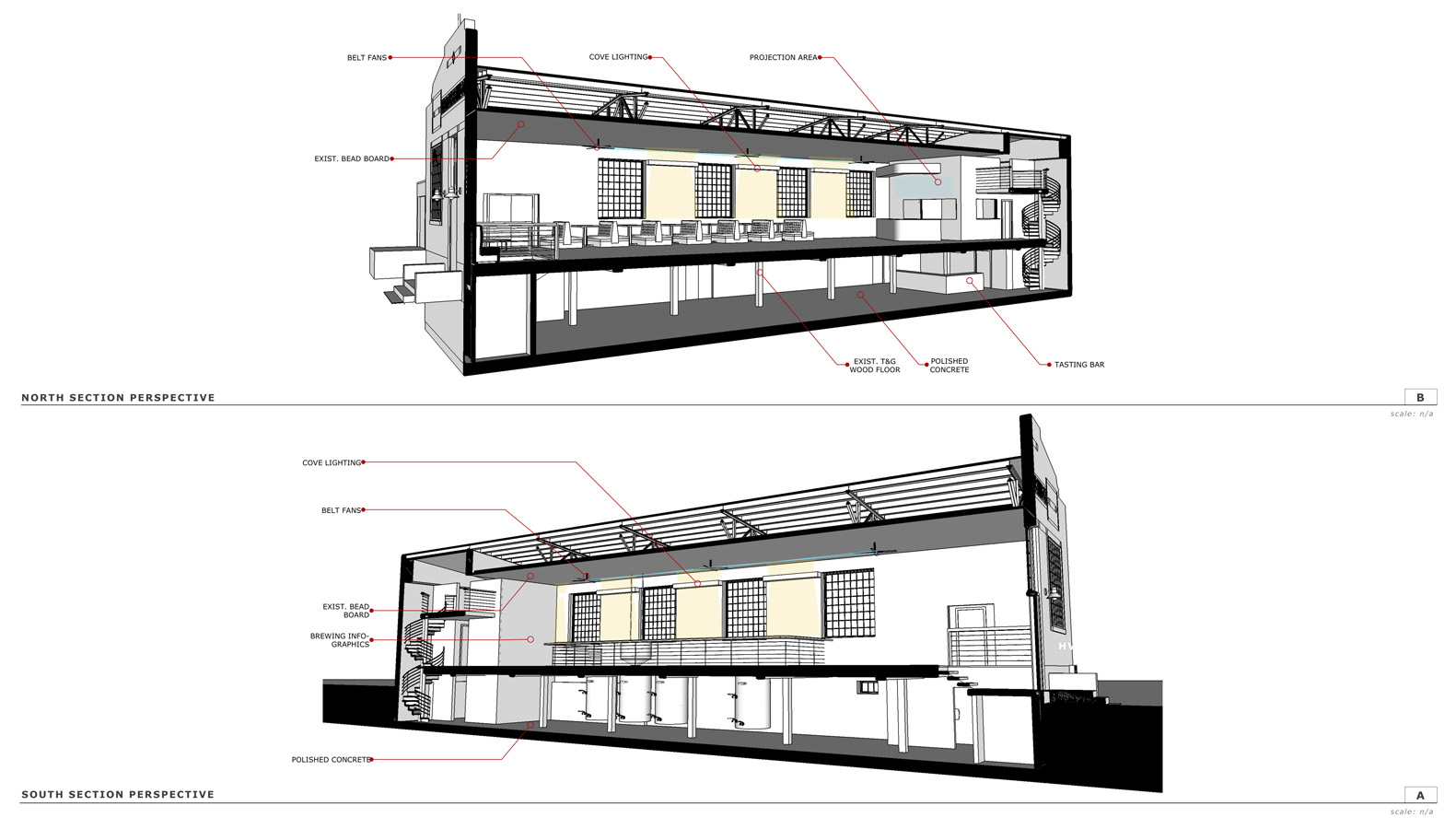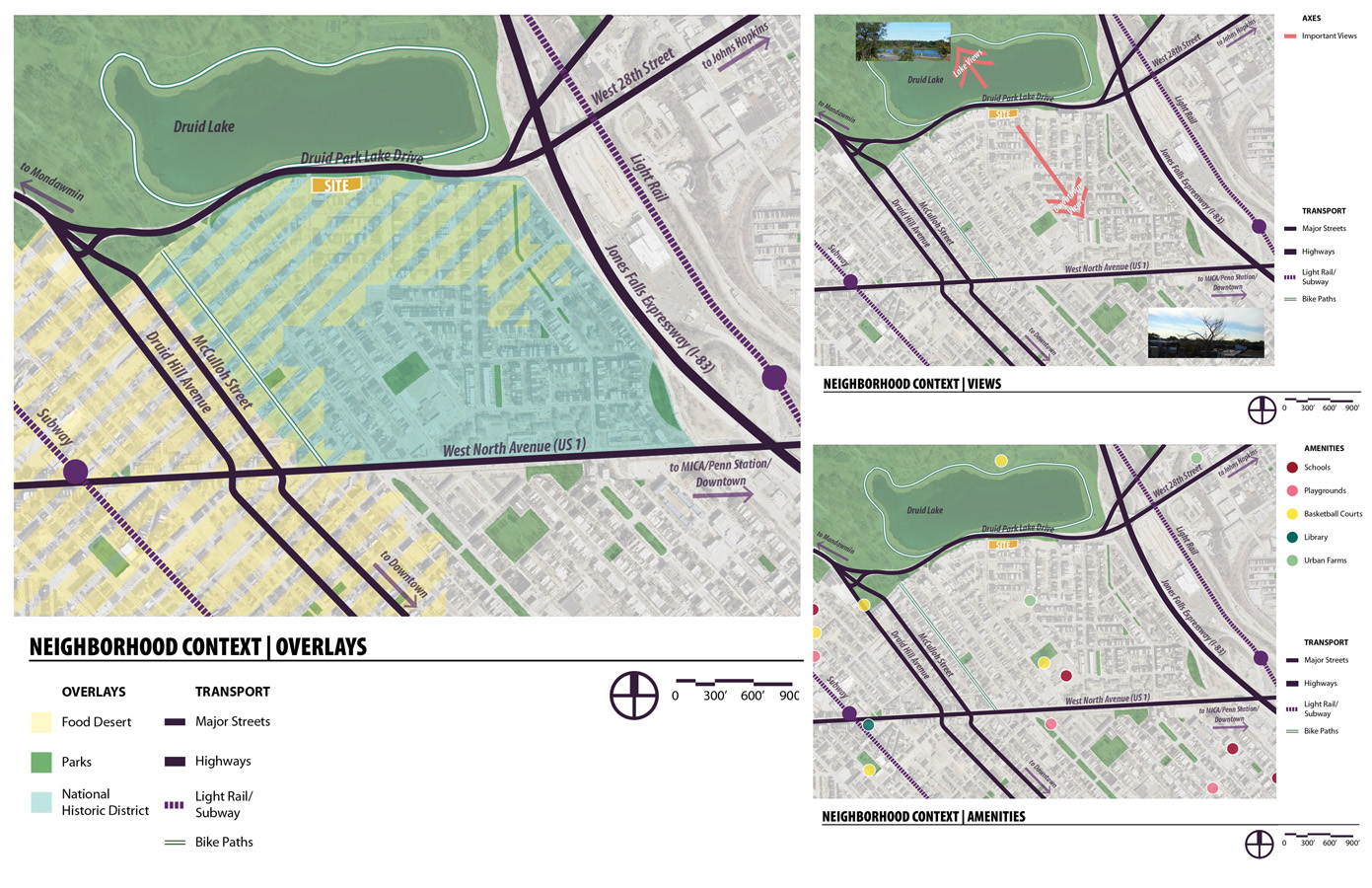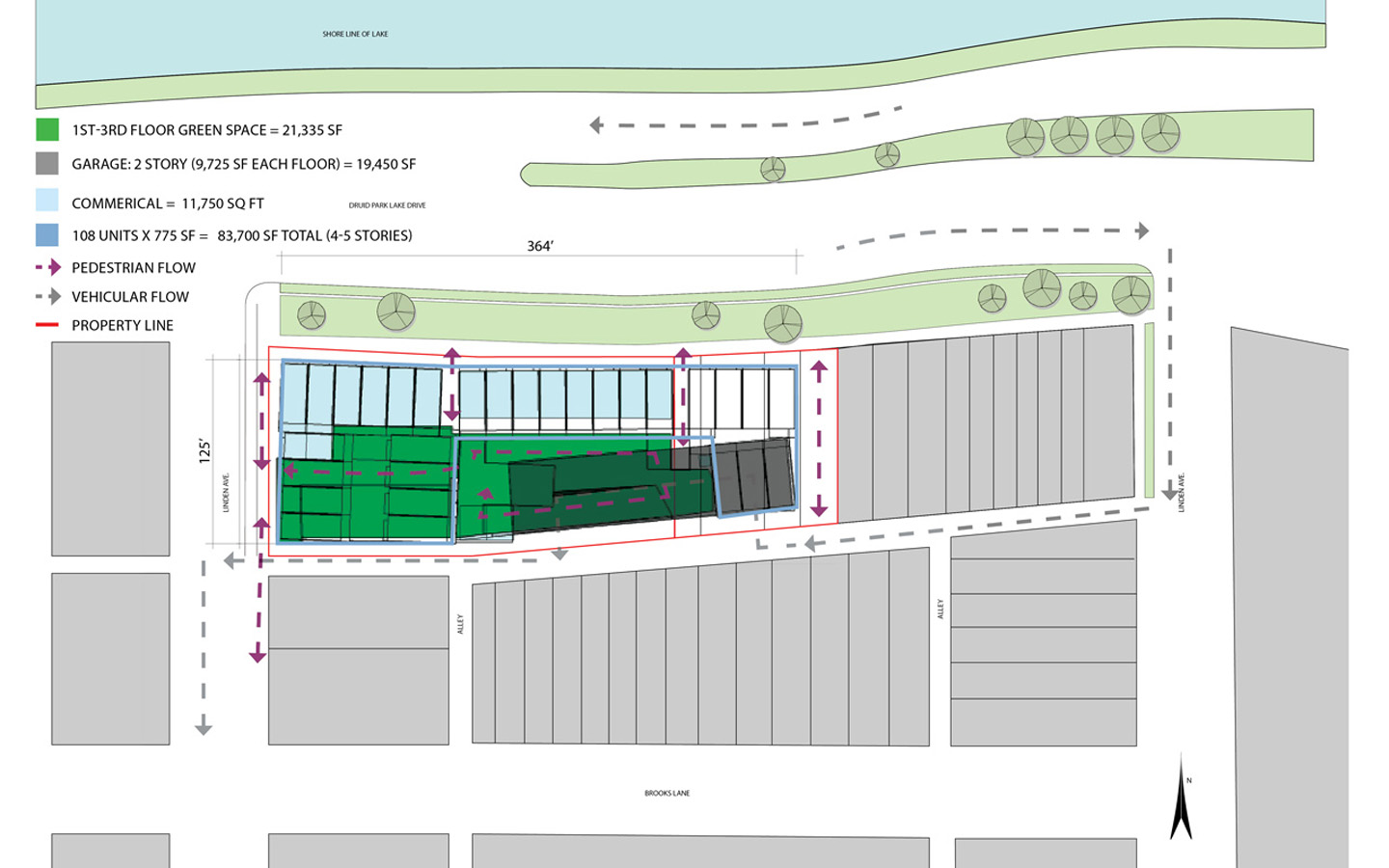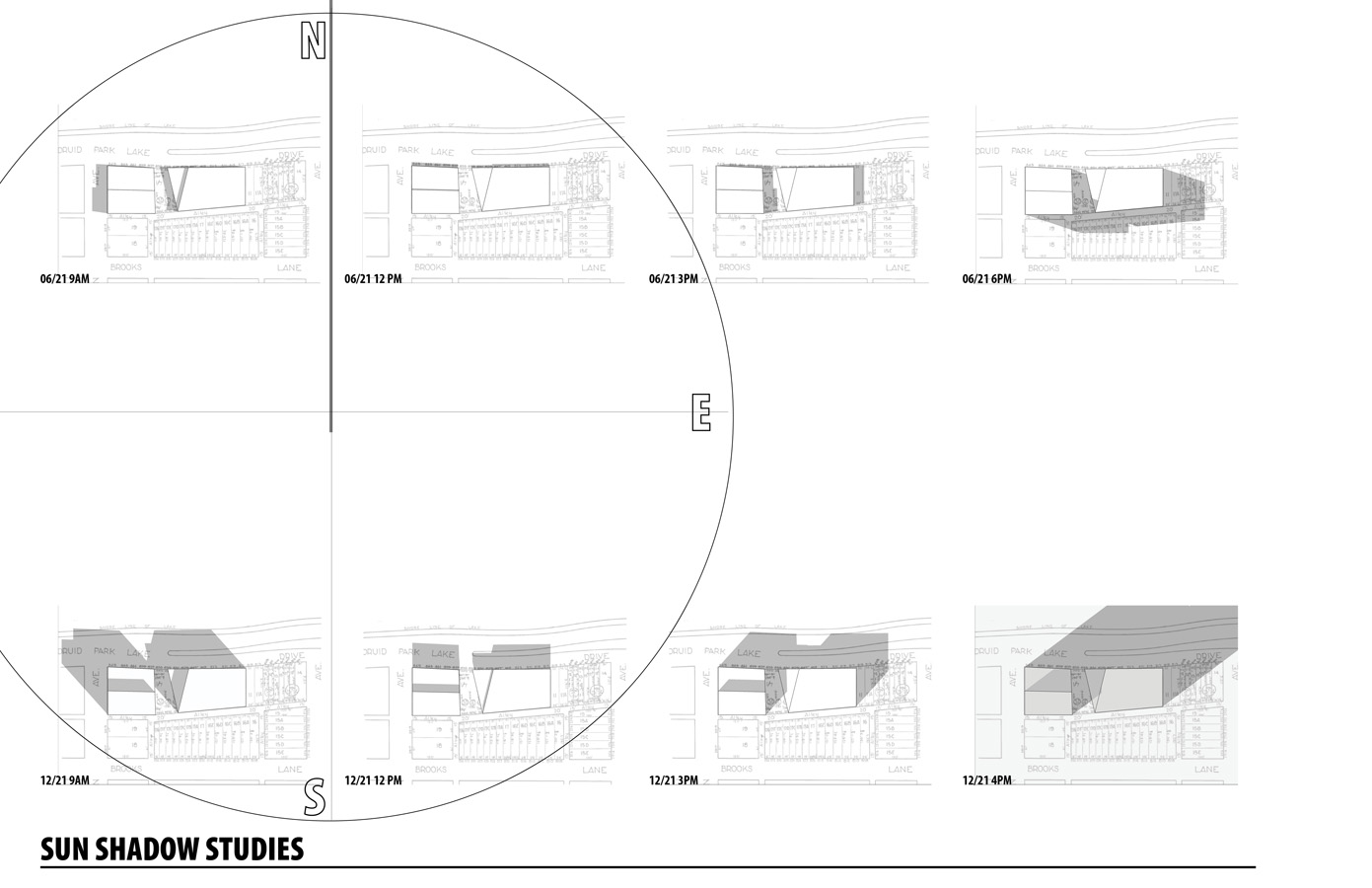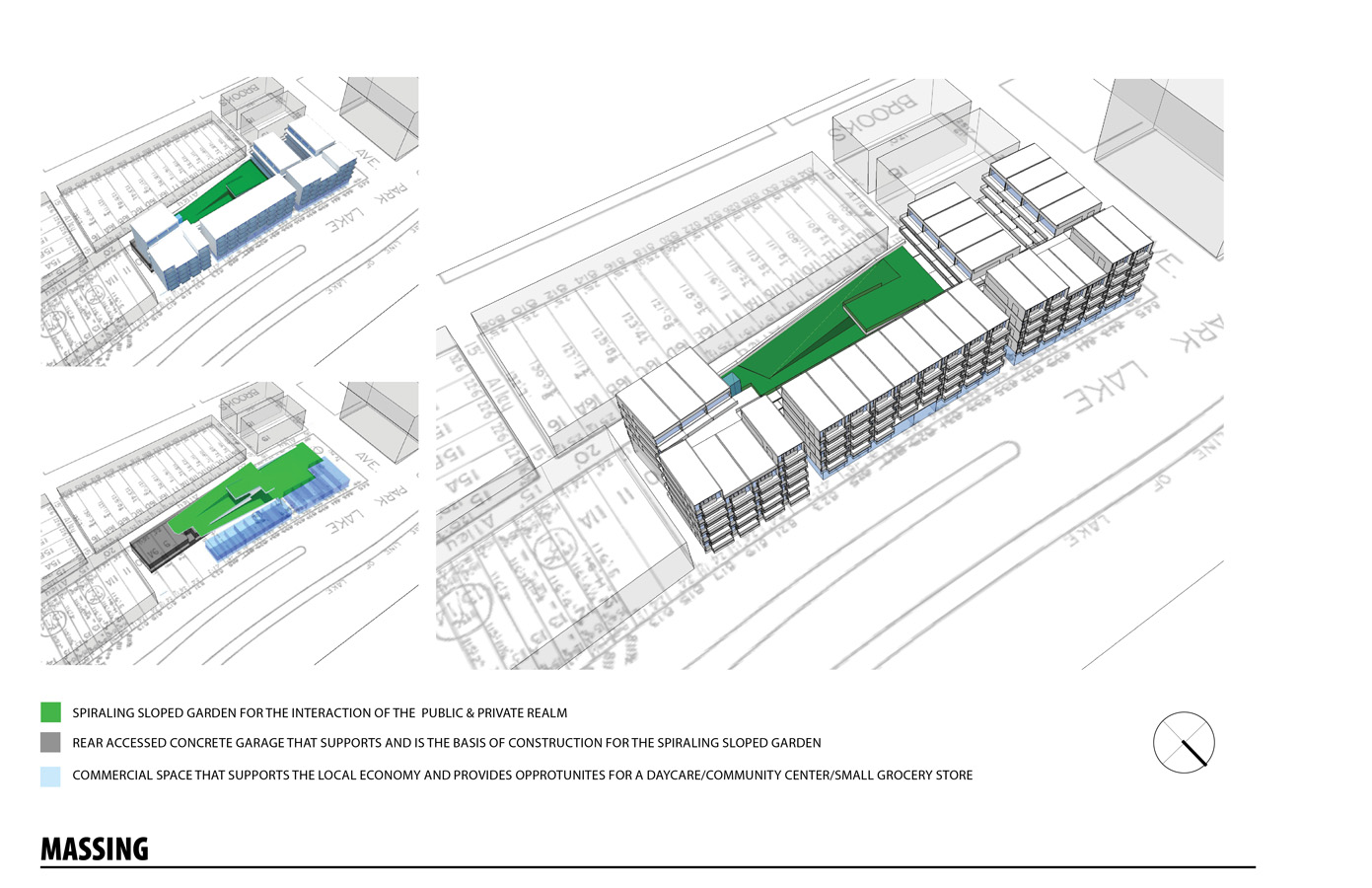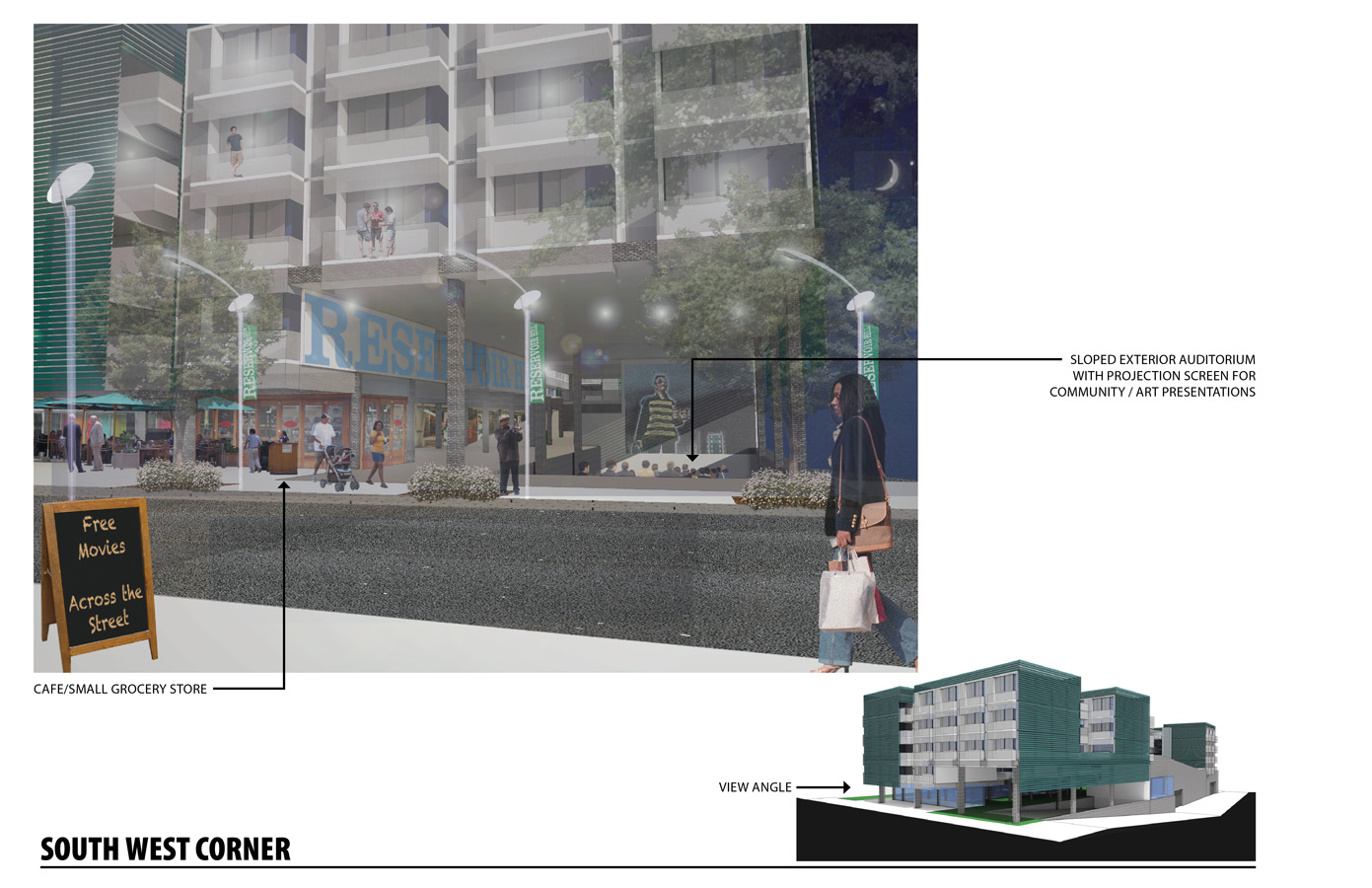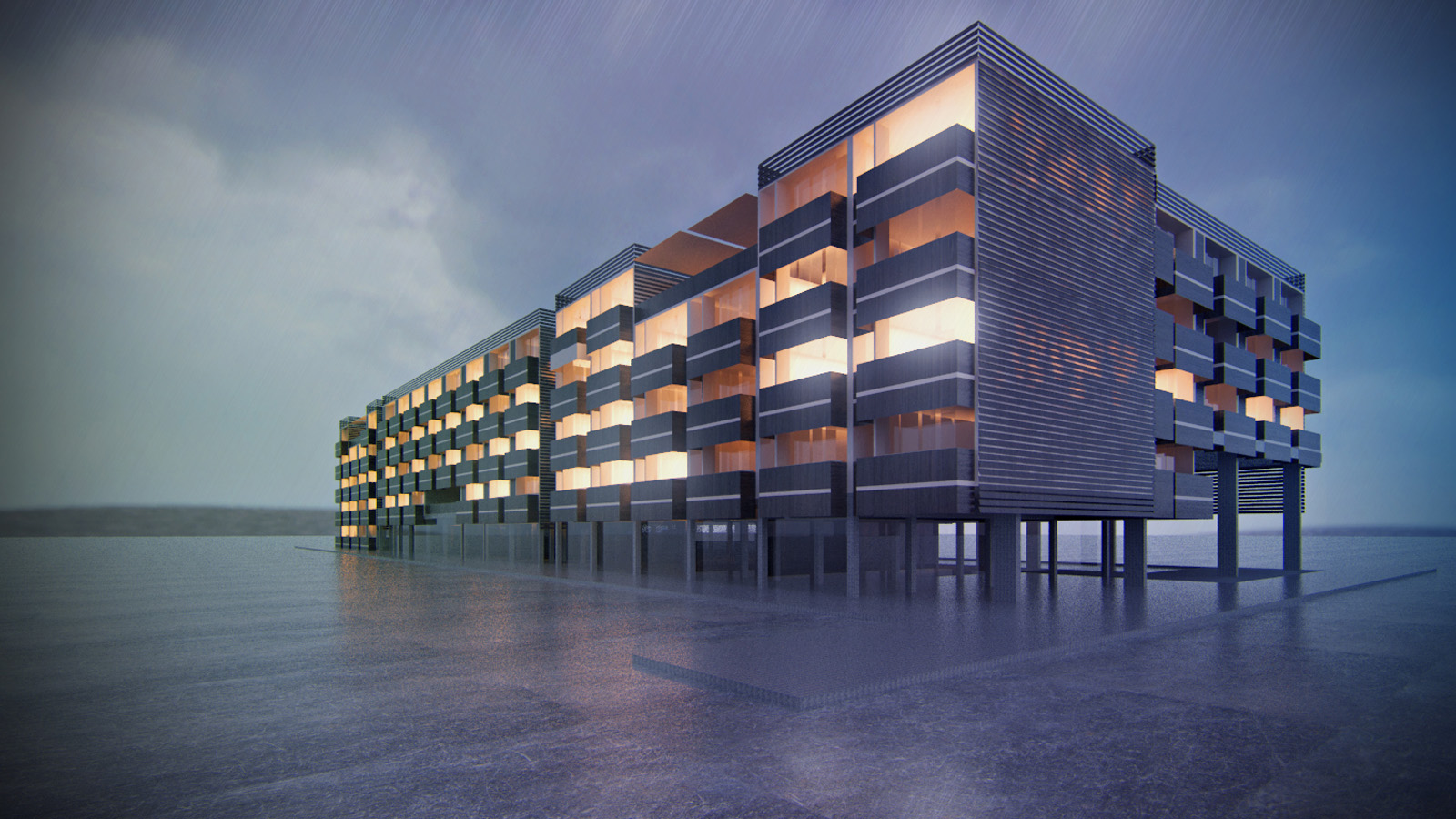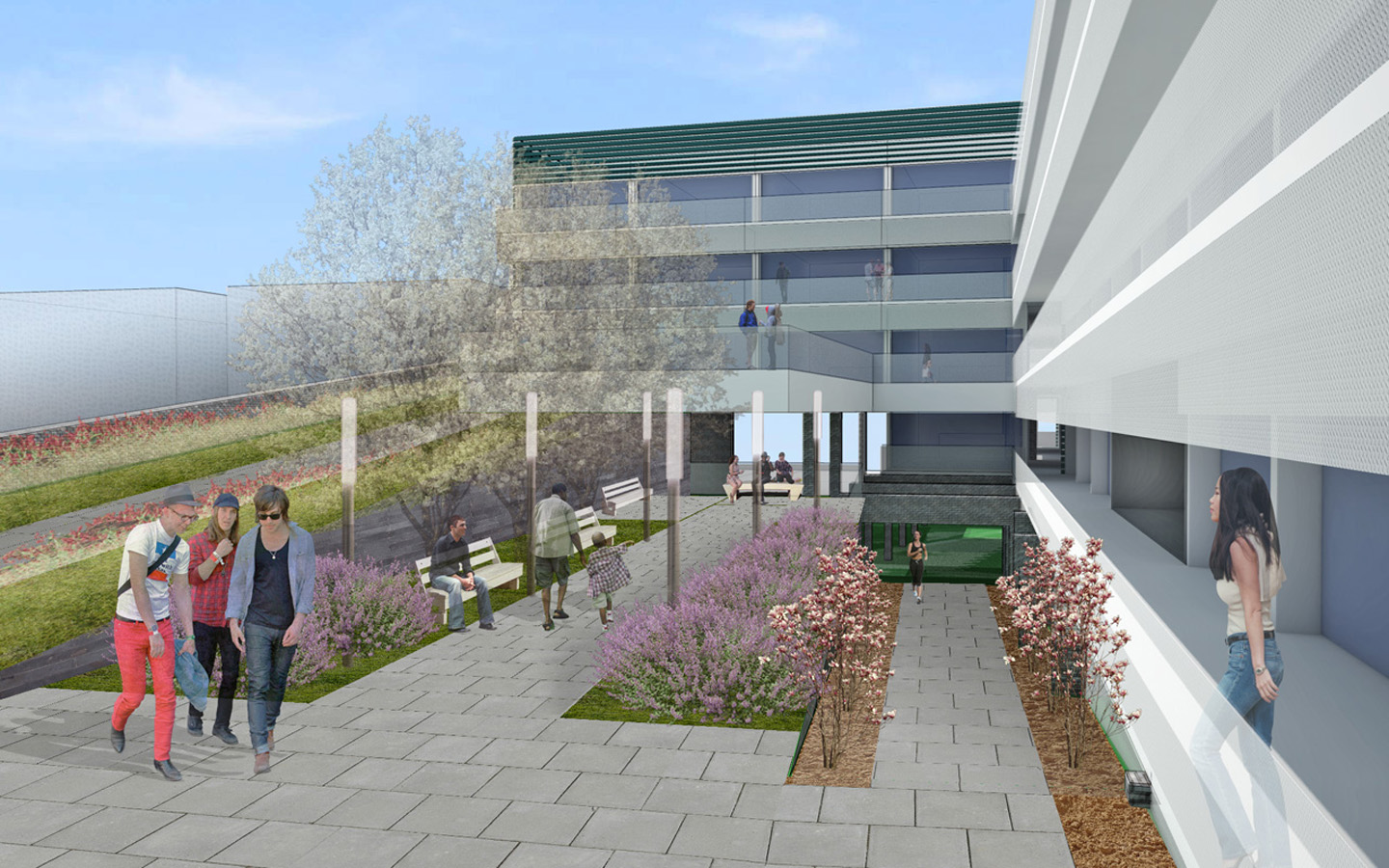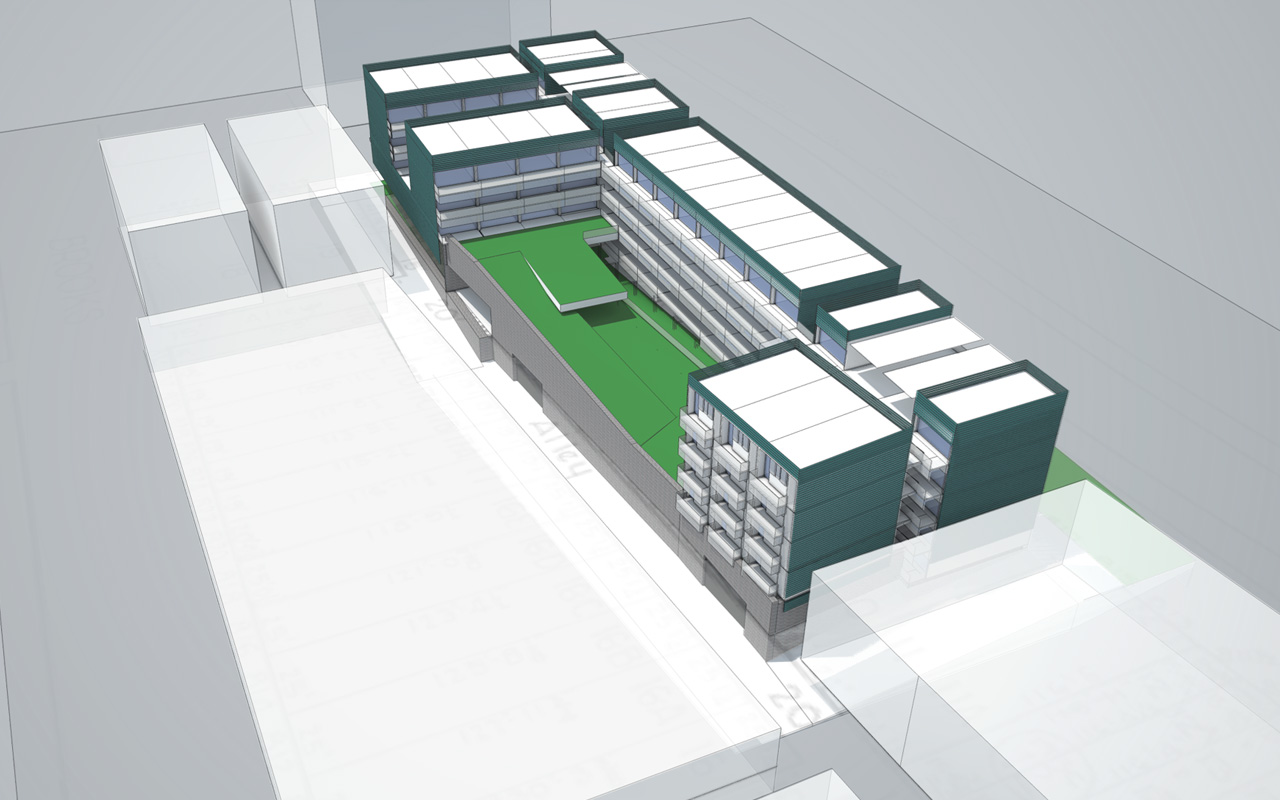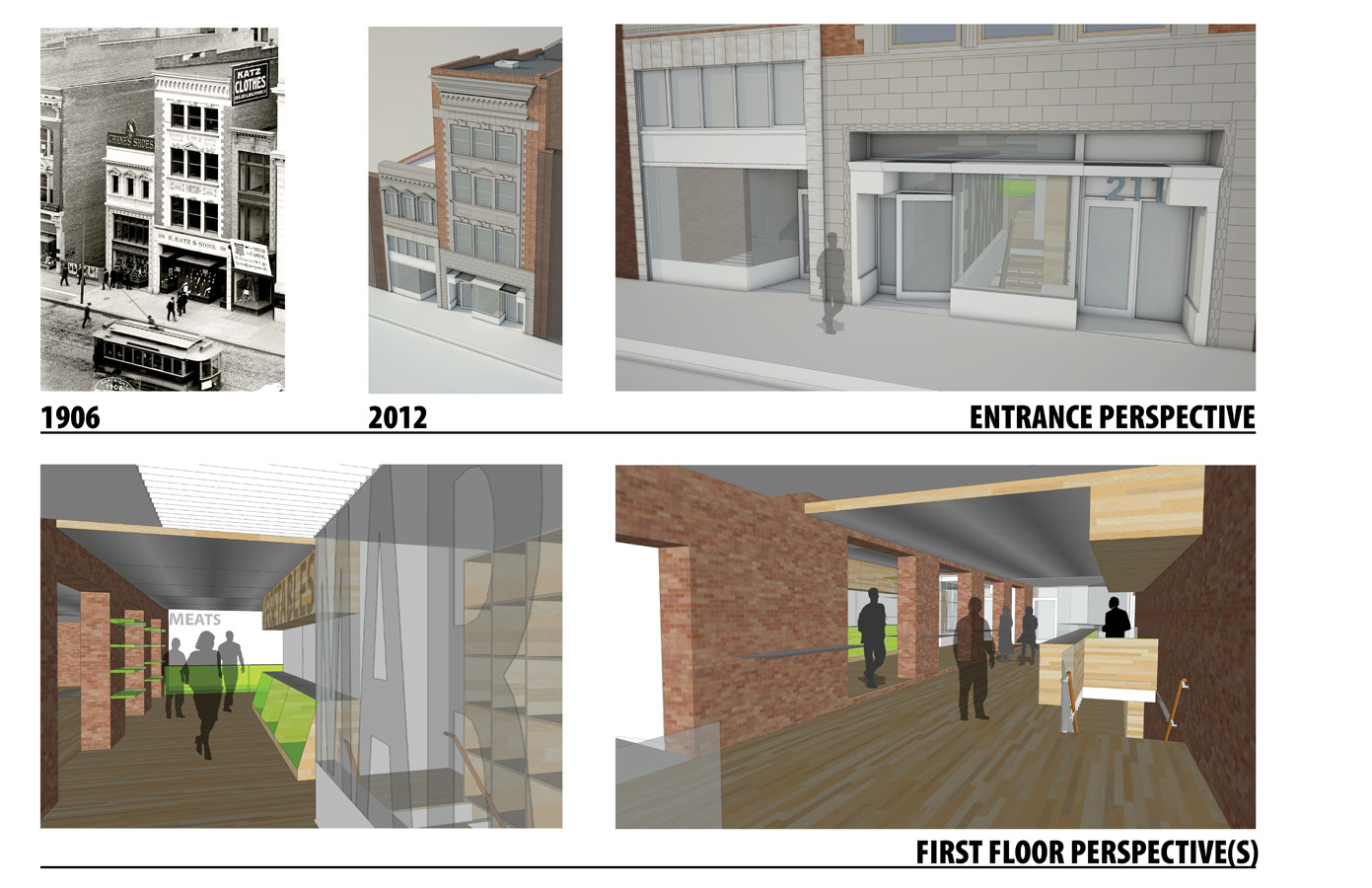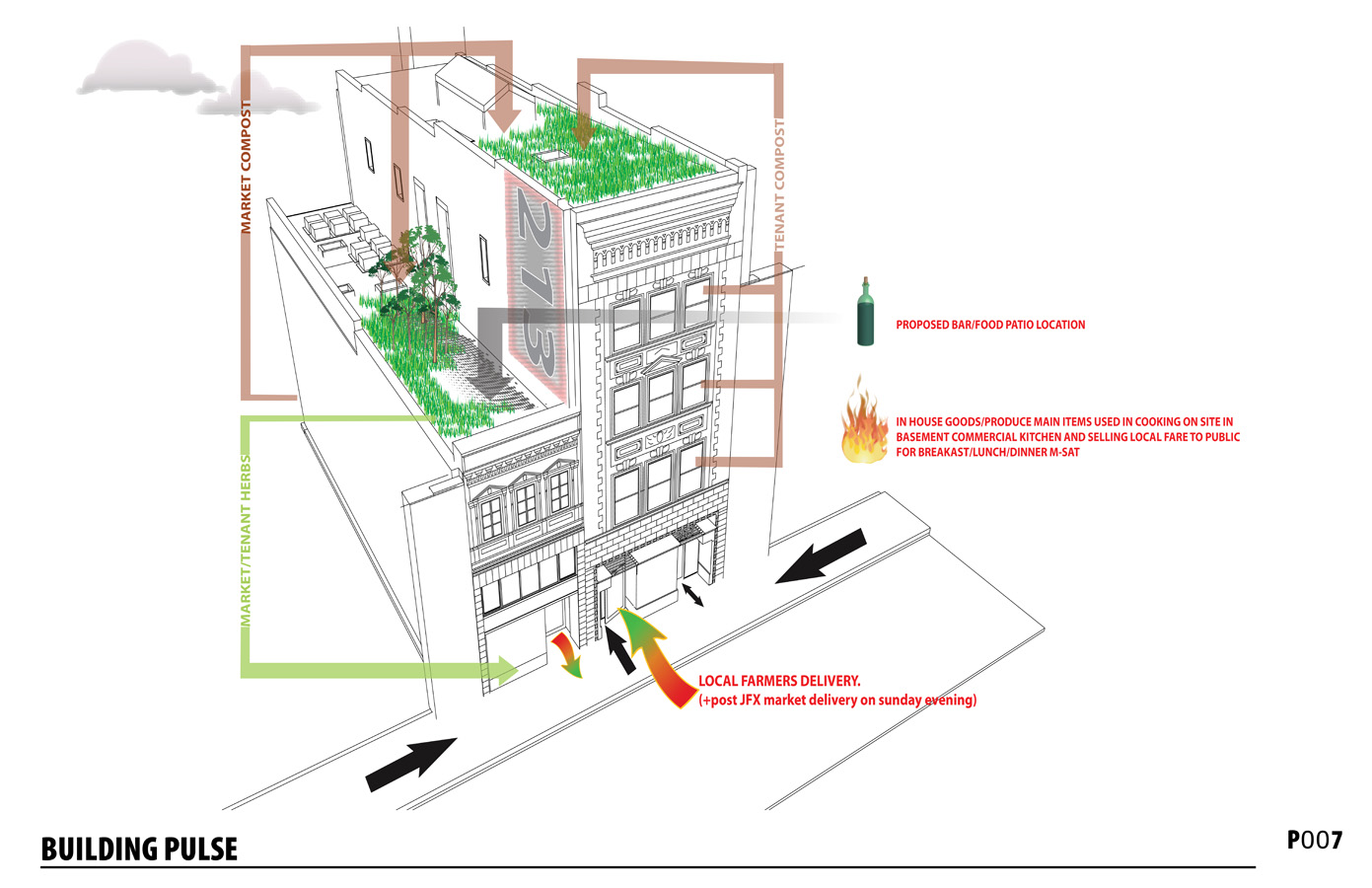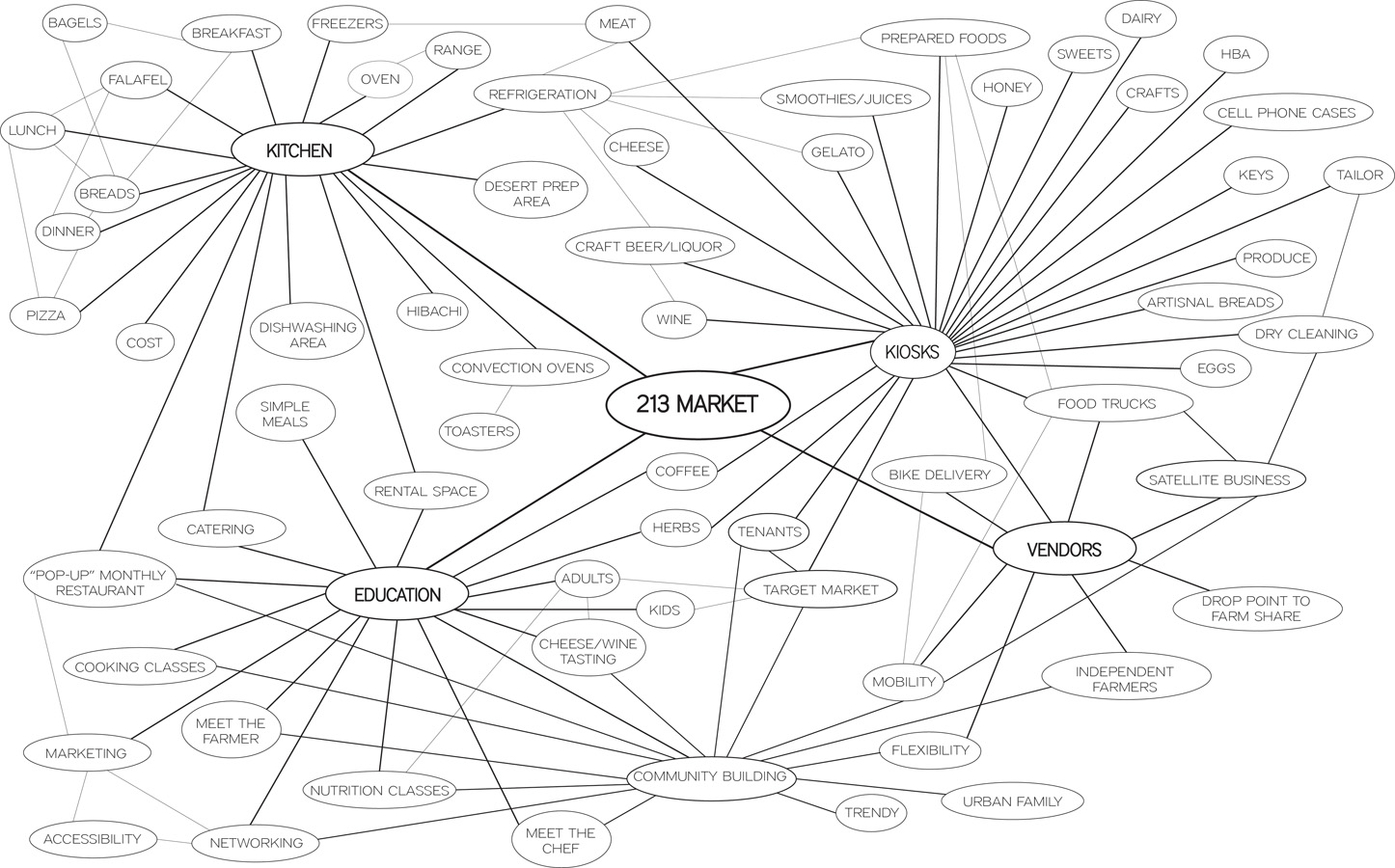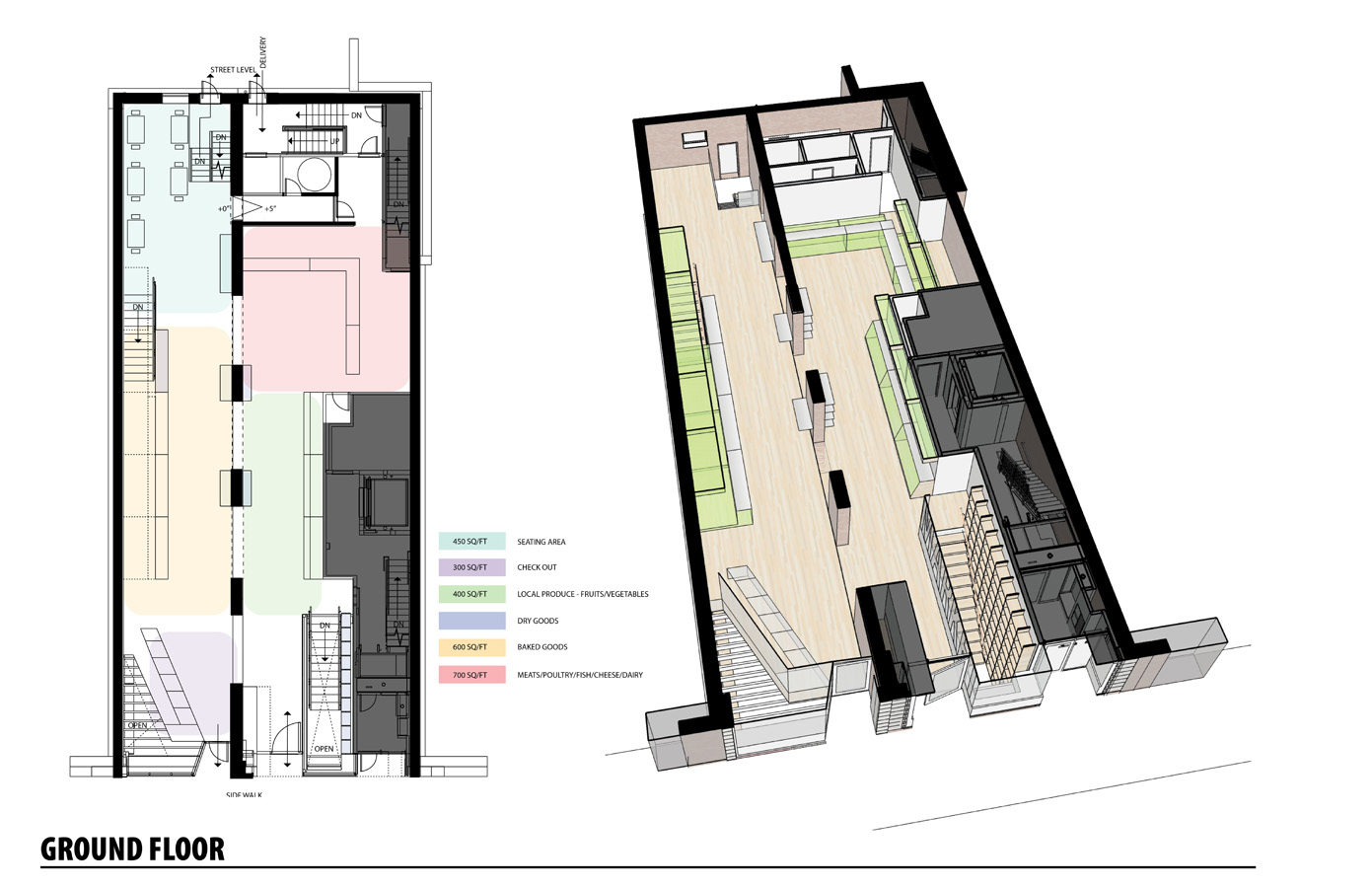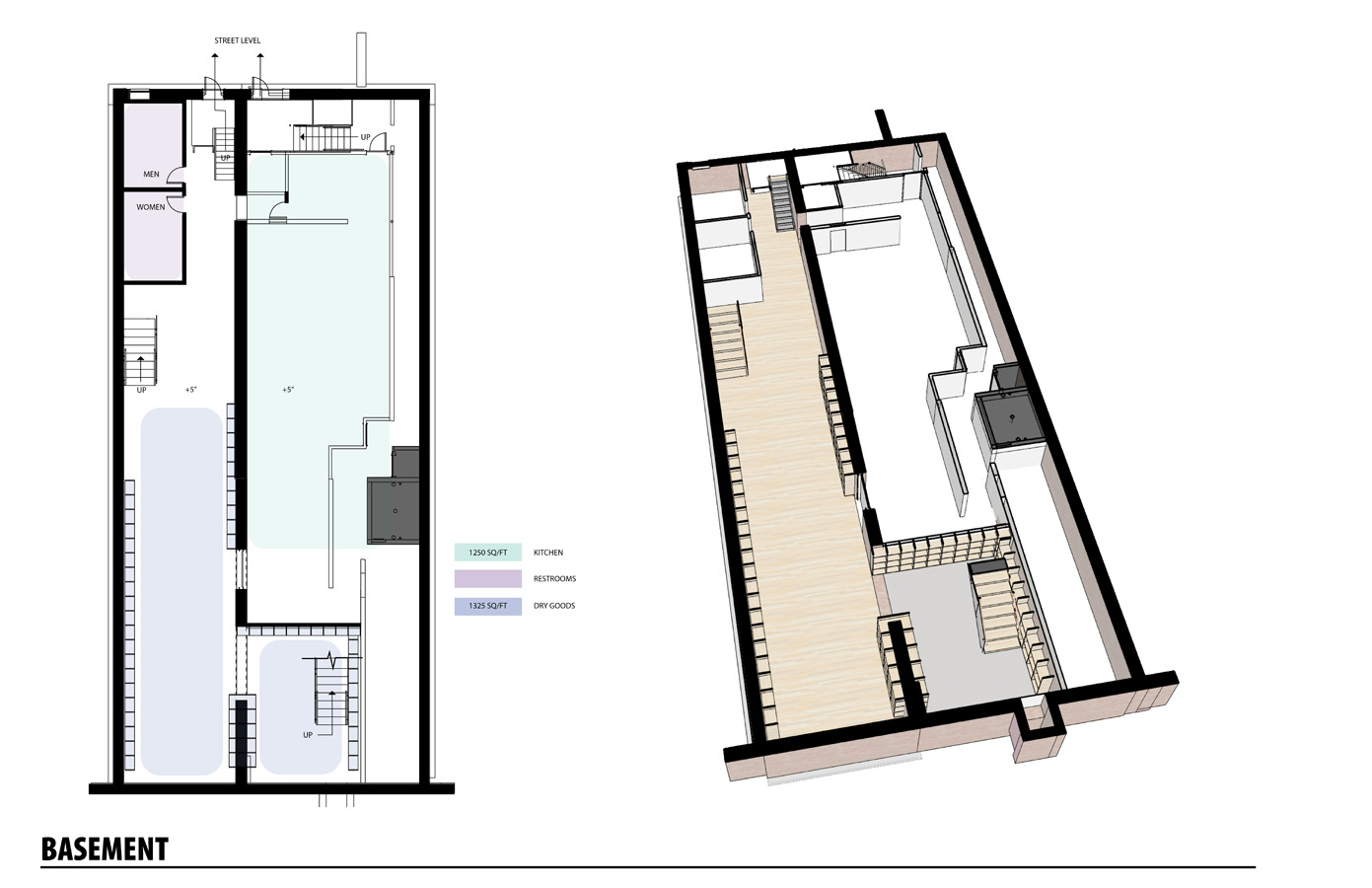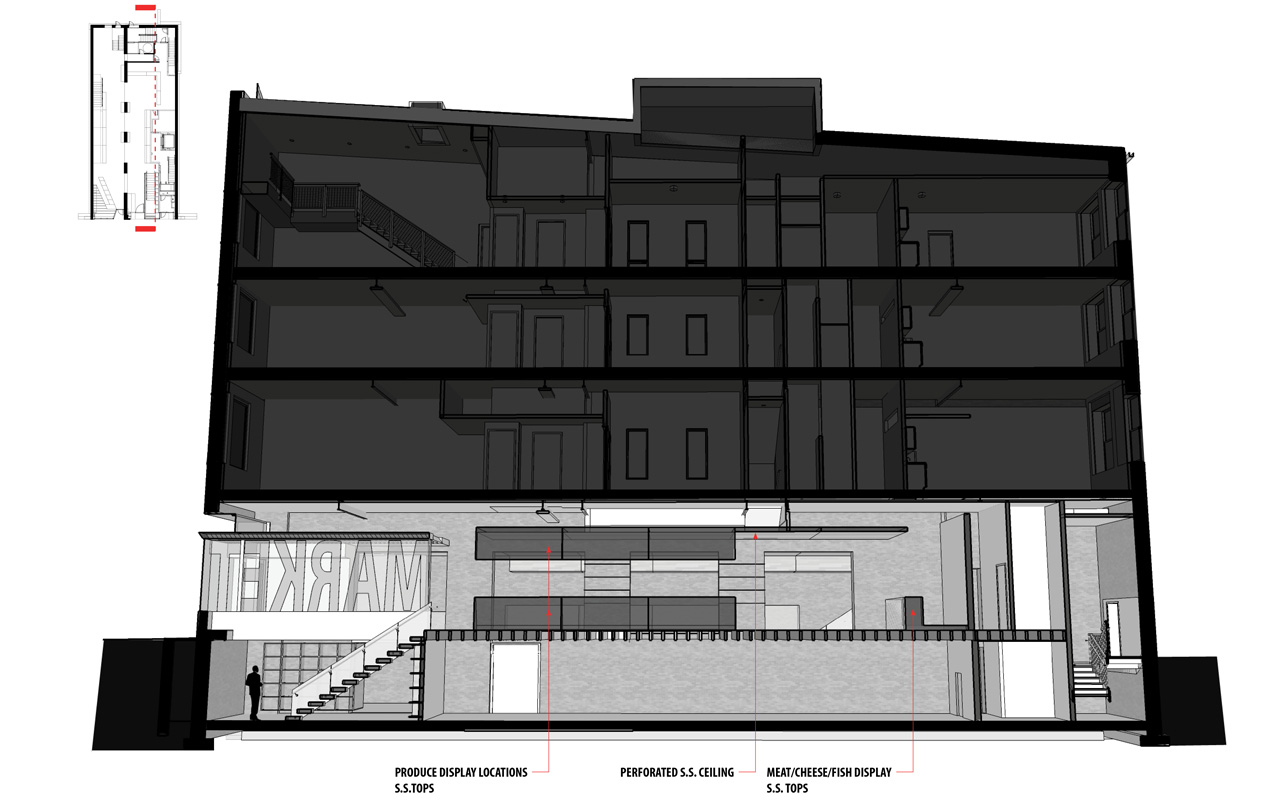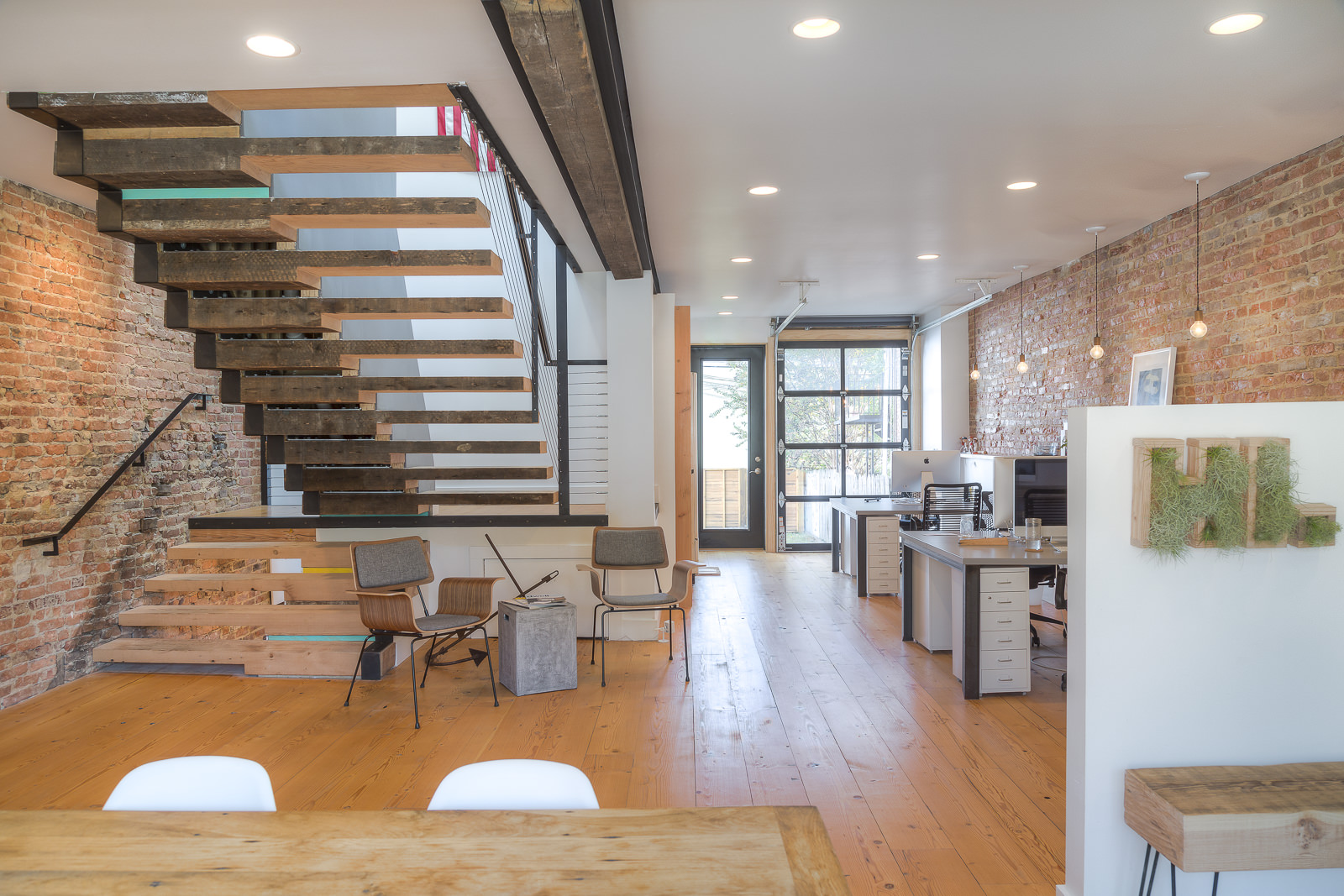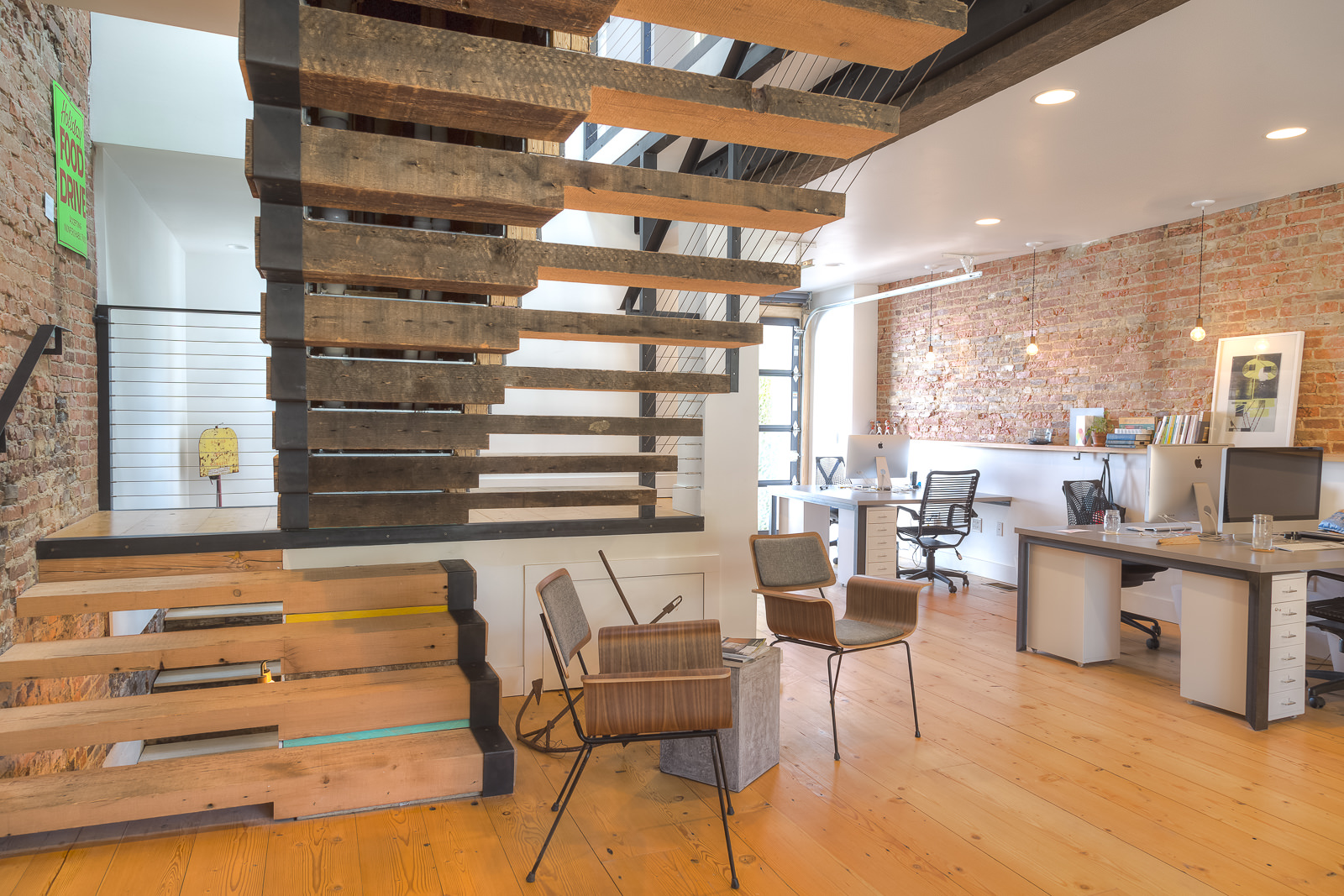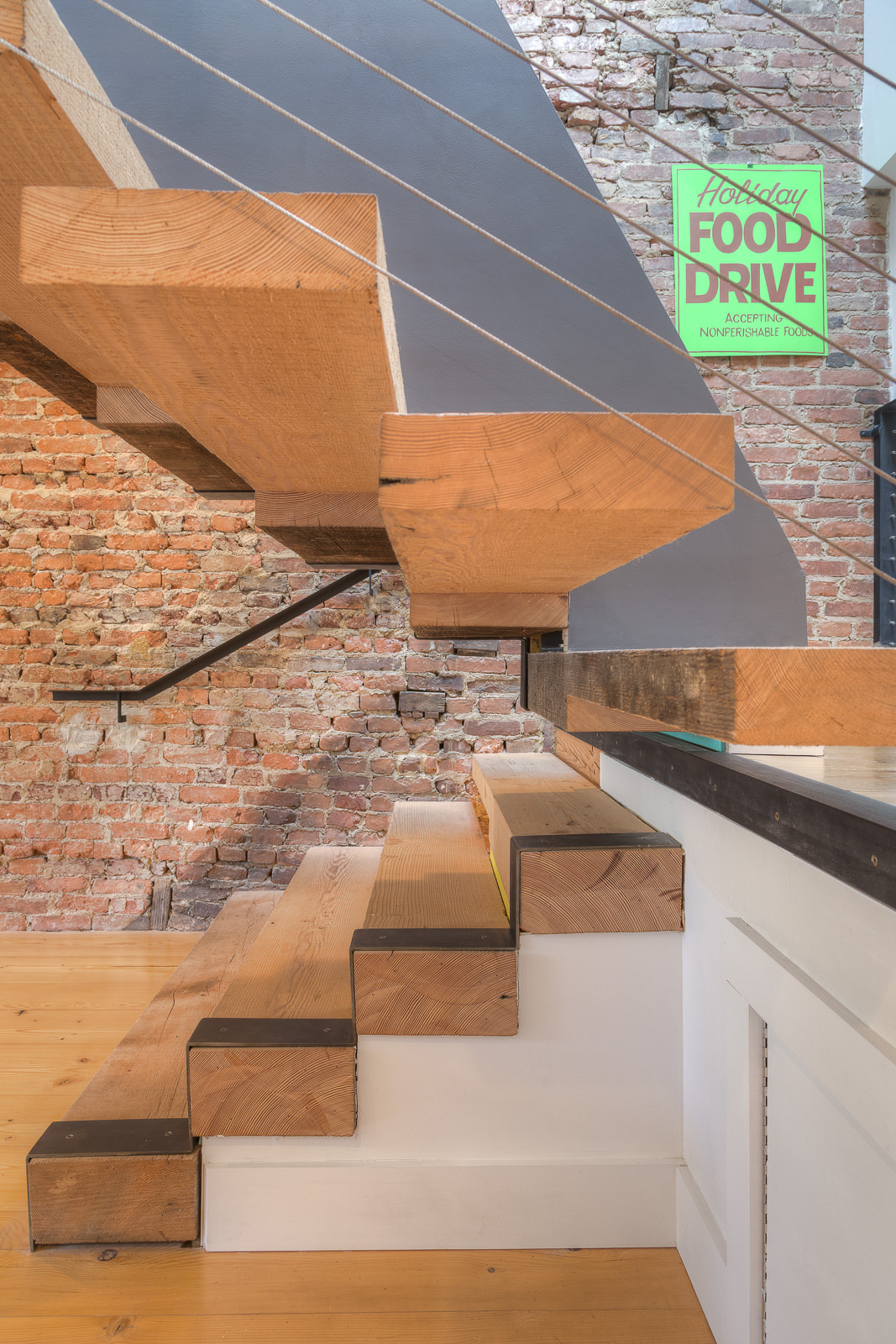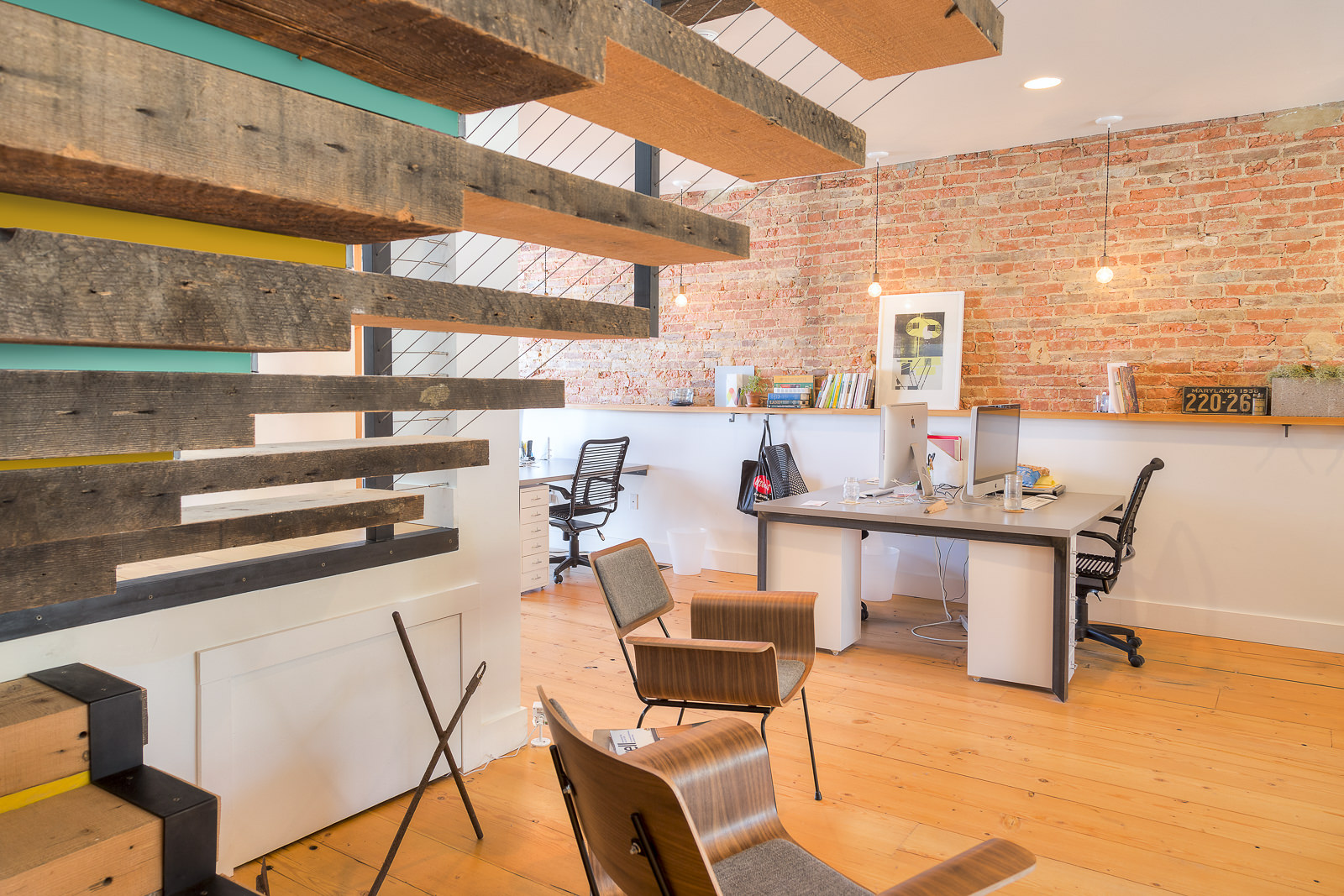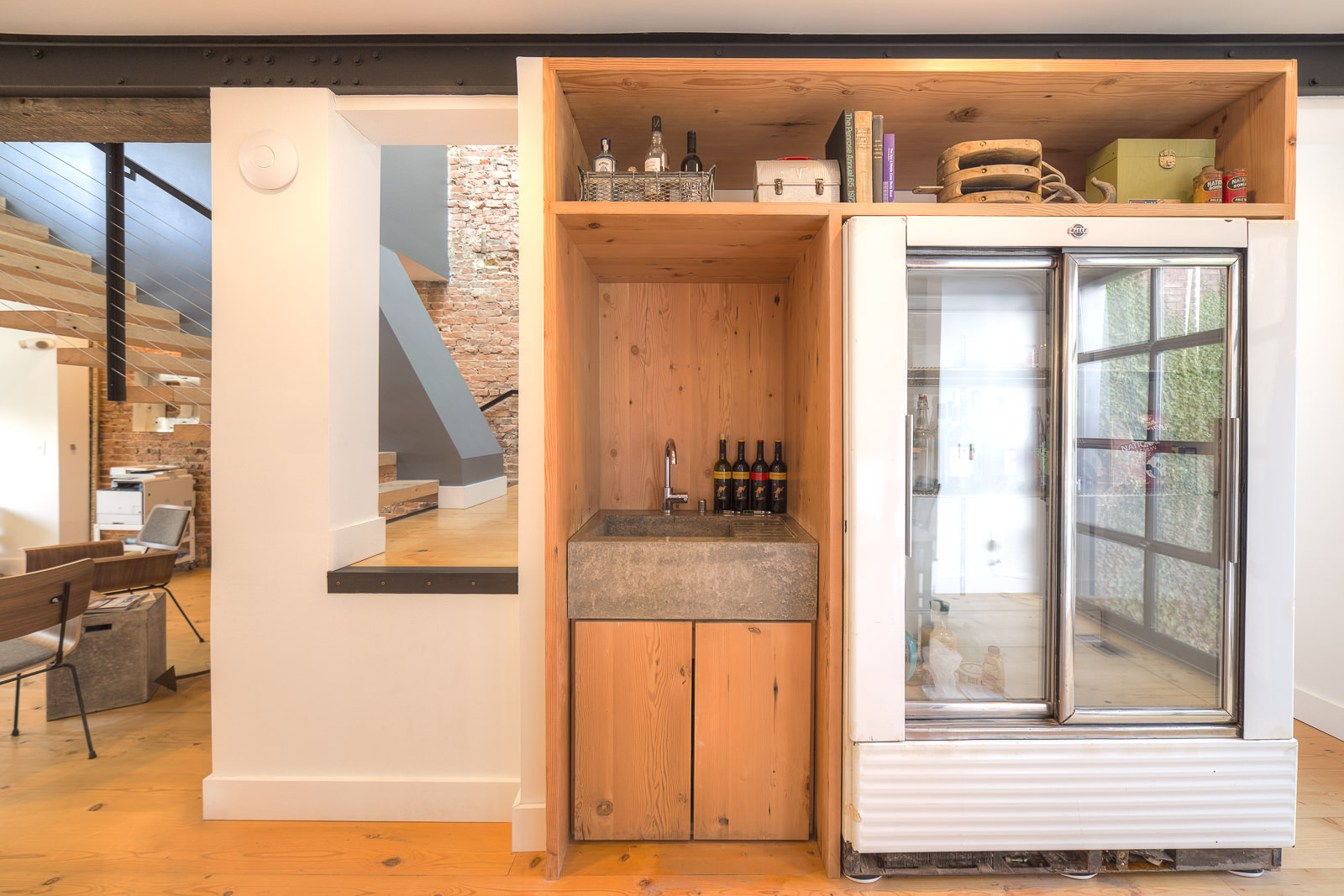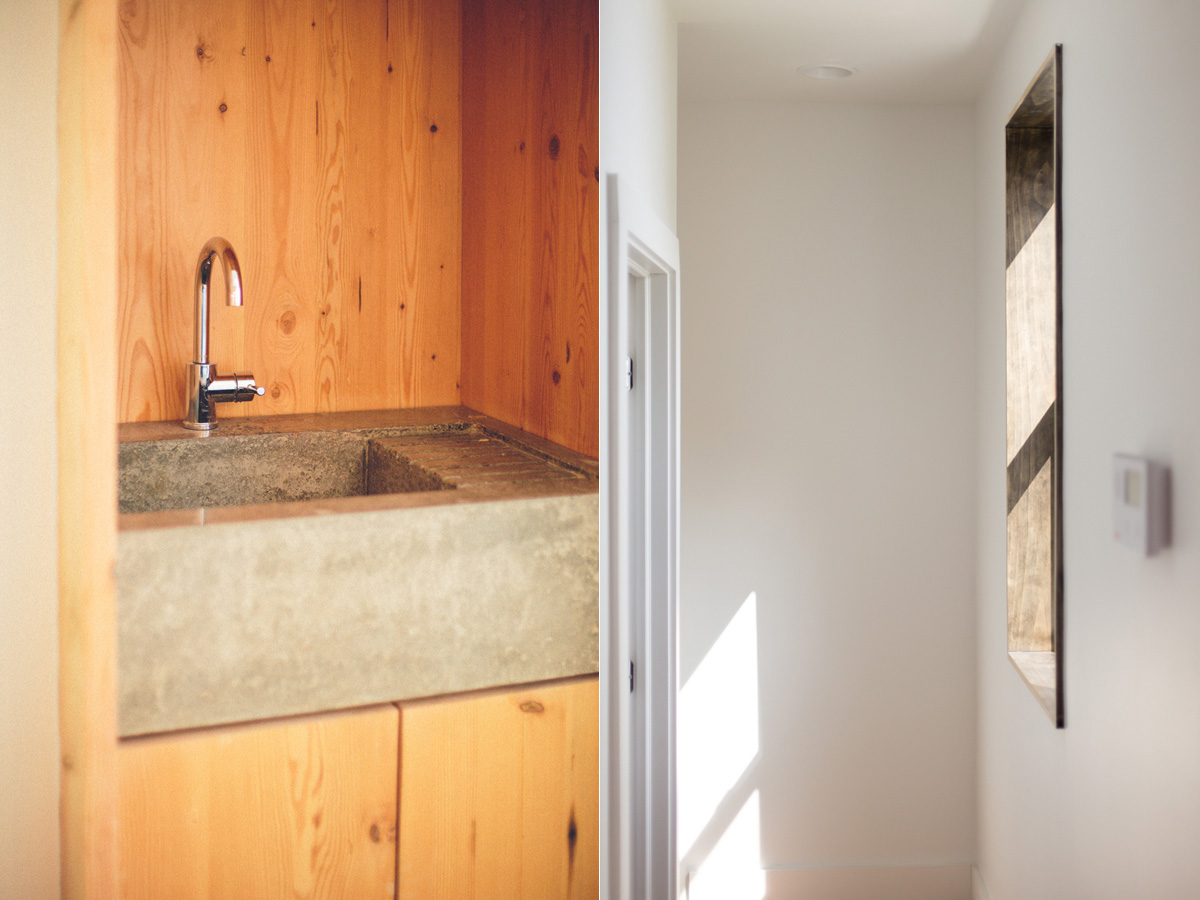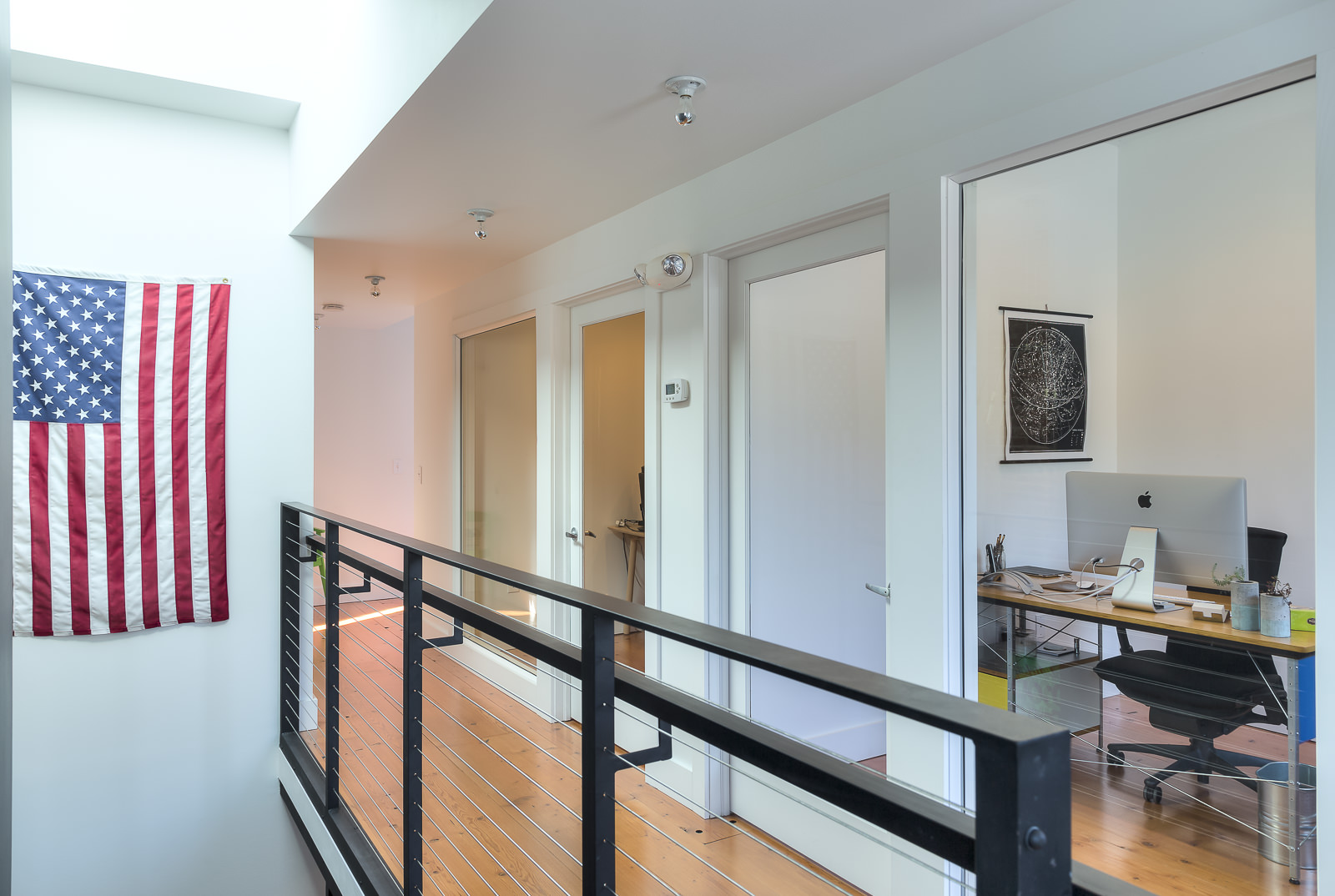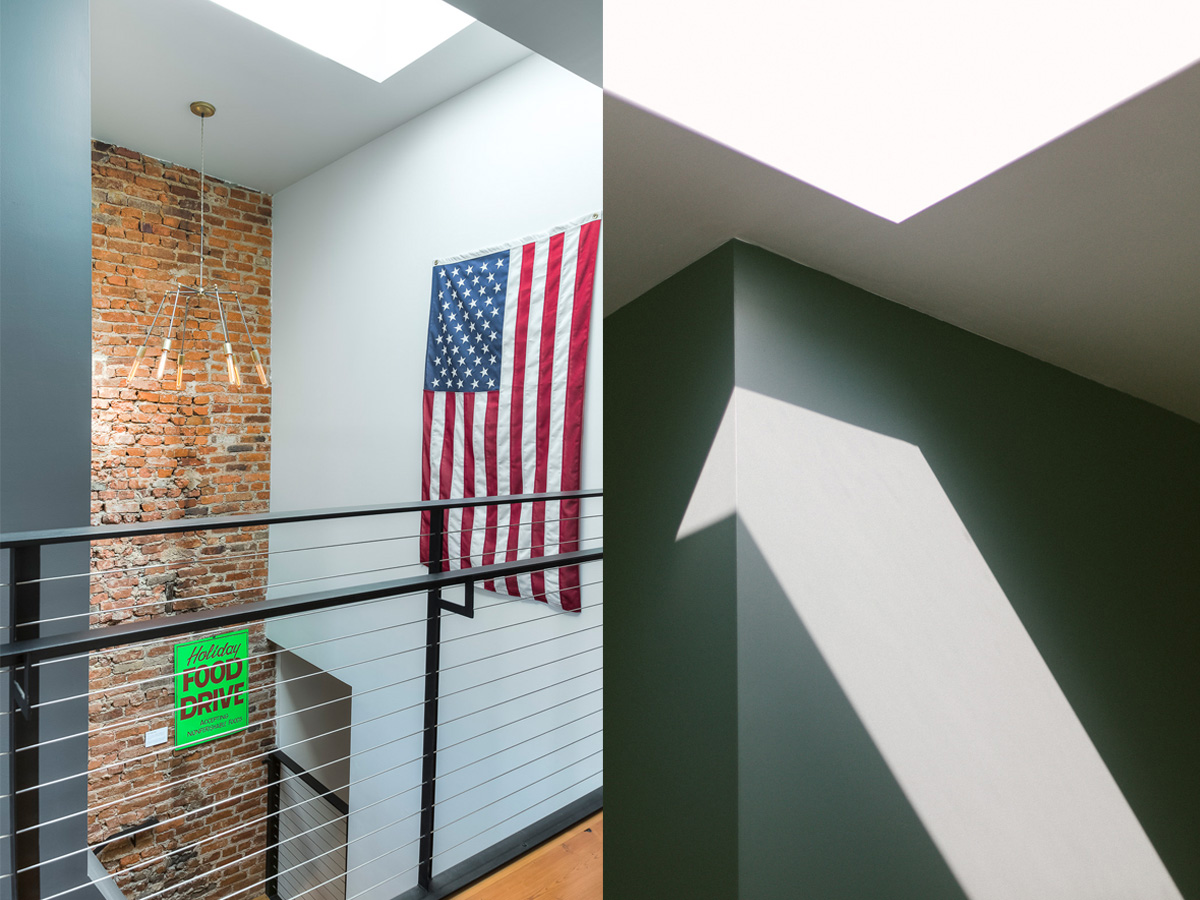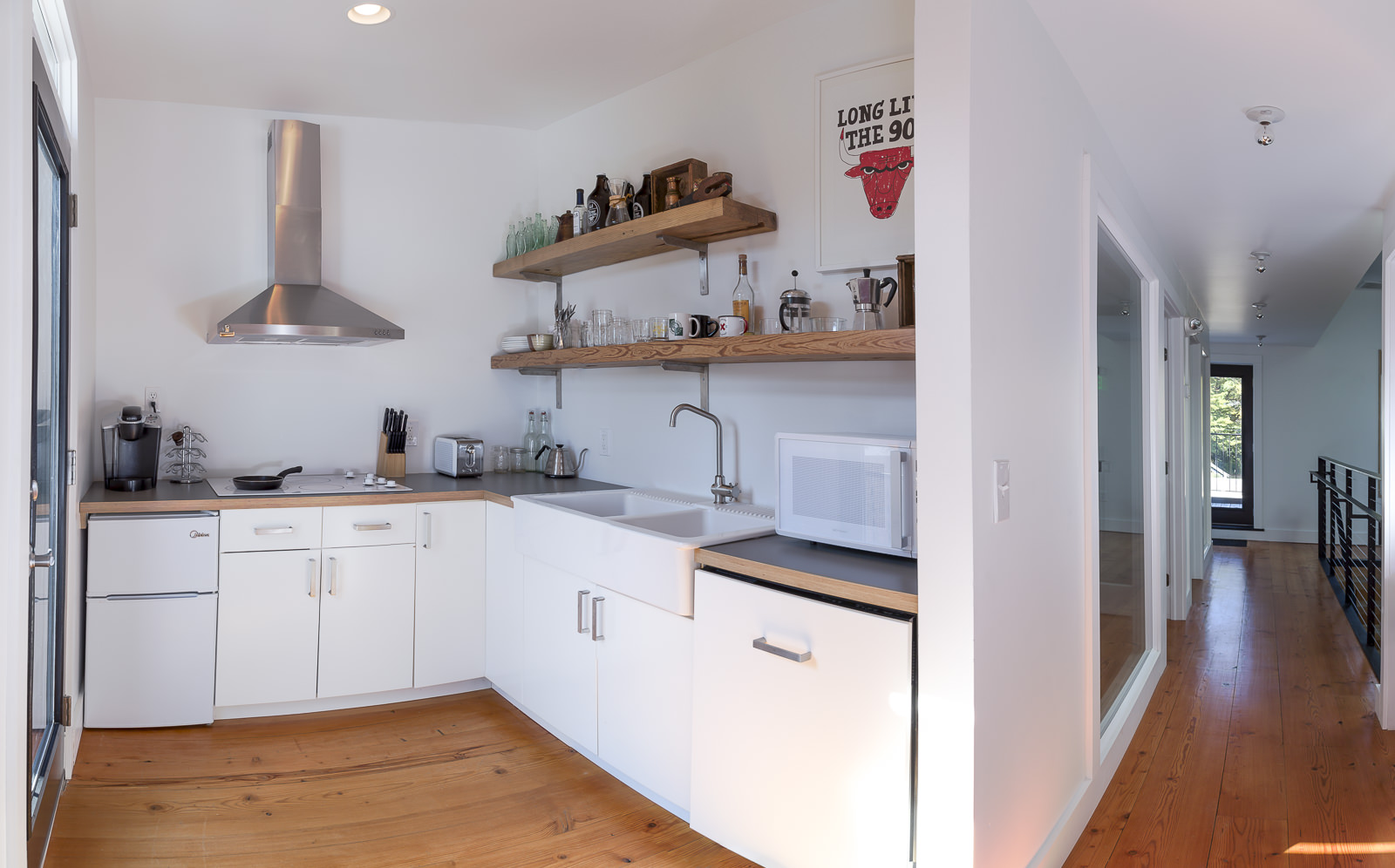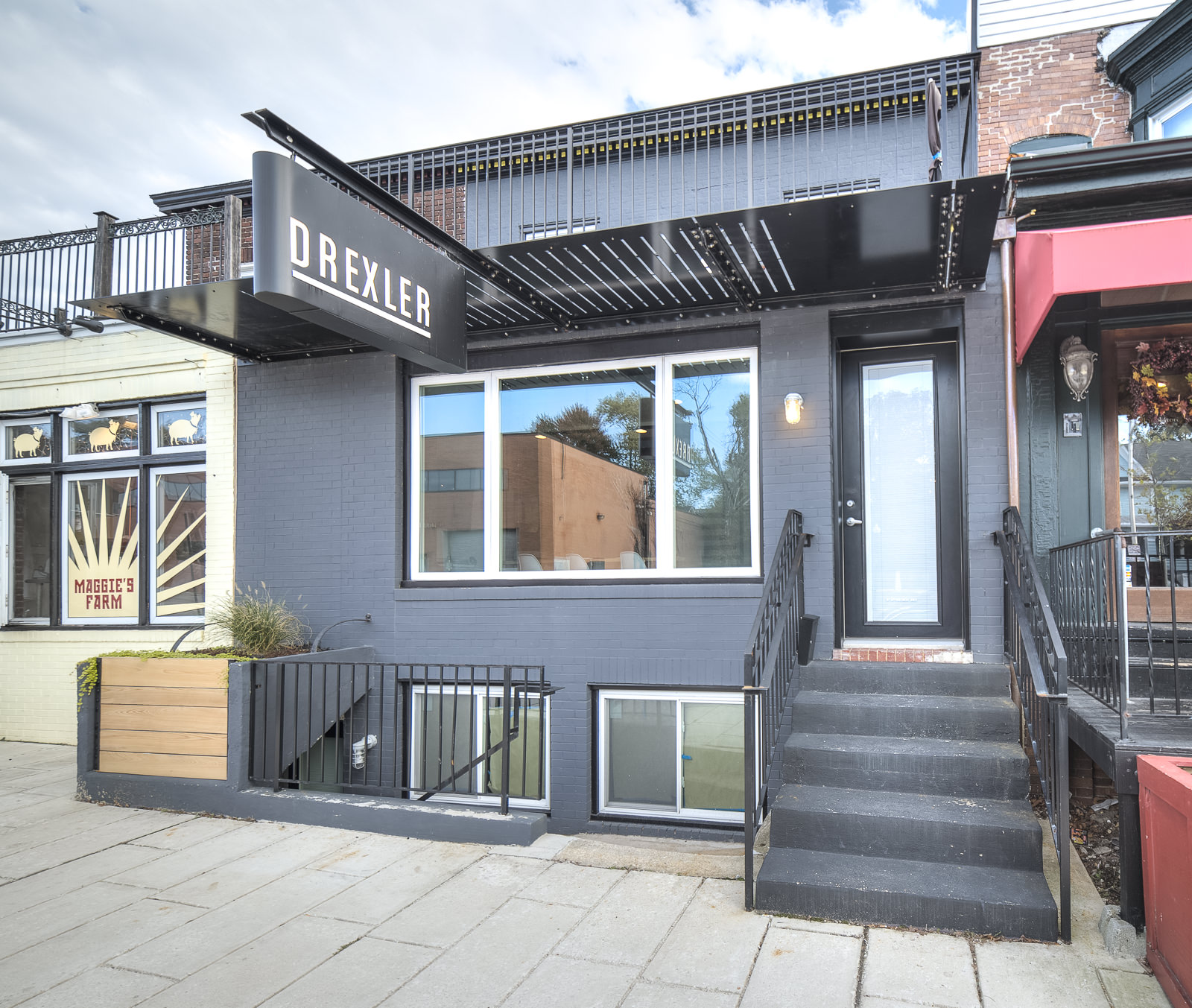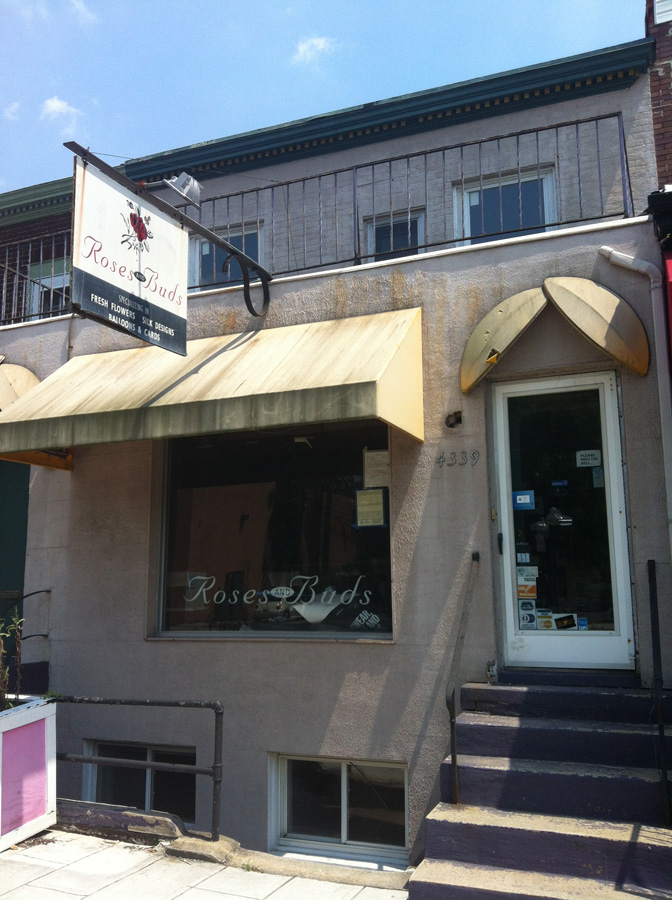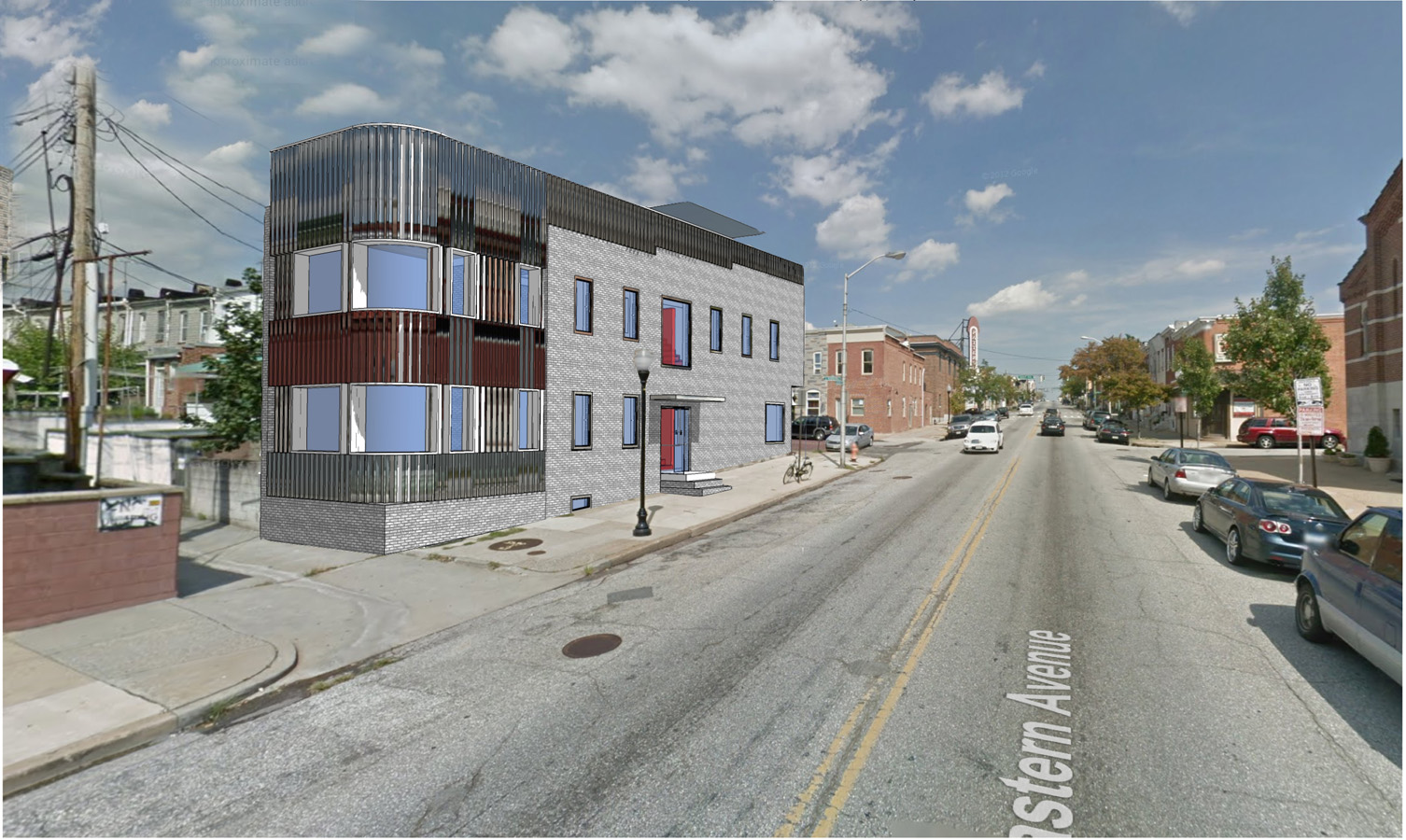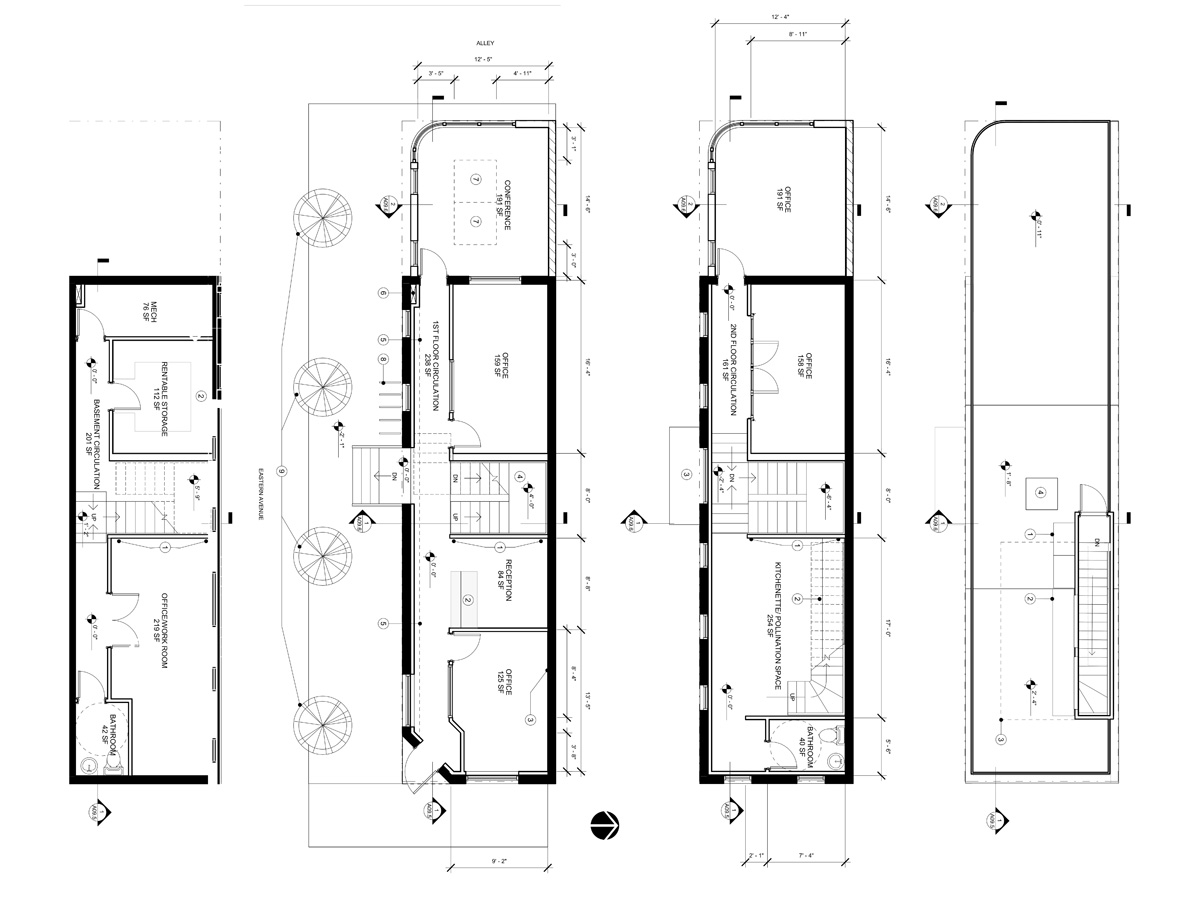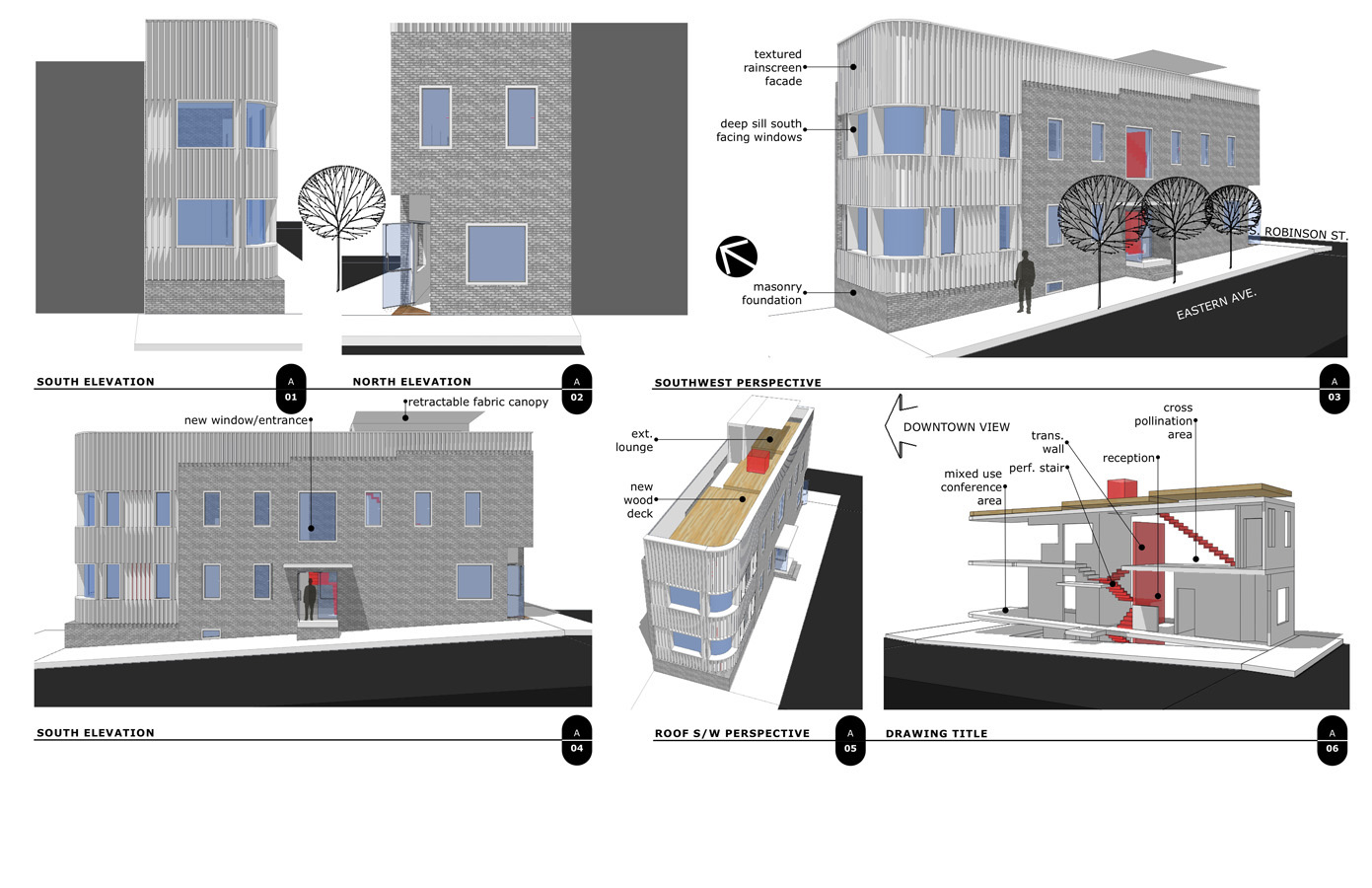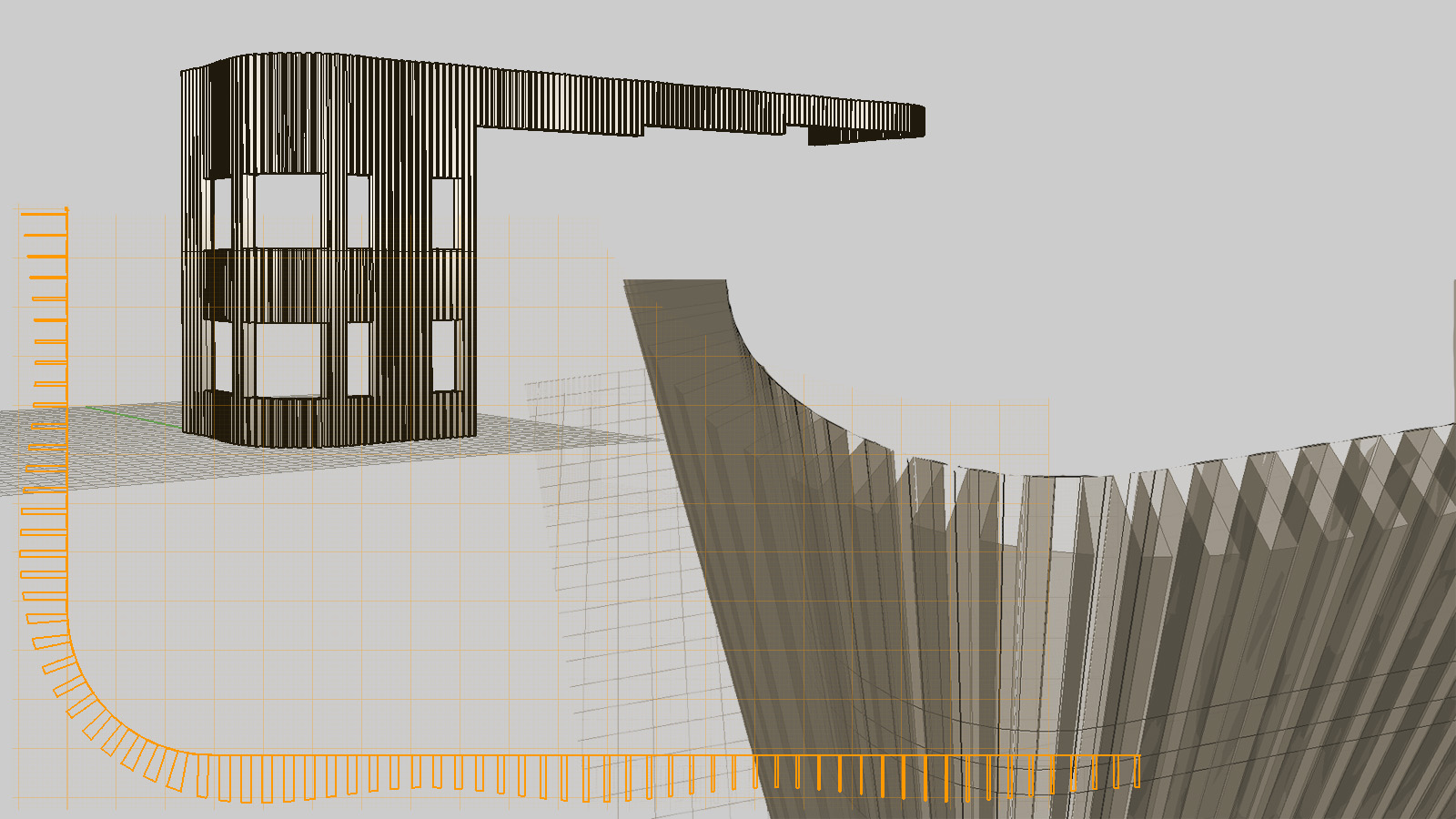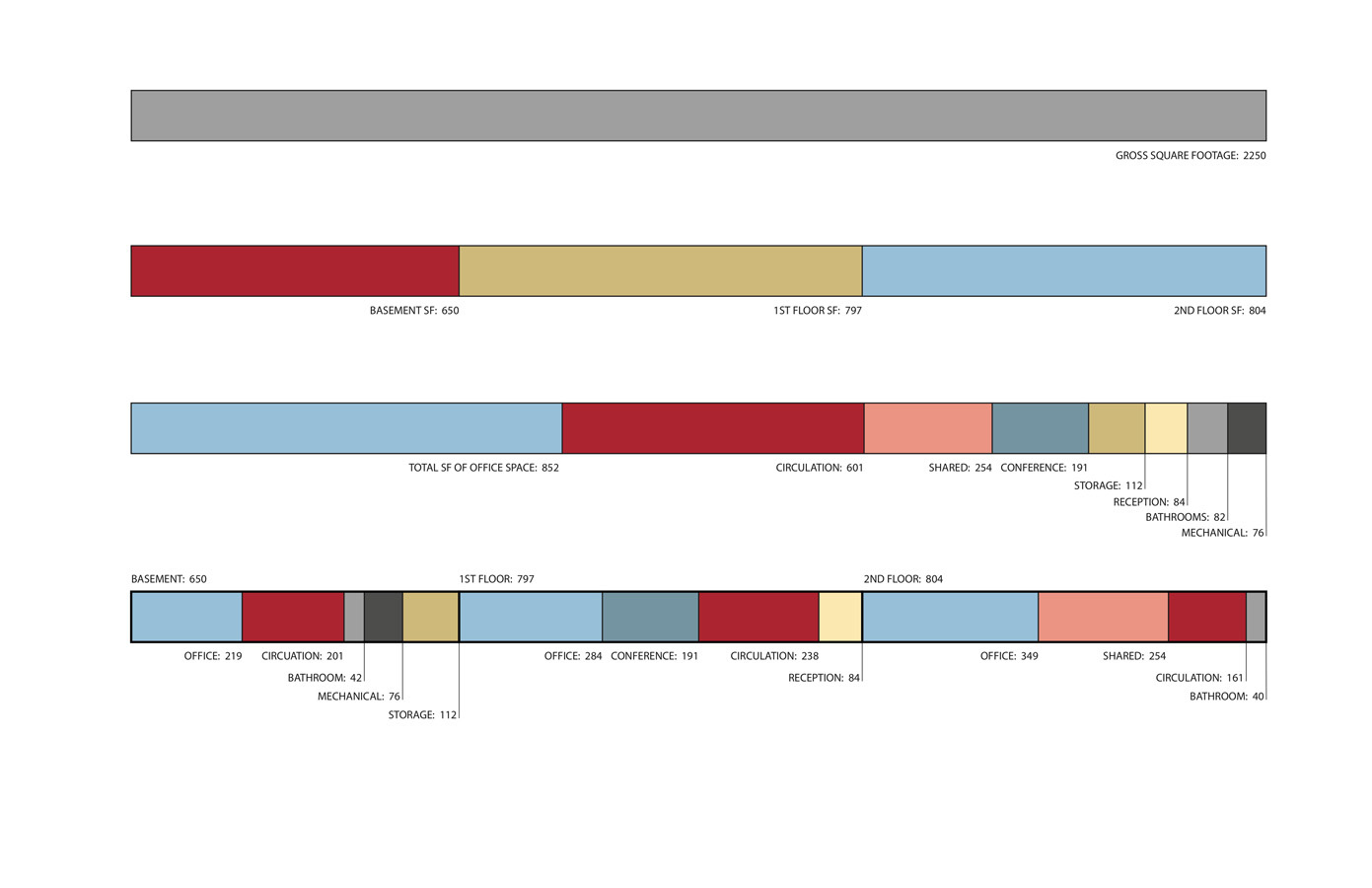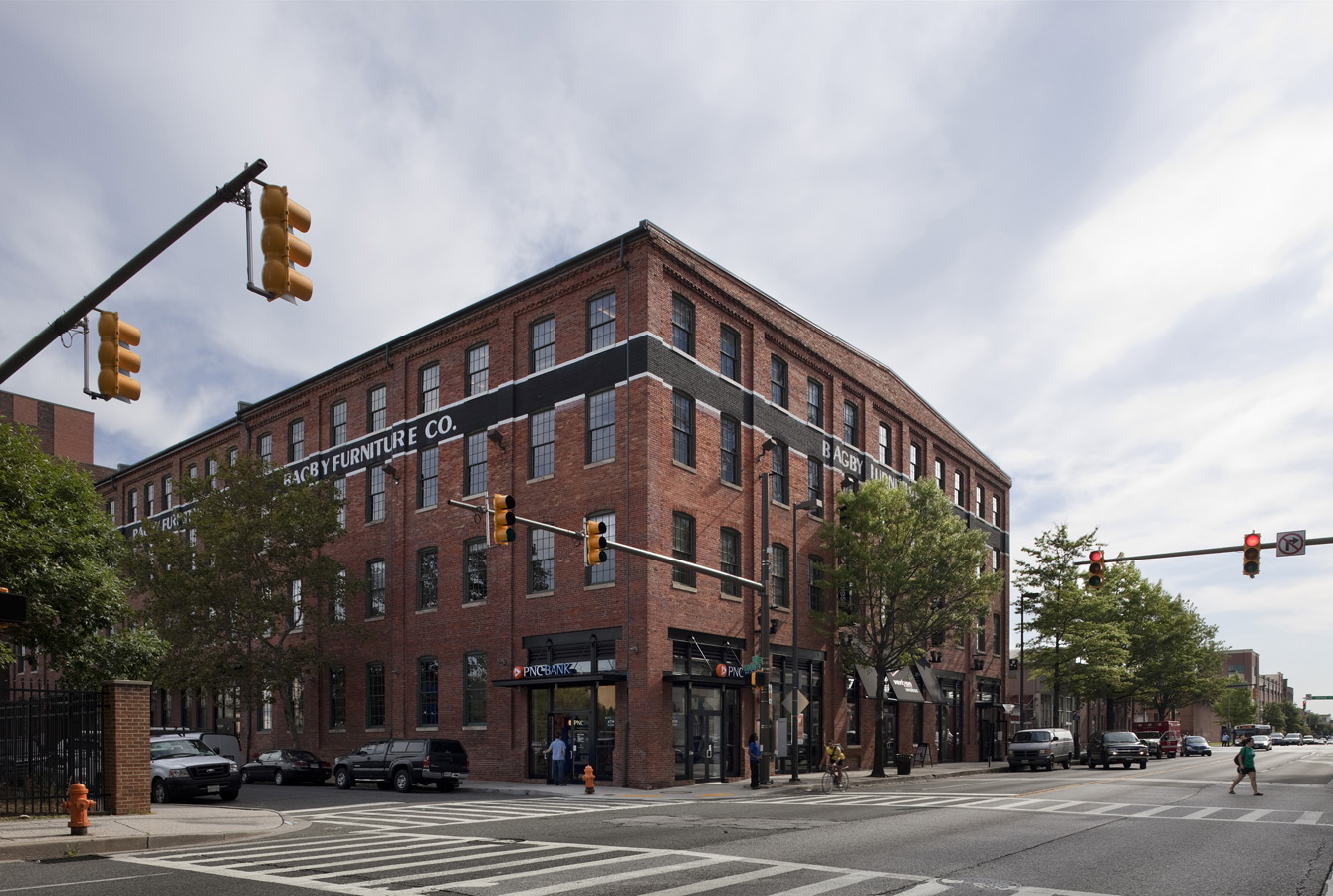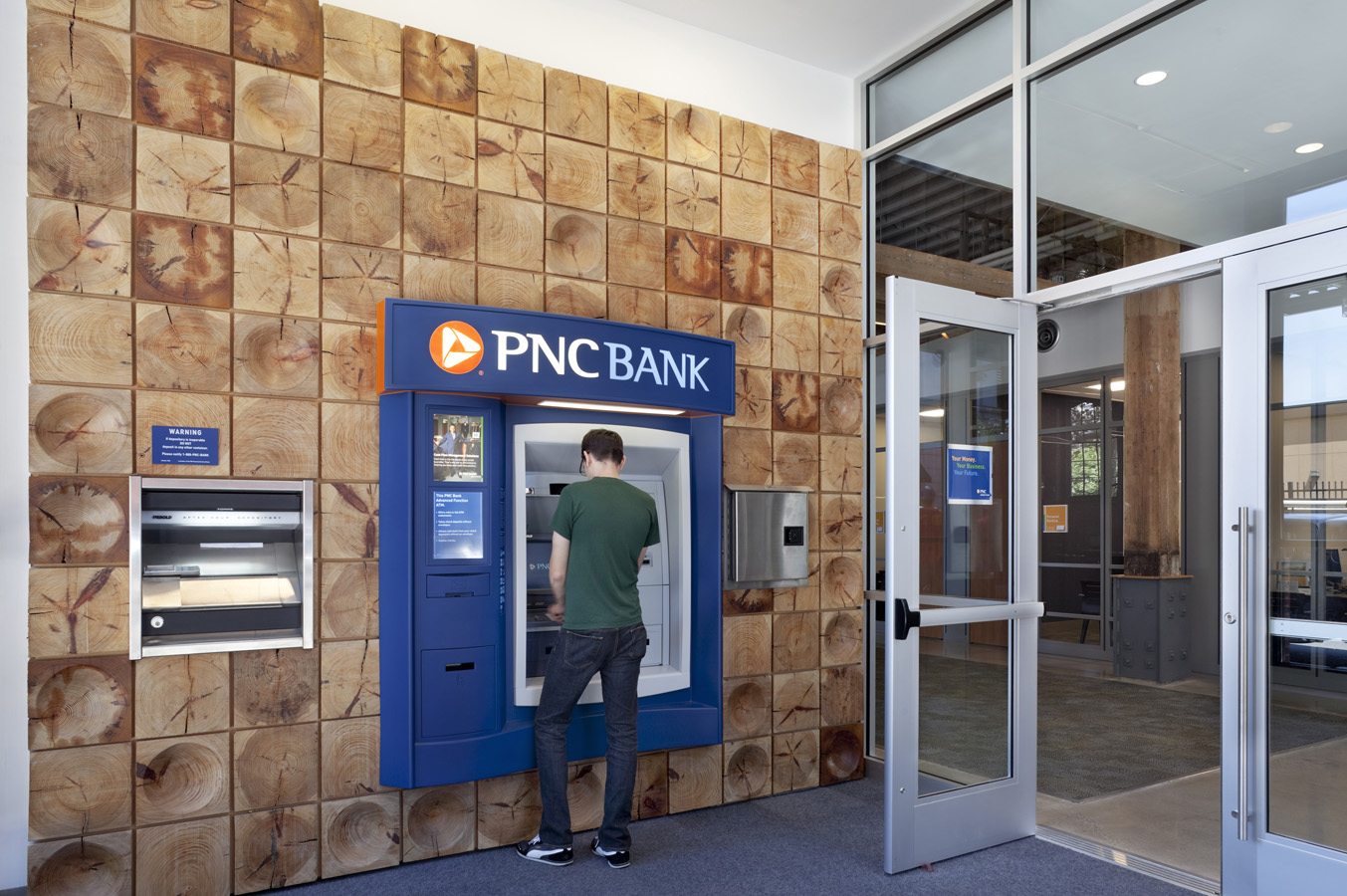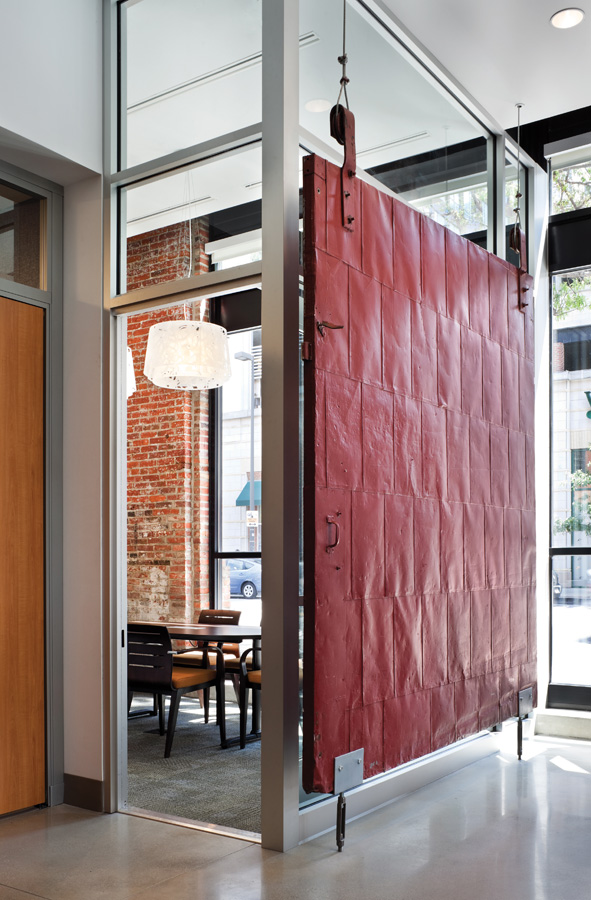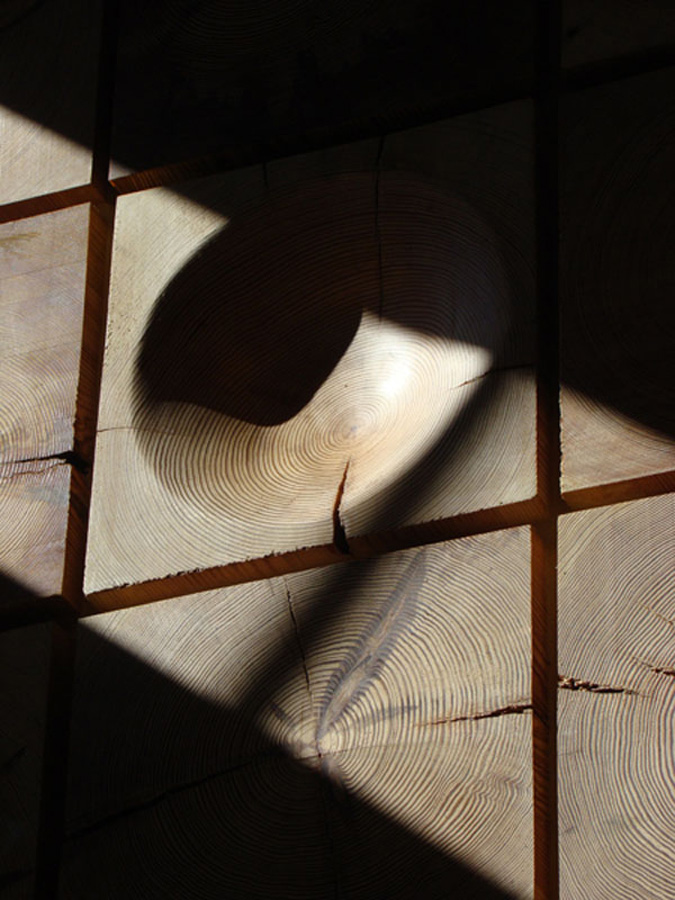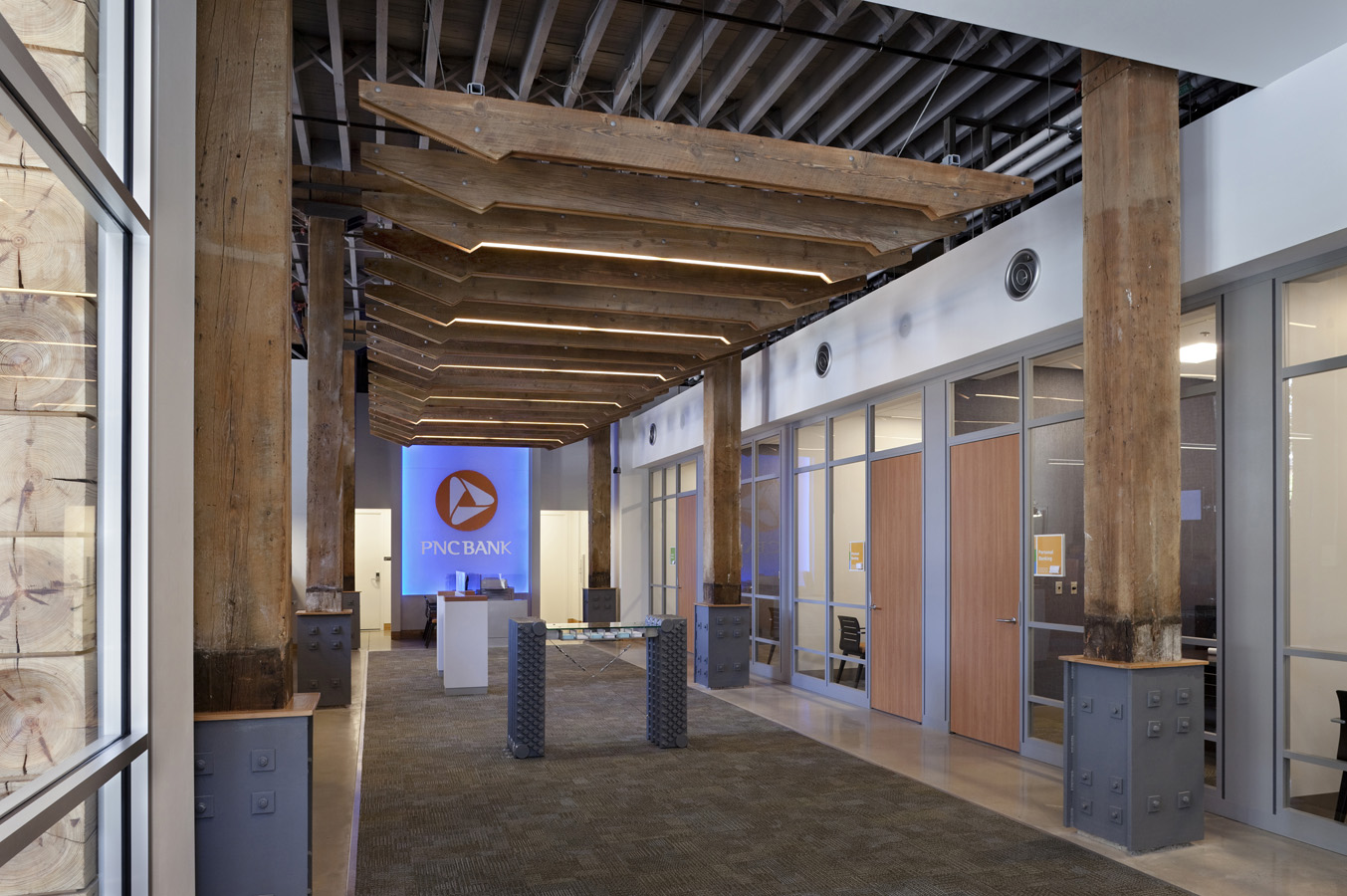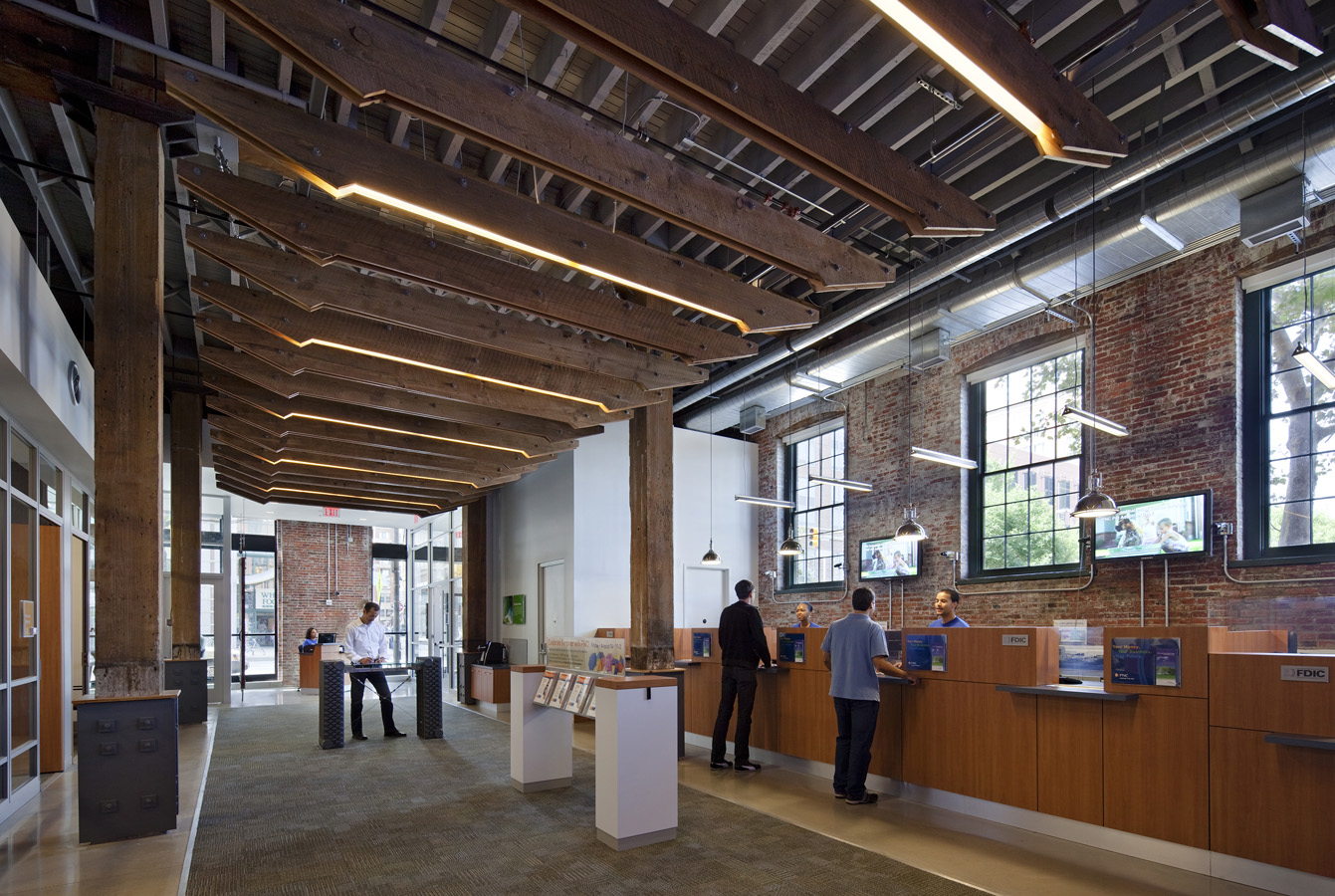Phone · 540-239-2336
J.Neal Architecture & Design
Email · Admin@JNeal
Copper Kettle
2018 Location: Bryce Resort - Mt. Jackson, VA Project Type: Commercial - Restaurant and Bar Renovation Project Size:+/-4,000sq.ft.

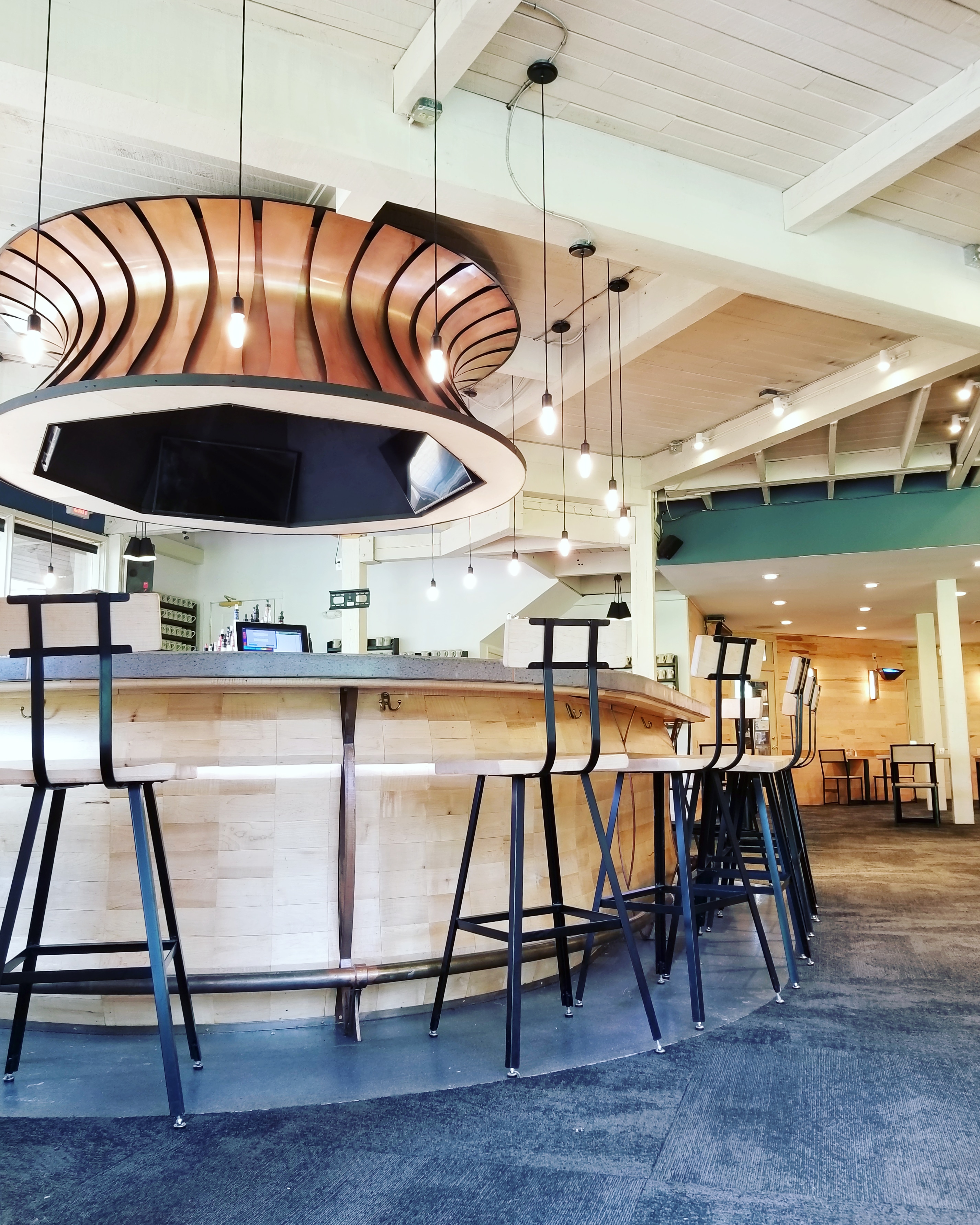
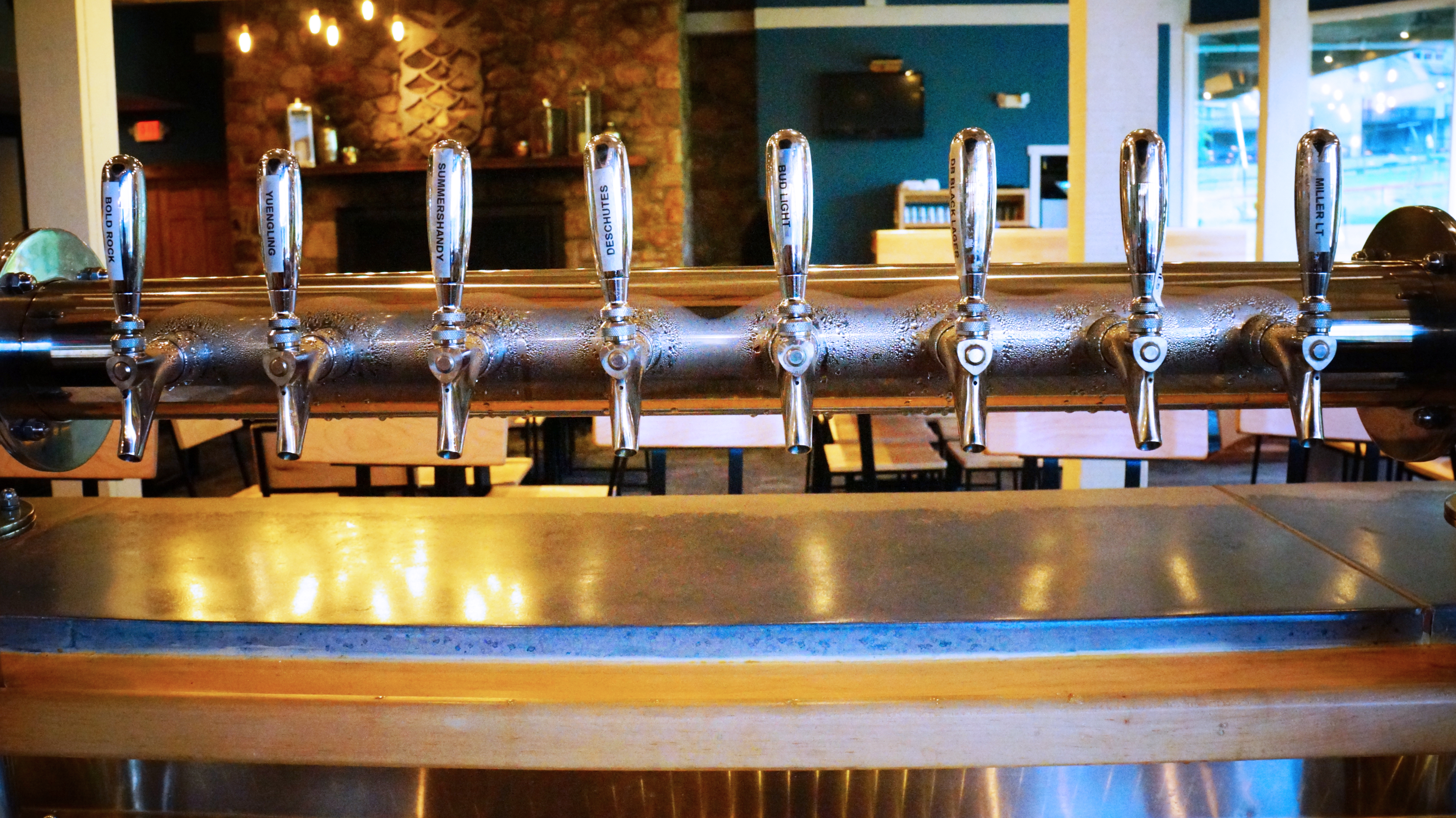
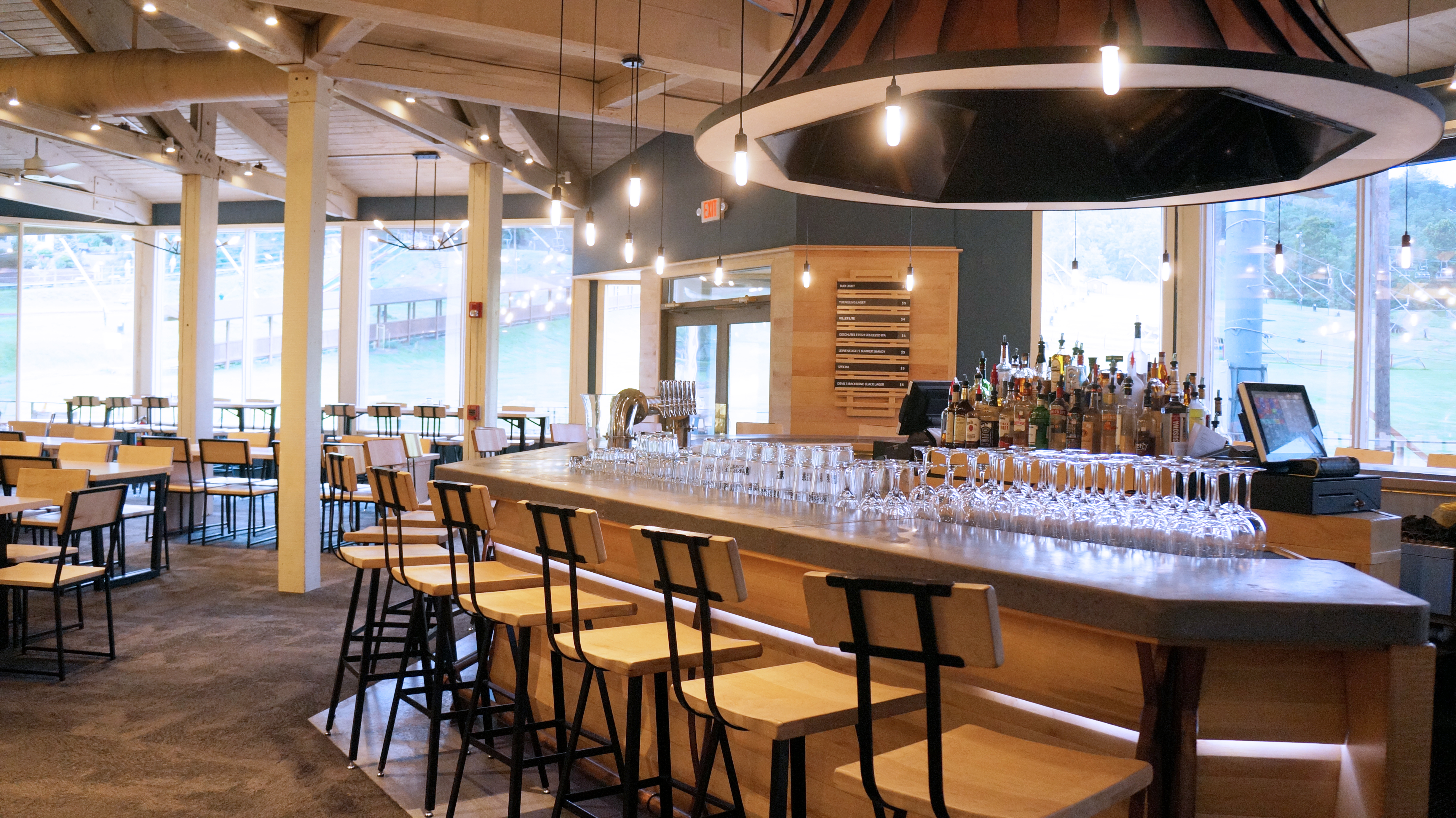
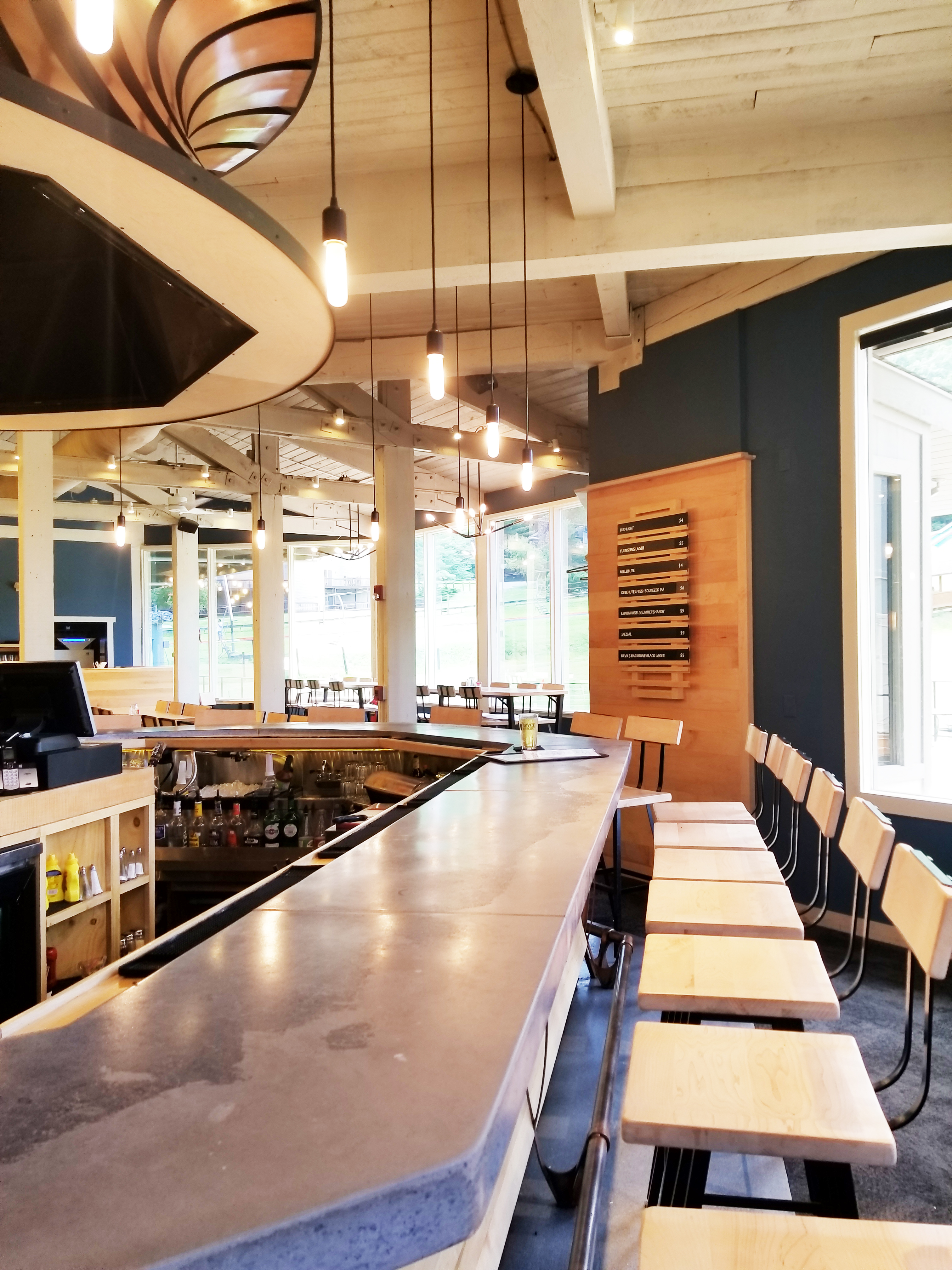
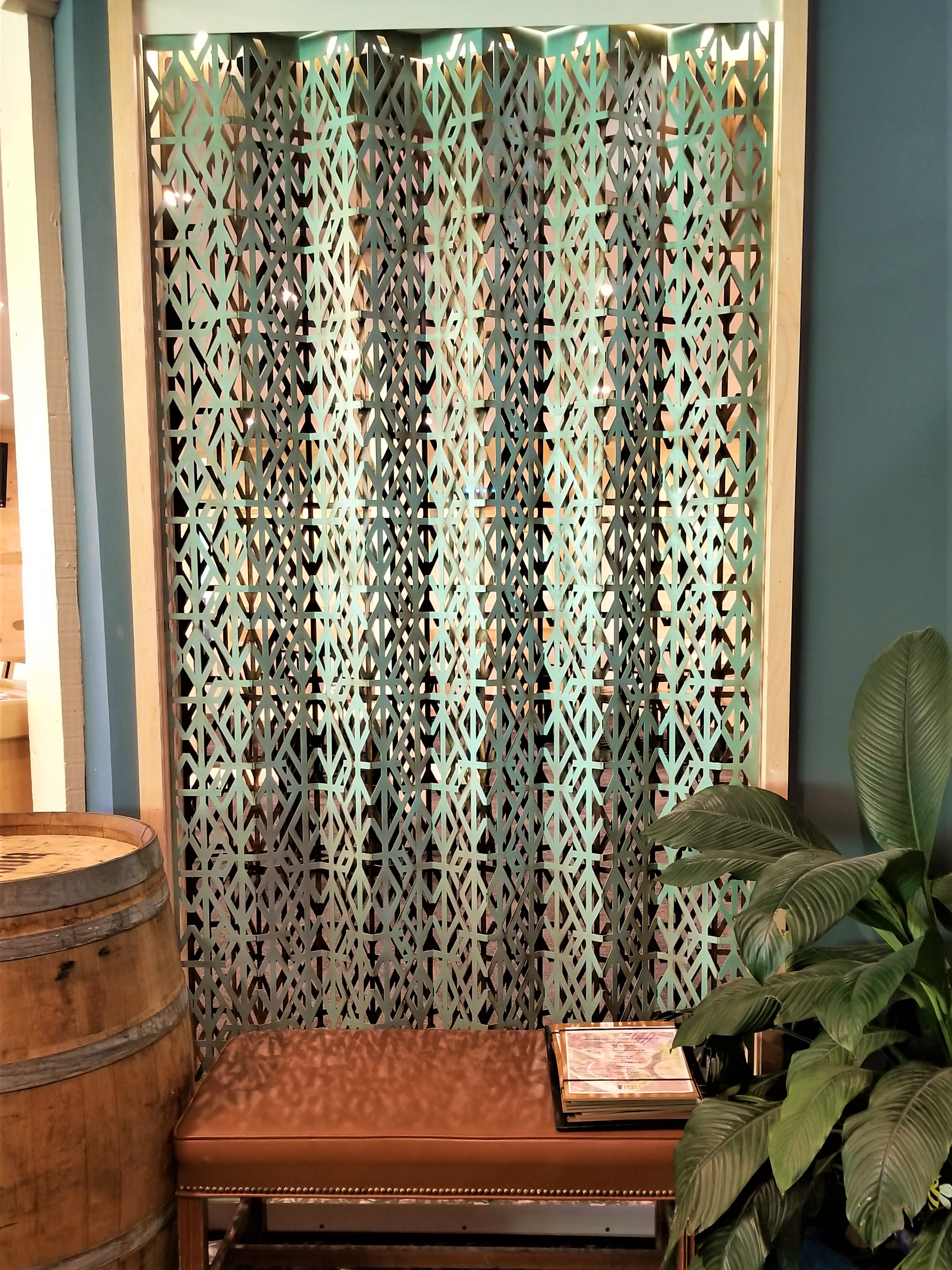
Project X
MPower Yoga
A complete renovation on the ground floor of Baltimore’s Natty Boh Tower located in Canton, Baltimore, Mpower Yoga has been a game changing challenge and real privilege to work through. A close working relationship with the client lent towards a fast track design-build process yielding a high level of quality, customization, and coordination of comprehensive mechanical systems to best meet the needs of a hot yoga studio. The end product included two hot studio classrooms, fully equipped locker rooms, lounge and retail space, as well as back of house administrative functionality and storage. Despite the challenges of working within the constraints of an existing, and smaller than hoped for space, we were able to wrap the project up from schematic design to complete construction within a year’s time.
Key features of the design include tediously curated lighting and materials throughout the space, to make the most of a packed program with limited square footage, while still being conscious of time and budget. The main studio includes a fully integrated design system which coordinates radiant heating units, dimmable lighting, and acoustic systems/buffering for optimized comfort during full classes. Special consideration was taken as to the layout and materials of the studio to incorporate the client’s intent to have live music during classes. The main entrance with reception and retail was also carefully planned to utilize a custom fabricated steel retail display system affording flexibility of display.
The material palette for the space was kept conscientiously simple so as to respect and not overcrowd the existing space. Feature materials include, thoughtfully exposed brick, cork flooring in the studio, fantoni panel systems in both studios, exposed structural CLTs, and custom fabricated steel.
Woodstock Brewhouse
In Woodstock, VA – hometown of firm owner Jason Neal – we were contacted to document and provide concept for the conversion of the historic (1920s) denim factory into a contemporary brewhouse and event space.
Particularities of the project include coordinating specialized mechanical equipment unique to the brewing process in a way that conscientiously engages the main gathering space to be both an interesting facet of design, and informative of the brewing process for future patrons. Also included is needed administrative/office space, a variety of storage options for brewing ingredients, finished product, and bottles, a full size commercial kitchen, ample bar top, and a main hall with adjunct VIP gathering space.
The WBH or Woodstock Brewhouse was conceived out of the acquisition of a former television studio in the small town of Woodstock, VA. A group of friends and investors consulted with our firm to fast track a design to get their brewing capacities and event space up and running. Not only did this space require coordination for all essential brewing equipment, and a new commercial kitchen, but also comprehensive investigation and understanding of zoning capacities, fire safety codes, and historic contingencies for the blending use of production and event staging.
Dreadnaught Artist Studios
This feasibility package was produced for a client in order to apply for grant money, and historic tax credits to develop a dilapidated lot with vacant structures into working artist studios, storage and public gallery space. In order to apply for the grant, J.Neal Design was tasked with comprehensive research and reporting as to the current site conditions, and zoning constraints as well as the history of the lot and structure. Our firm produced a design that respected the history of the building while still creating something dynamic for it’s newly intended purpose.
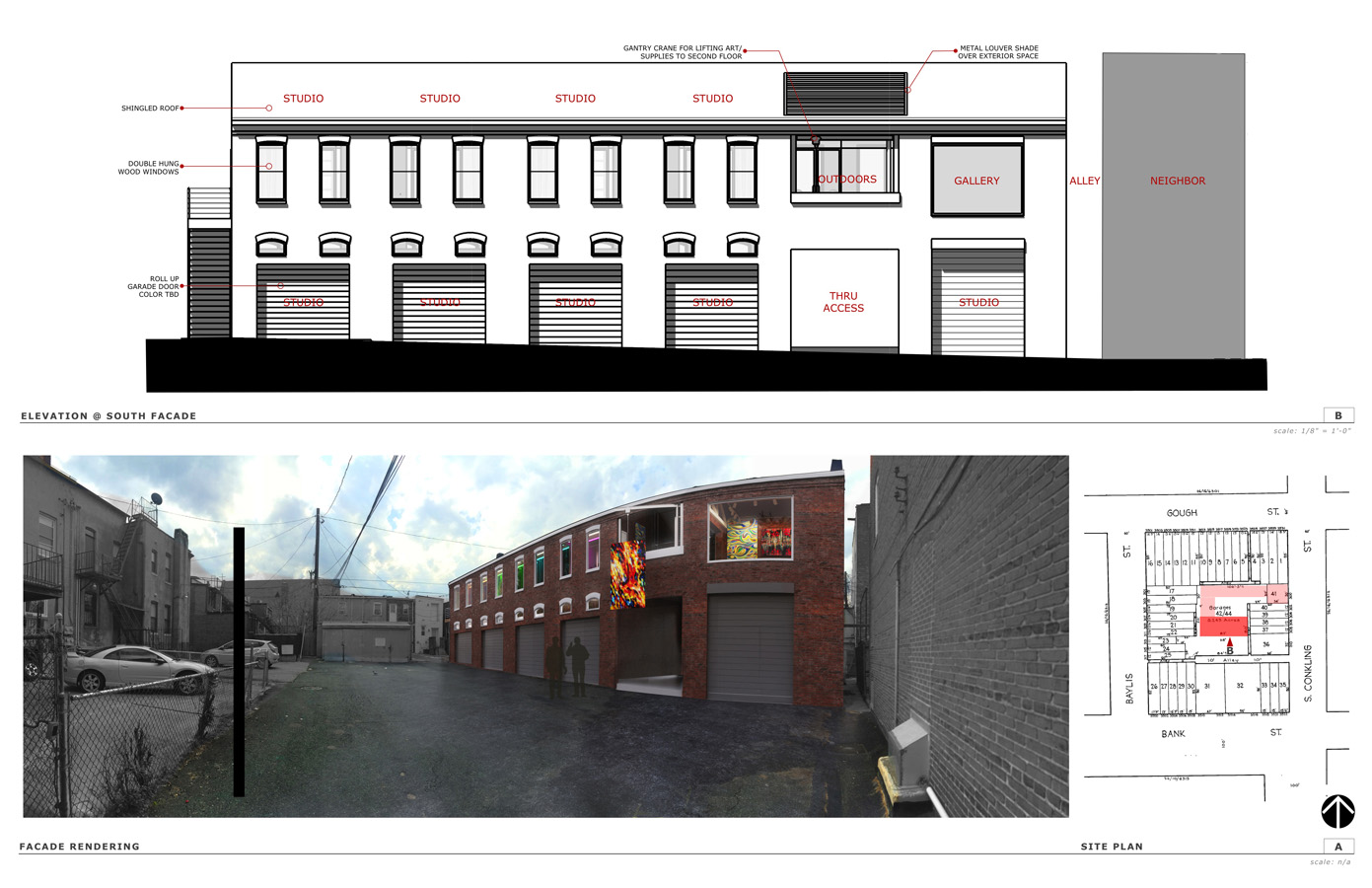
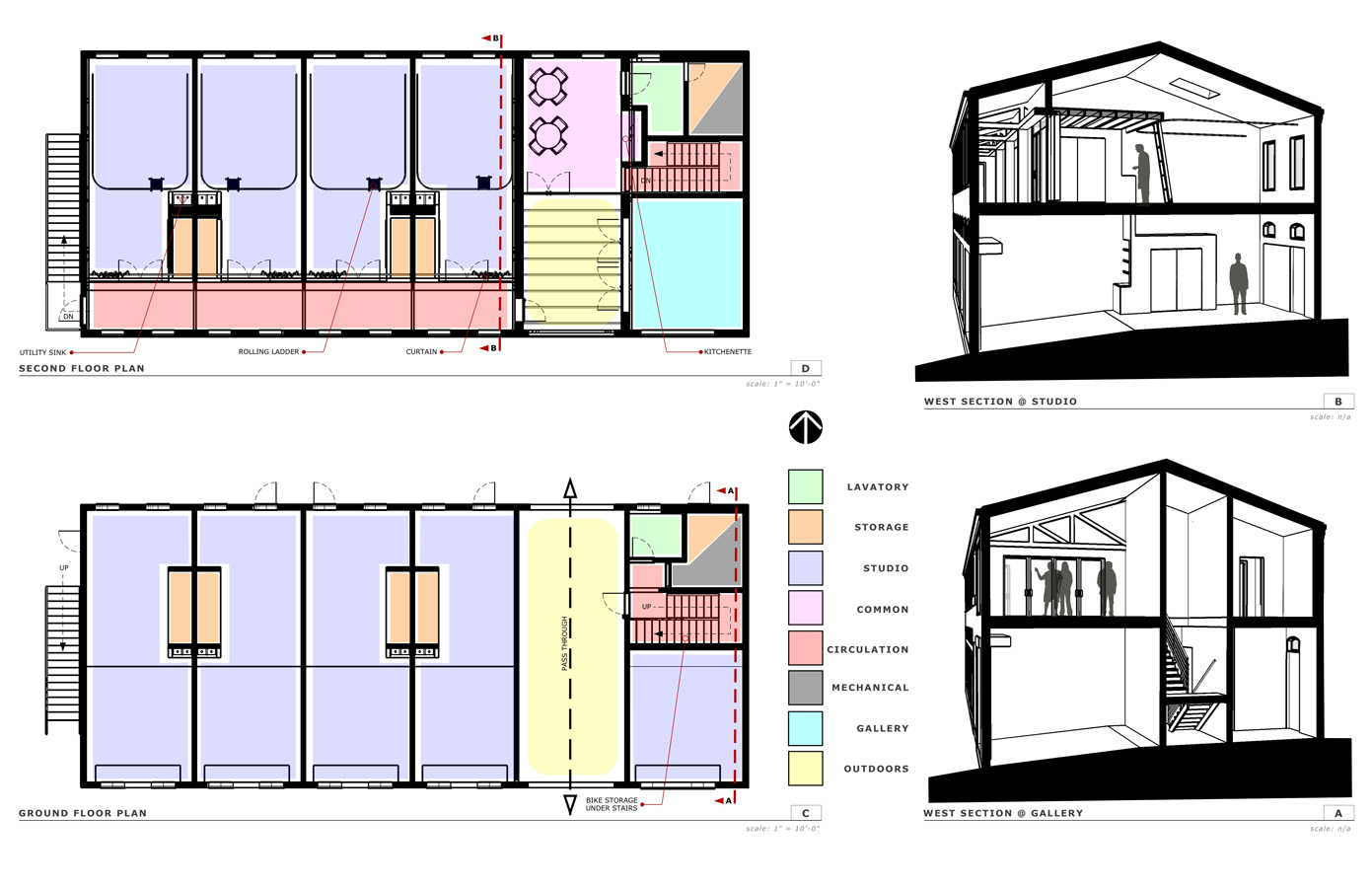
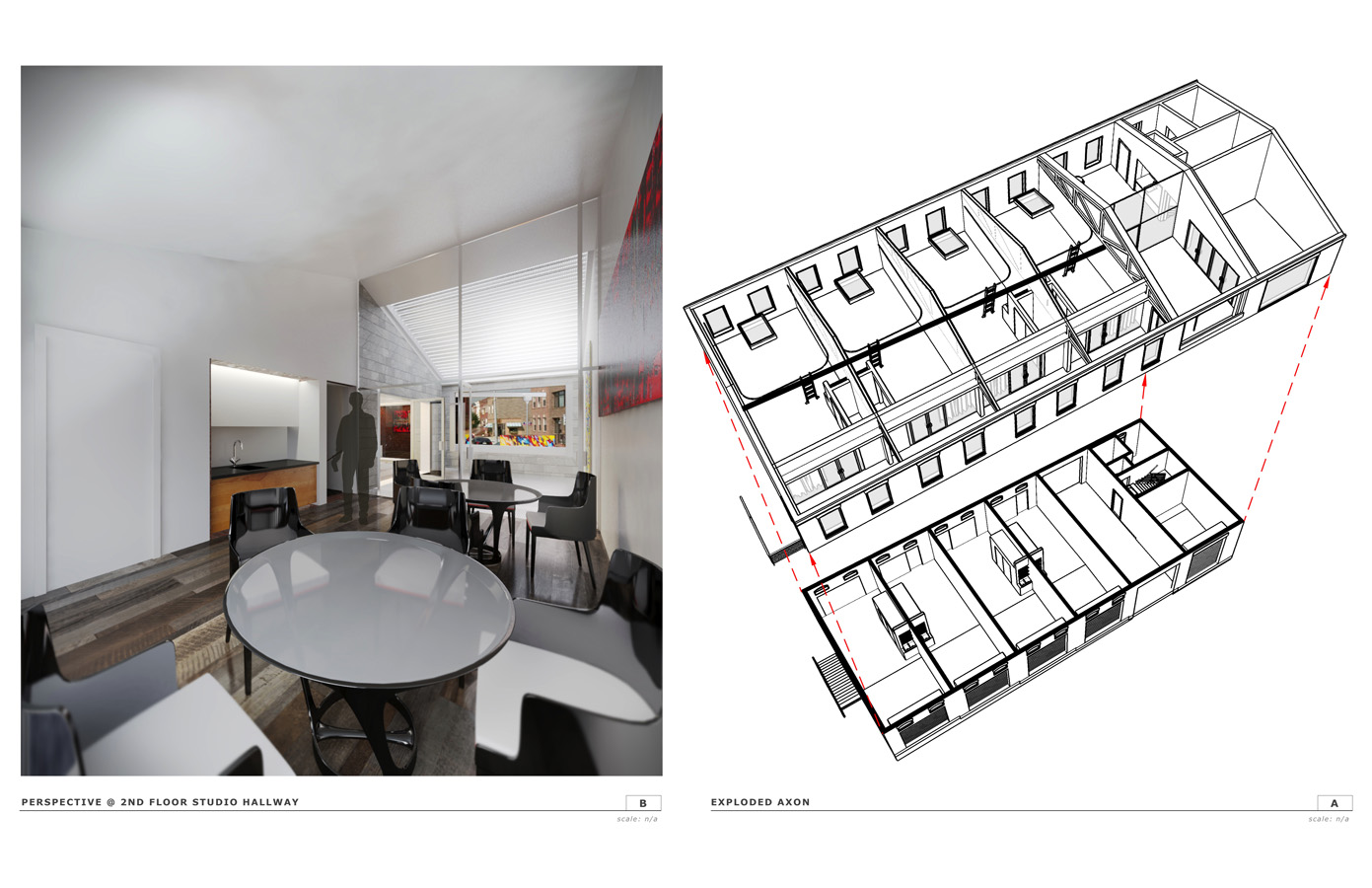
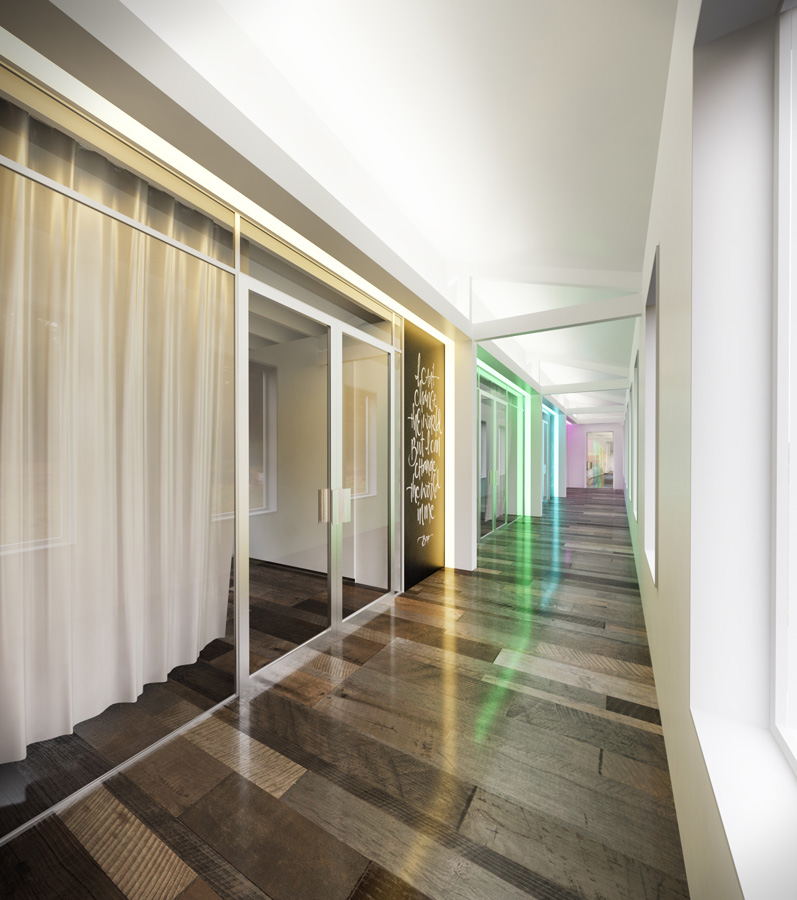
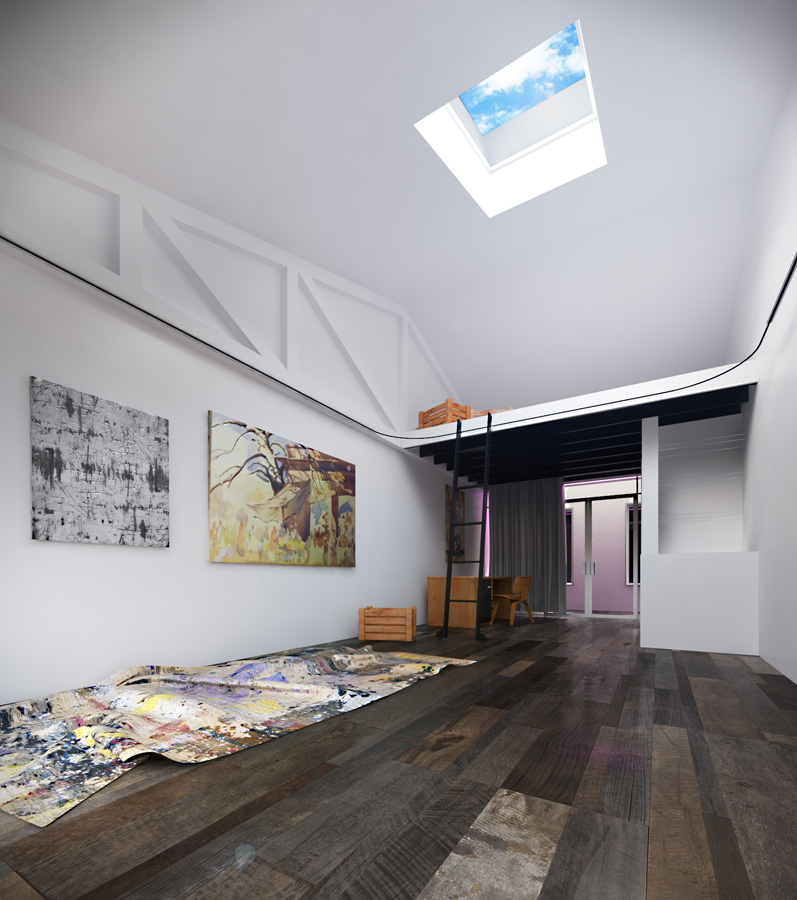
DPLD
Undeveloped property assessed for feasibility as use for a mixed use development including a 4 story high density residential building, parking garage, outdoor space, retail and commercial office space. Located just south of Baltimore’s historic Druid Hill Lake Park settled in the neighborhood of Reservoir Hill.
Before touching design Jneal design did preliminary site analysis, hitting the ground, meeting with neighbors in person, investigating the rich history of the community, diagramming the physical attributes and capacities of the site, as well as assessing what regional code might facilitate. After determining the needs of the community, and the allowances of city ordinance Jneal design married those constraints to provide a scheme including: 100+ residential units as well as commercial space with, daycare, outdoor covered amphitheatre, spiraling garden integrated into parking garage, and first floor street front retail space.
Taking cues from the physical site the proposed massing took advantage the key views available both of the historic Druid Hill Park lakefront and towards downtown Baltimore. Further we designed the complex to react to and compliment the park across the street, becoming a pseudo public extension of the park, and amenity to the community.
The 213
Feasibility study for interior farmers market located on Baltimore street north of downtown. Market proposal included planning and mechanical coordination for mixed use selling space, food storage, event, and classroom space utilizing both spatial and furniture design to meet client expectations.
The proposed feasibility required the of the merger of two vacant properties at the ground and basement levels to create a flexible indoor market sourcing from local suppliers. The scope of this study required projected coordination of a multitude of product types, and spatial usages for the proposed. In addition to exploring needs for market, we also investigated options to facilitate off hours events including educational workshops, private parties, and pop-up gallery events. The nature of this mixed use required forethought in furniture and security needs, as well as mechanical coordination for intermittent refrigeration and plumbing needs at the market.
Drexler
Full renovation and updated facade of an existing commercial structure for use as a graphic design boutique in the Lauraville neighborhood of Baltimore, MD. Formerly a florist the space comprised of two attached structures left vacant and in complete disarray. New structure was carefully allocated to reinforce the space for new occupancy thoughtfully incorporated with the overall design. On the interior reclaimed wood from a nearby VA dismantled historic apple cider mill was used throughout both as flooring material, and stair treads. In the first floor open studio, a custom wood framed kitchenette was designed to incorporate a refrigerator salvaged from the buildings prior use along with a new concrete sink designed and poured by firm principal Jason Neal alongside good friend Rob Robinson of Early Bird Enterprises. On the 2nd floor private offices, and a full kitchen are connected to the street front by a new rooftop/walk out deck engaging the new facade. On the exterior a new fully custom steel sign & awning were digitally fabricated, laser cut and installed by a local artisan fabricator – Majer Metal Works.
The stair treads were cut down from historic wood beams sourced through our firm. For more information on the stair design process and construction please visit our blog post: Drexler Stair Design
For more information on the reclaimed material sourced for the space please visit our blog post: Salvaged Wood
For more information on custom concrete sinks provided through Jneal Design please visit our Industrial Design page.
444 Coworking
After a local developer acquired this corner lot in Highlandtown J.Neal Design was consulted to produce a feasibility study for the potential use of the space as a flexible office and co-working venue. Incorporated into the design was private office, shared office, conference, and shared event space for rent. Additionally provided was summarization of research on local real estate trends, demographics, zoning, as well as a comprehensive programmatic breakdown and design of interior and exterior spaces.
PNC Bank Harbor East
Featured “Architectural Record” Online
Completed while employed at Gensler, Baltimore as Lead Designer
A financial space designed in an industrial era furniture manufacturing plant located in a revitalized district of downtown Baltimore. The design was heavily informed by the original structure and materials affording a new intent to elements from the past and establishing contextual integration. This design process lent to a conscientious concealment and exposure of the original structure, elegantly filling the space with new purpose while still honoring the inherent beauty of what was. Existing materials were uniquely salvaged to give new meaning and purpose to pieces that would otherwise be treated as refuse. By salvaging these select materials, and repurposing, new elements were created enhancing the building’s original character, rather than dissolving it completely.

